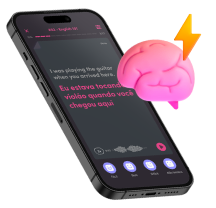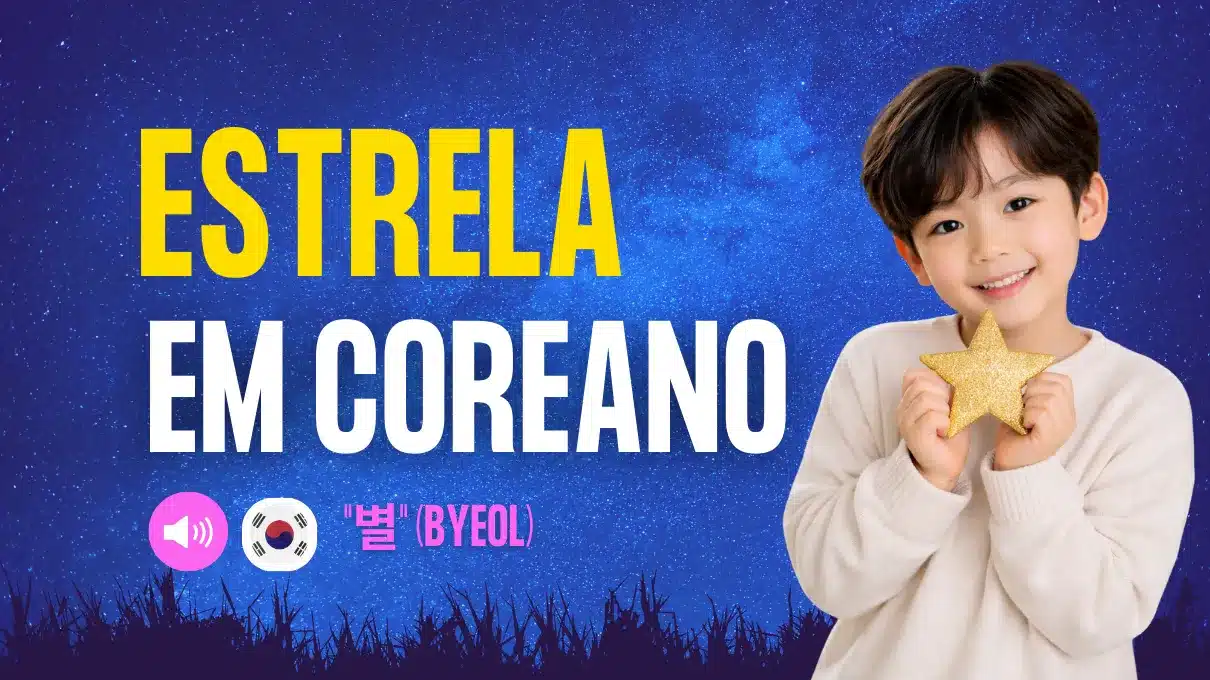Segunda entrevista de emprego
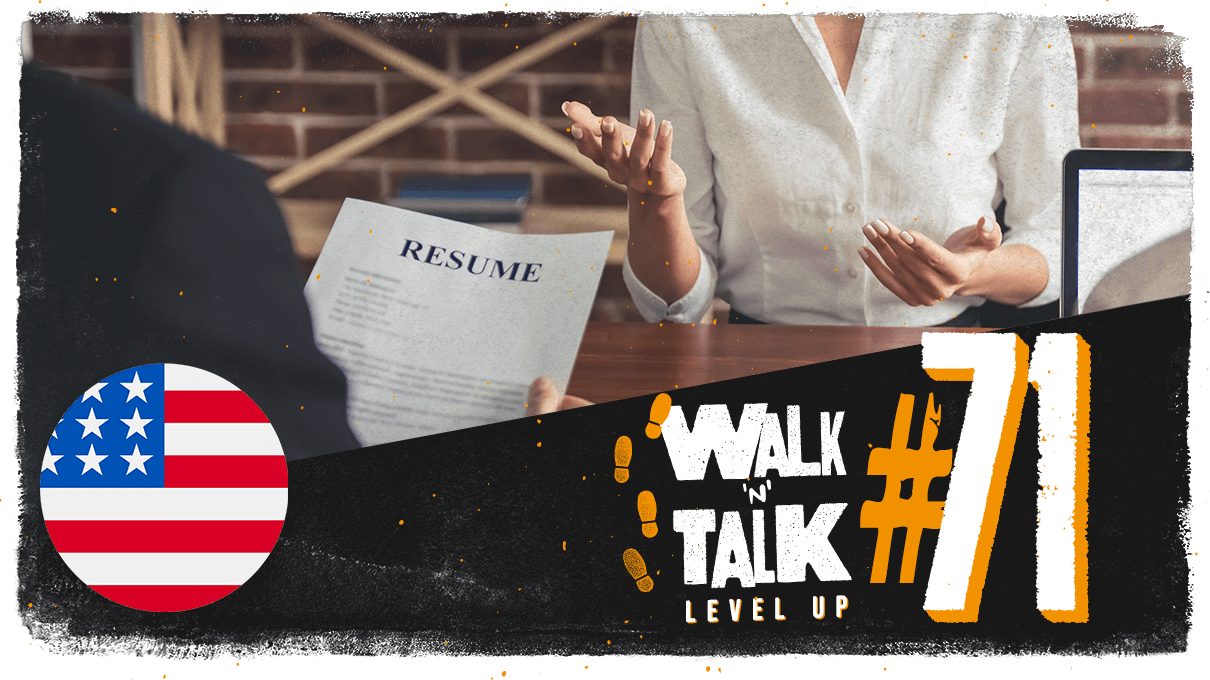
In today’s episode, we’ll see a woman being interviewed for the second time for a job opening!
Navegue pelo conteúdo
Hey there! Ready to get interview-ready and improve your English?
Seja bem-vindo a mais um episódio do Walk ‘n’ Talk Level Up, nosso podcast 100% em inglês! No episódio de hoje, vamos acompanhar uma mulher que está participando de uma entrevista de emprego de acompanhamento — um follow-up interview. Ela já passou por uma primeira etapa e agora está conversando com a entrevistadora sobre suas experiências anteriores, responsabilidades e expectativas.
Prepare-se para aprender expressões muito comuns em ambientes profissionais, além de revisar pontos importantes de gramática como o uso de will, must, such, tag questions e outras construções úteis para entrevistas e conversas formais.
Let’s begin!
Expansão de Vocabulário
Such
Usada para dar ênfase antes de um substantivo. No episódio, foi usada para reforçar a ideia de que ela teve muitas responsabilidades.
Exemplos:
-
You’re such a great leader.
(Você é um líder tão bom.) -
She has such beautiful handwriting.
(Ela tem uma caligrafia tão bonita.)
Short notice
Significa pouco tempo de antecedência, geralmente quando algo é marcado ou solicitado com urgência.
Exemplos:
-
Thank you for coming on such short notice.
(Obrigada por vir com tão pouco aviso.) -
I had to travel for work on short notice.
(Tive que viajar a trabalho com pouco aviso prévio.)
No trouble
Uma forma cortês e informal de dizer “sem problemas” ou “foi um prazer”.
Exemplos:
-
It was no trouble at all.
(Não foi nenhum problema.) -
Fixing it is no trouble, I promise.
(Arrumar isso não é problema nenhum, prometo.)
Follow-up
Refere-se a uma continuação ou acompanhamento de uma ação anterior — como uma entrevista, consulta ou inspeção.
Exemplos:
-
This is a follow-up interview to discuss your availability.
(Esta é uma entrevista de acompanhamento para discutir sua disponibilidade.) -
I have a follow-up appointment with my doctor.
(Tenho uma consulta de acompanhamento com meu médico.)
Ask away
Expressão usada para encorajar alguém a perguntar à vontade — de forma direta e sem medo.
Exemplos:
-
If you have questions, ask away!
(Se você tiver perguntas, pode perguntar!) -
Ask away, I don’t mind.
(Pode perguntar, não me importo.)
Is that right?
Usada para confirmar uma informação que se acredita ser verdadeira. Muito comum em entrevistas ou conversas informais. Pode ser substituída por tag questions.
Exemplos:
-
You worked with marketing before, is that right?
(Você trabalhou com marketing antes, certo?) -
He doesn’t eat meat, does he?
(Ele não come carne, come?)
Must
Como verbo modal, must expressa obrigação, dedução lógica ou algo que é essencial.
Exemplos:
-
You must be tired after all that traveling.
(Você deve estar cansado depois de tanta viagem.) -
You must wear a helmet.
(Você deve usar capacete.)
Have your hands full
Expressão idiomática que significa estar muito ocupado ou sobrecarregado de responsabilidades.
Exemplos:
-
She has her hands full with three kids.
(Ela está ocupadíssima com três filhos.) -
The team had their hands full last week.
(O time esteve sobrecarregado na semana passada.)
Exercícios para praticar
1. Complete com a palavra ou expressão correta:
a) I had to cancel my trip because I was called for an interview on __________.
b) Go ahead, you can __________. I’ll answer anything.
c) The manager said she’ll schedule a __________ call next week.
d) He just started a new job and already has his __________.
2. Traduza para o inglês:
a) Foi sem problema nenhum, estou feliz por estar aqui.
b) Você trabalhou com equipes grandes, certo?
c) Ela deve estar ocupada. Está cheia de responsabilidades.
3. Crie uma frase usando “must” no sentido de dedução.
➡️ Frase: ___________________________________________
Respostas
1.
a) short notice
b) ask away
c) follow-up
d) hands full
2.
a) It was no trouble at all, I’m happy to be here.
b) You worked in big teams, is that right?
c) She must be busy. She has her hands full.
3. Resposta livre. Exemplo: You must be tired after working all night.
Gostou do episódio? Continue sua jornada no idioma e confira nosso curso de inglês completo para se aprofundar ainda mais! 📚
Bye bye!
Fluency Inglês
Playlist
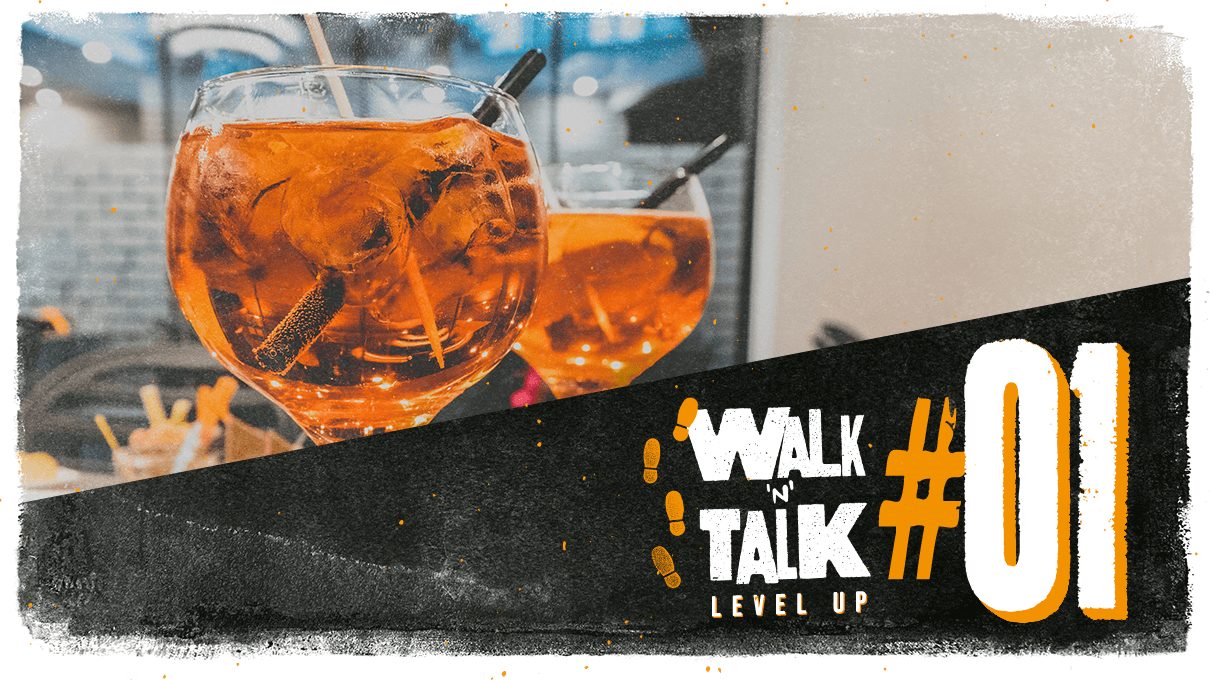
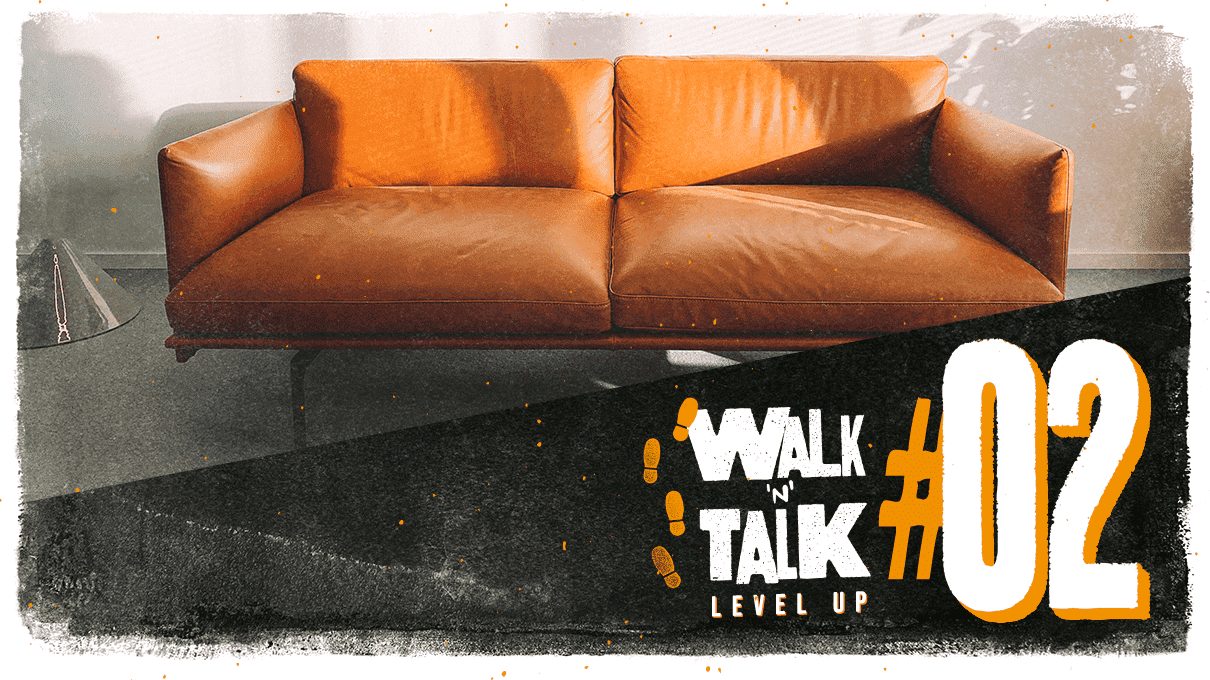
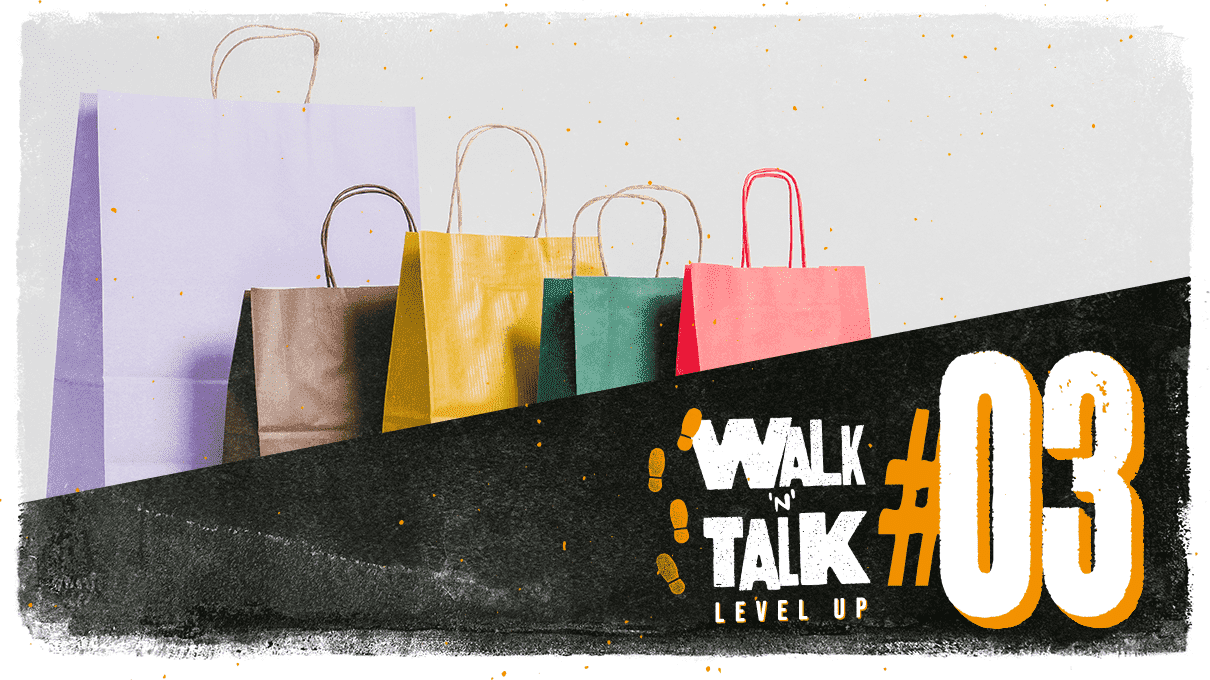
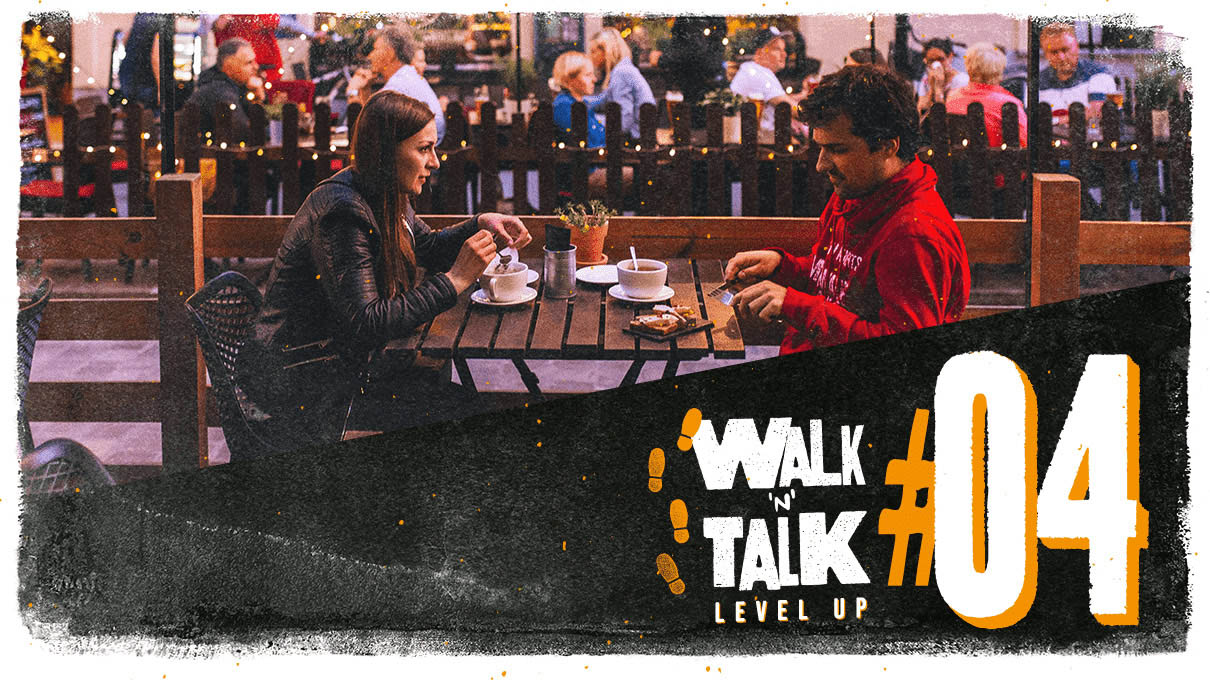
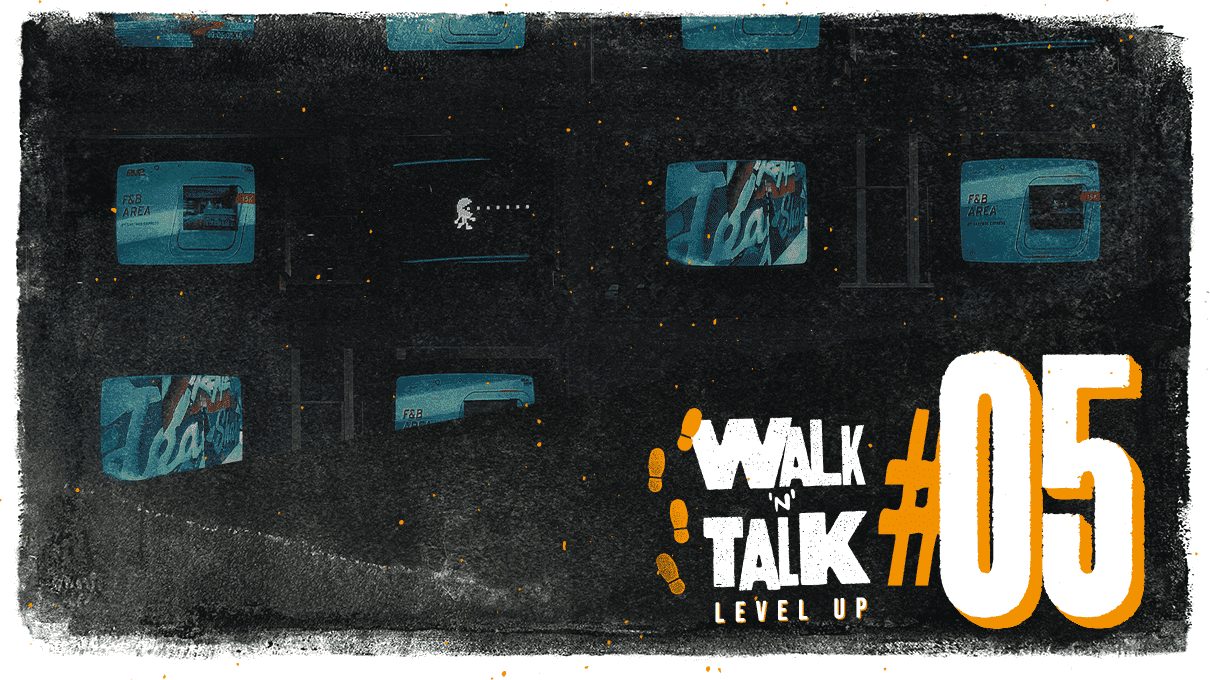
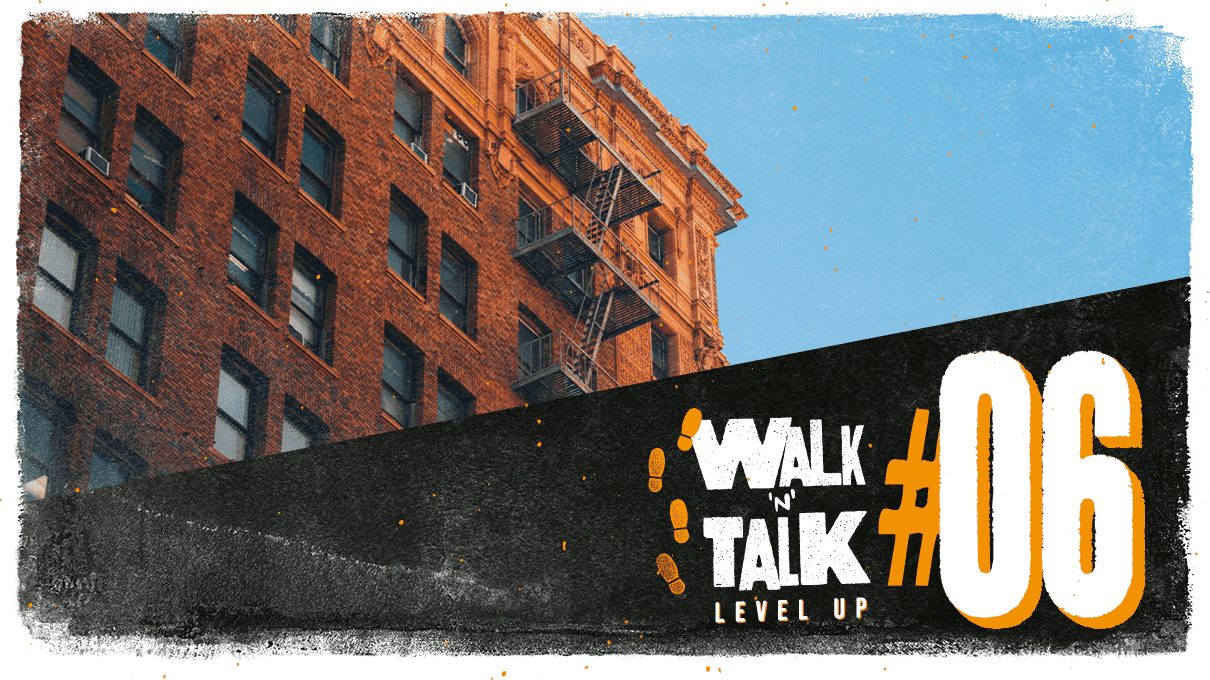
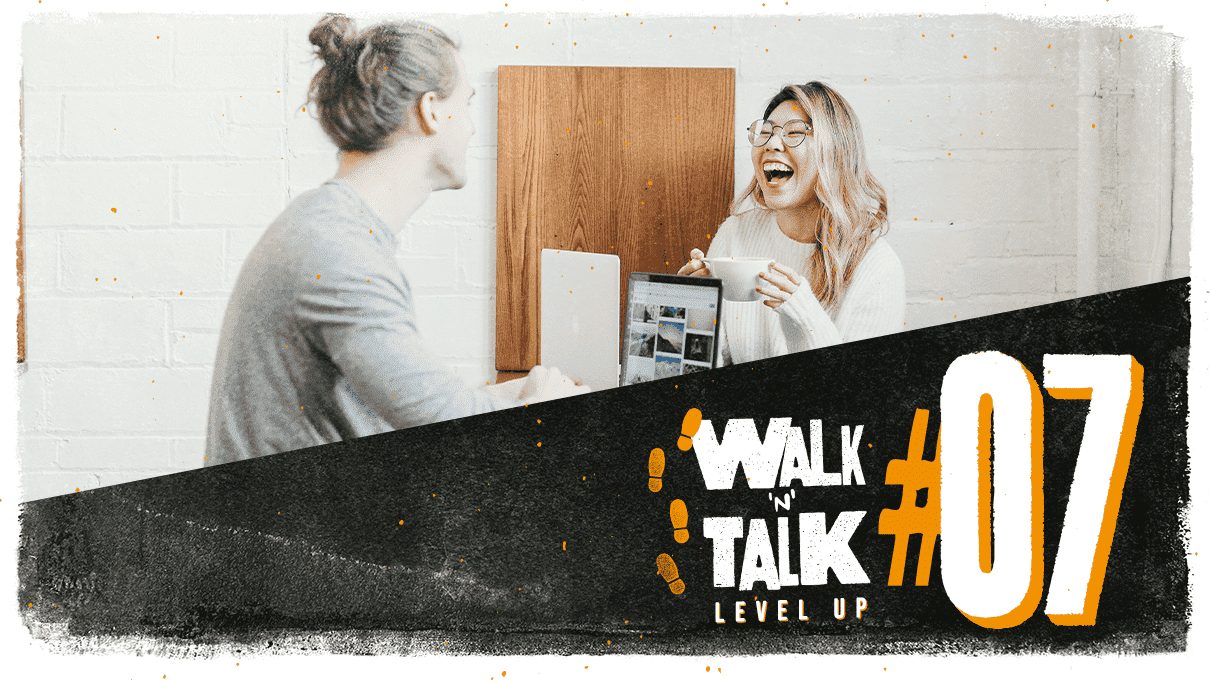

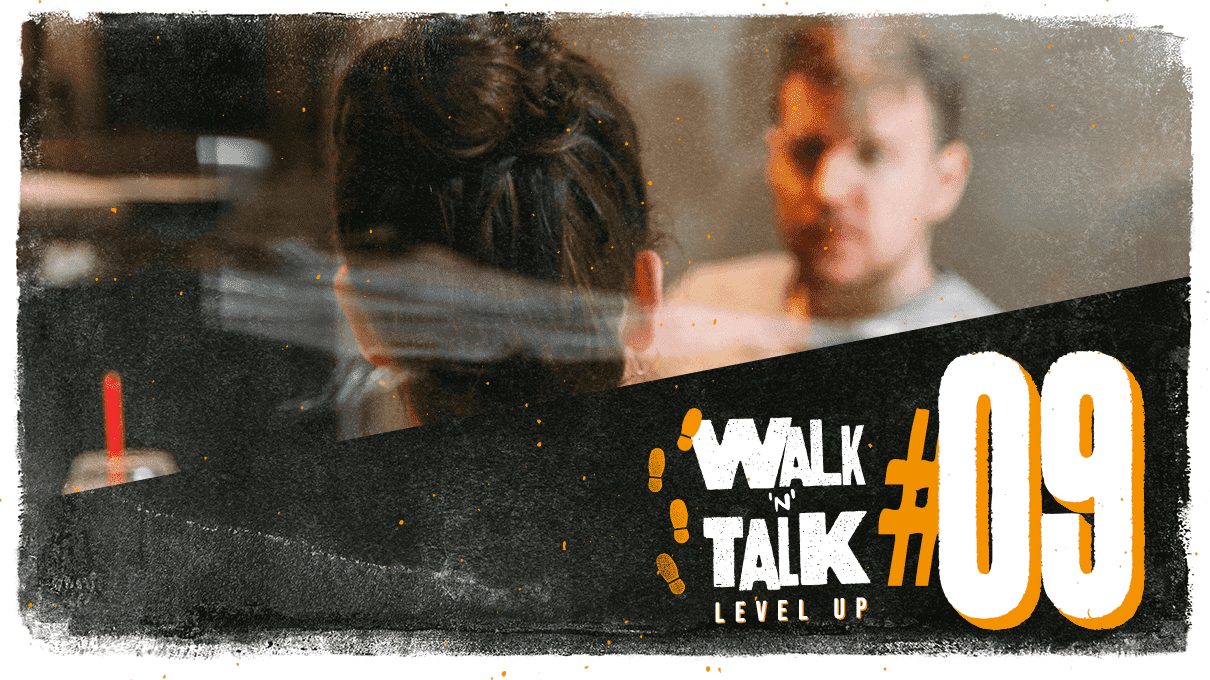
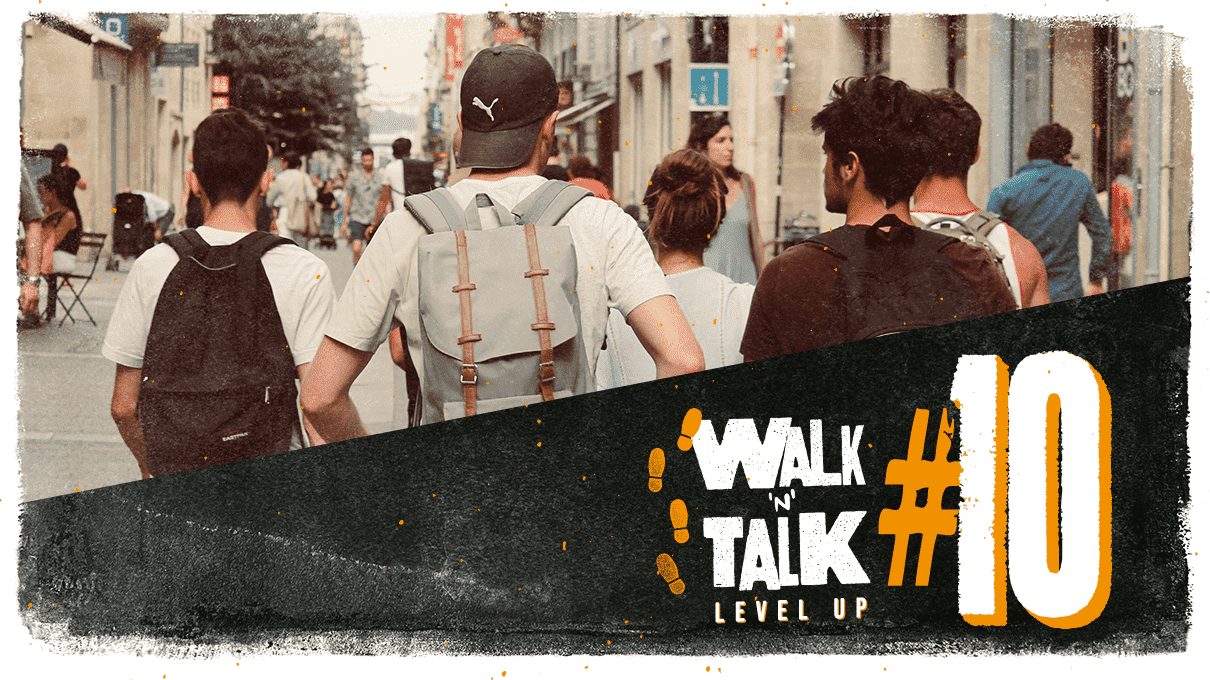
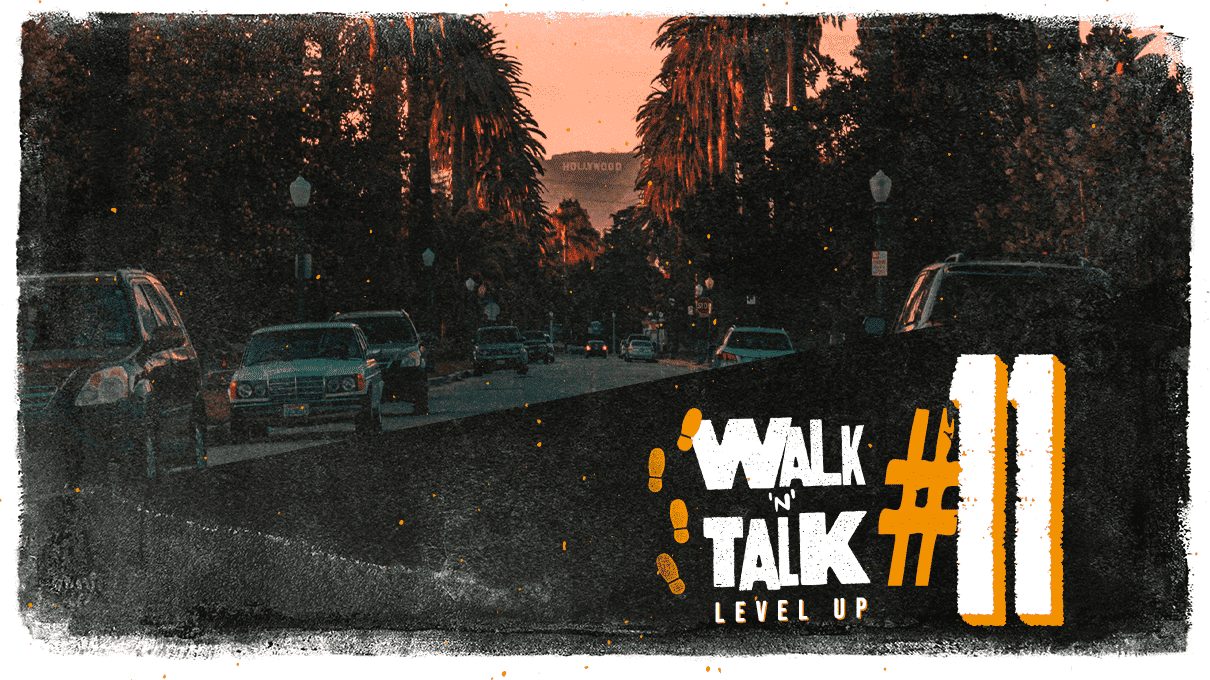
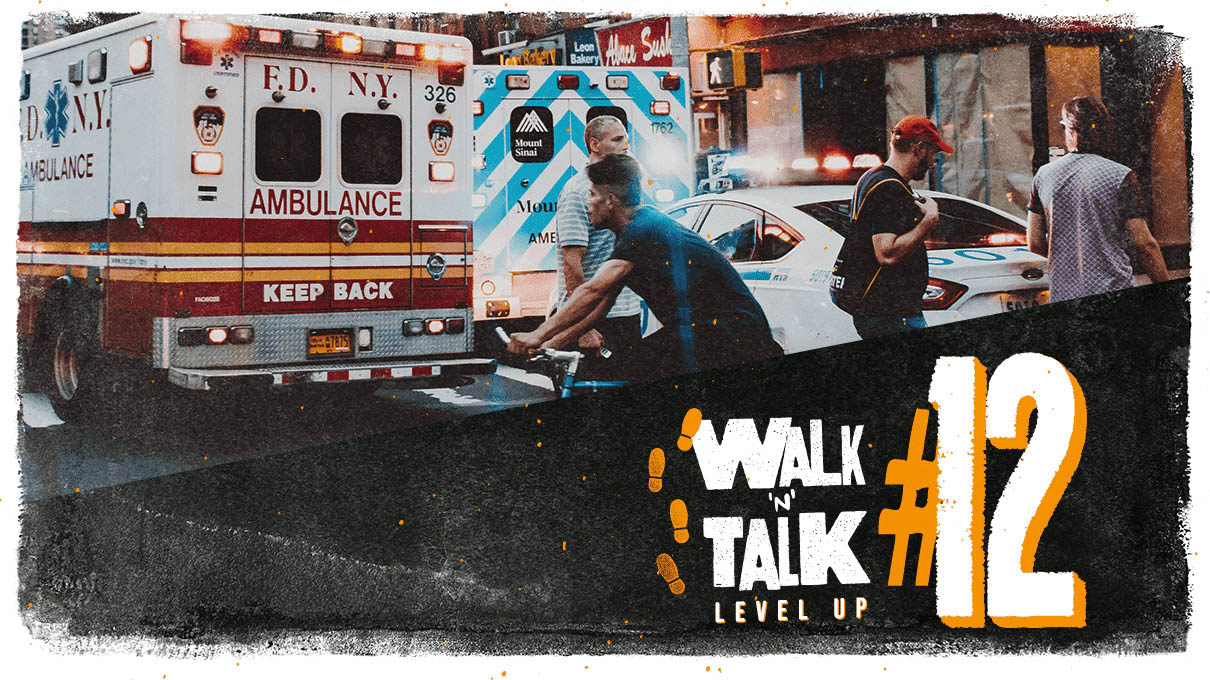
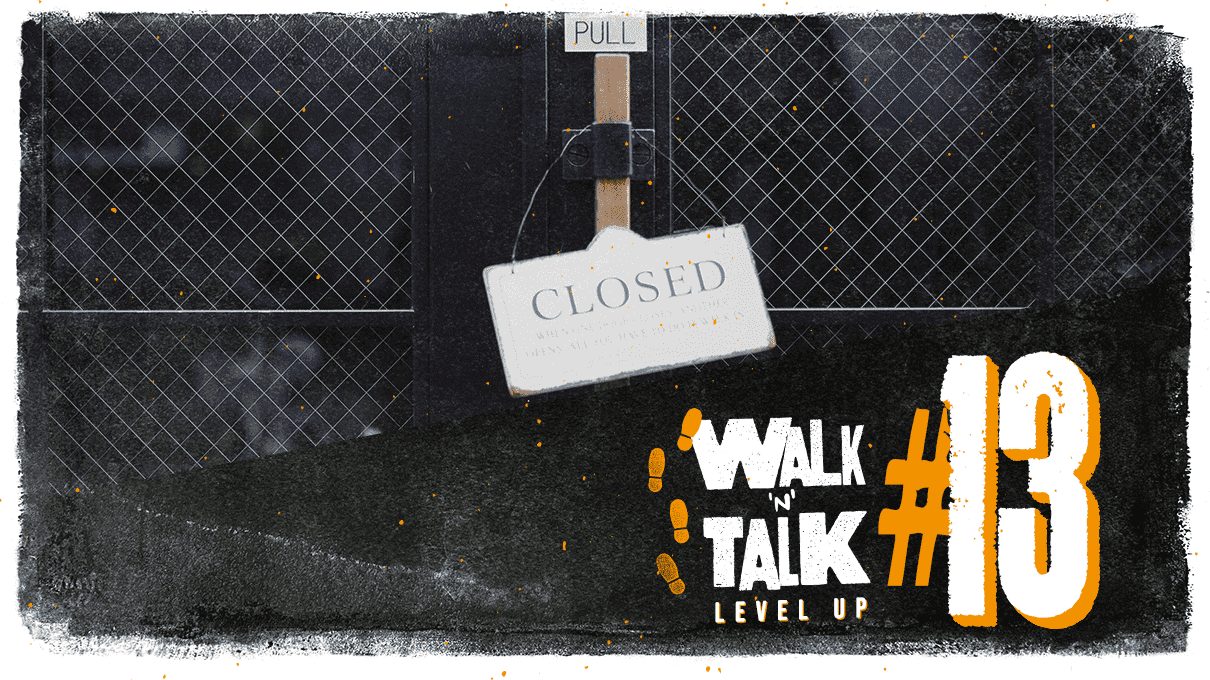
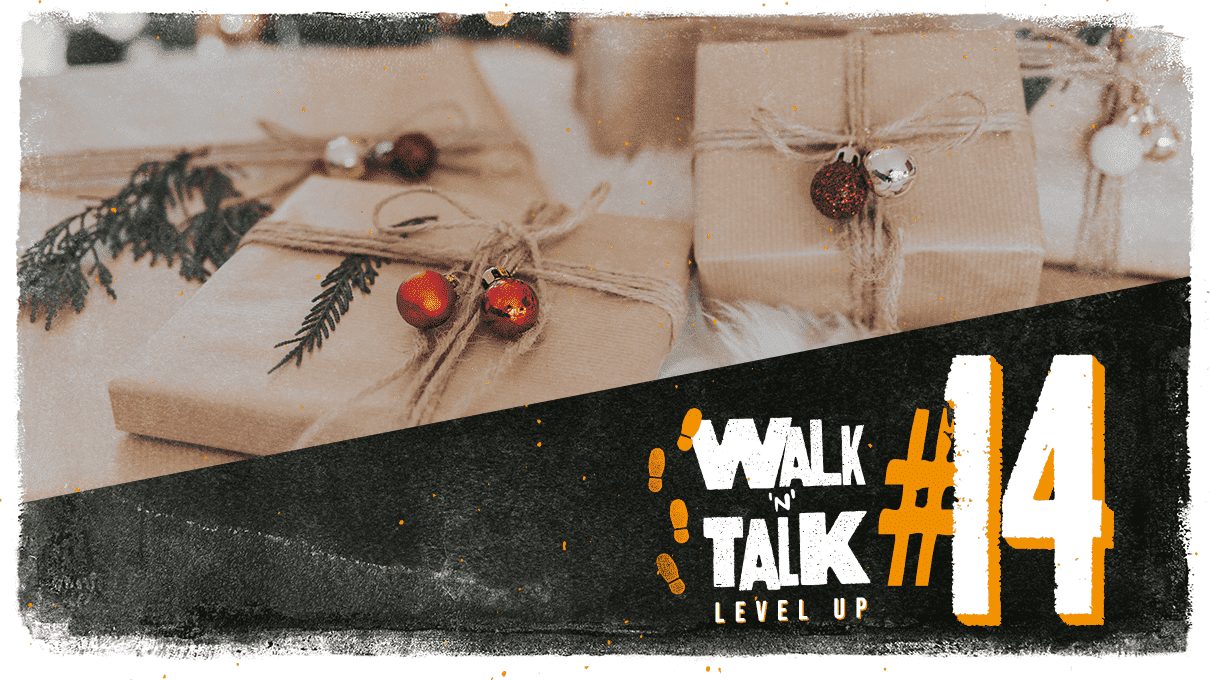

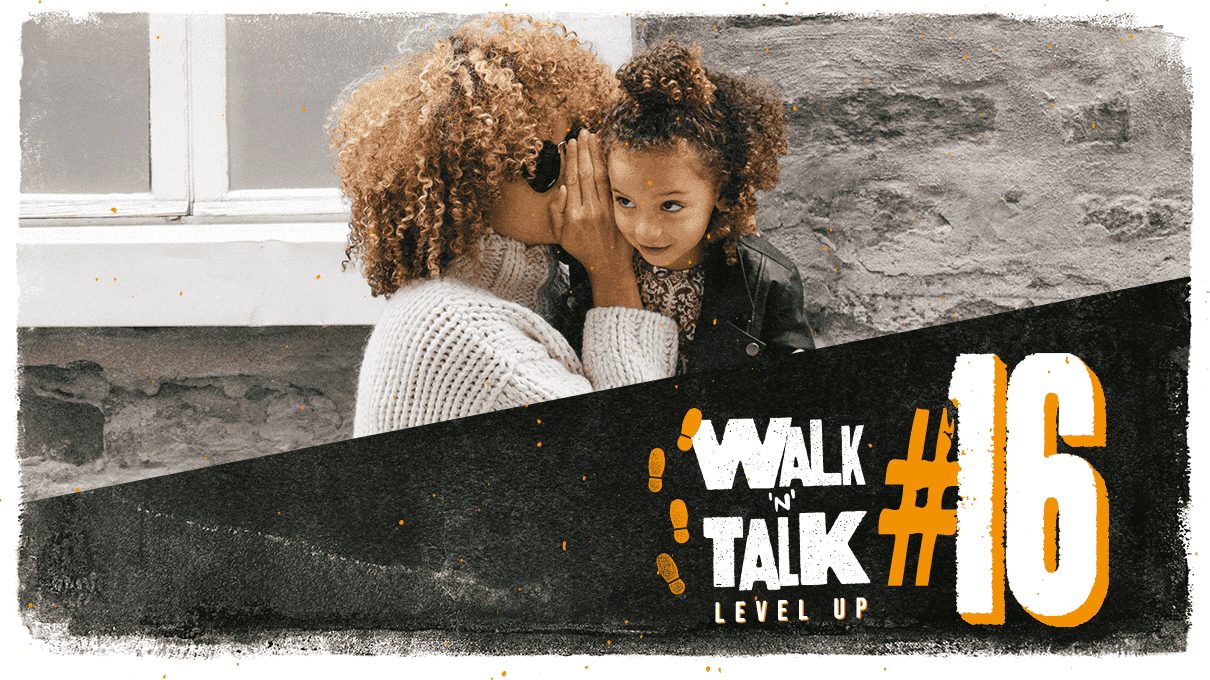
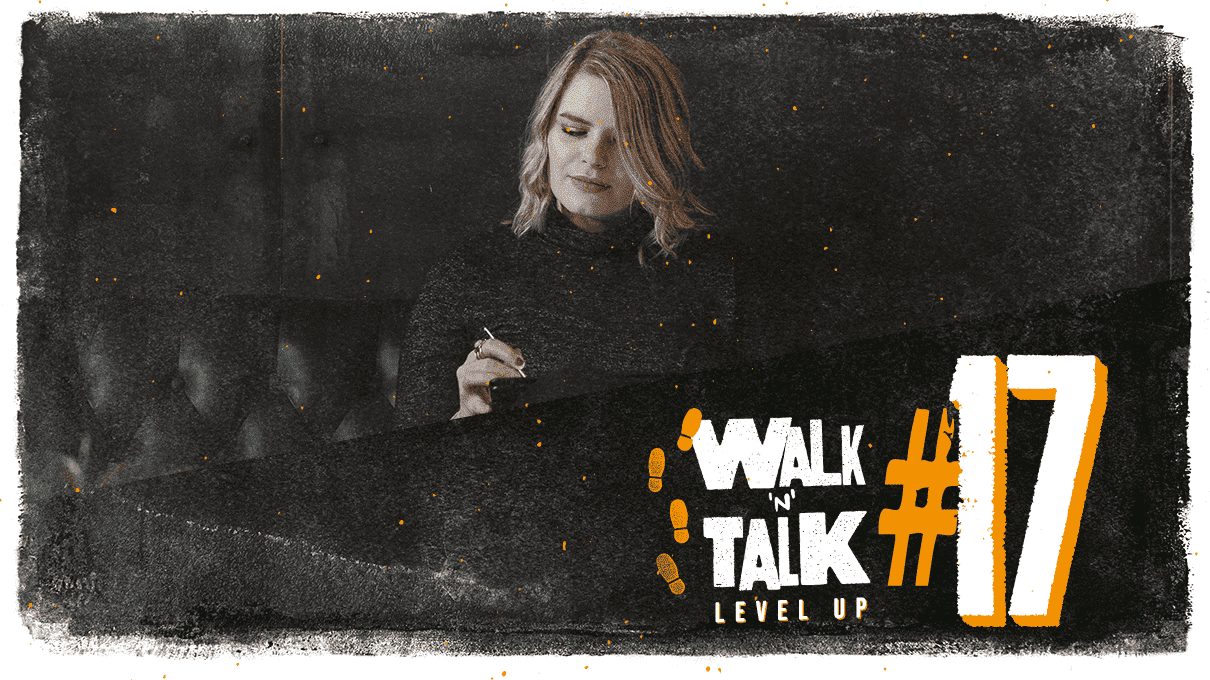

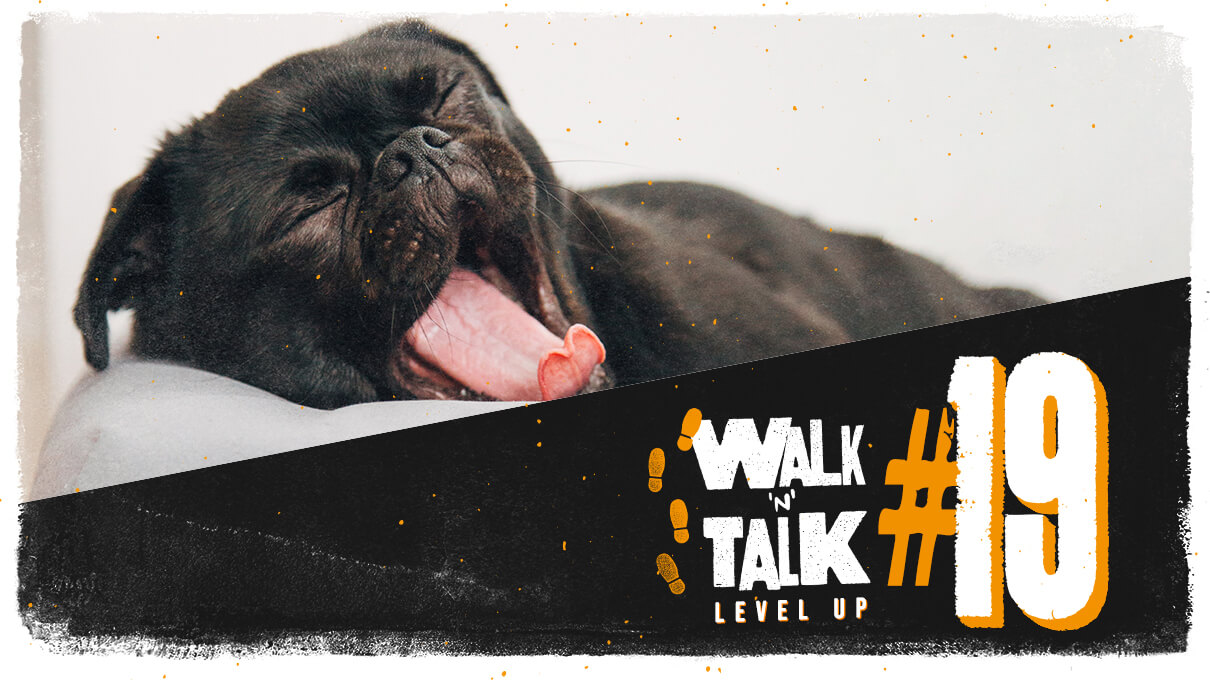
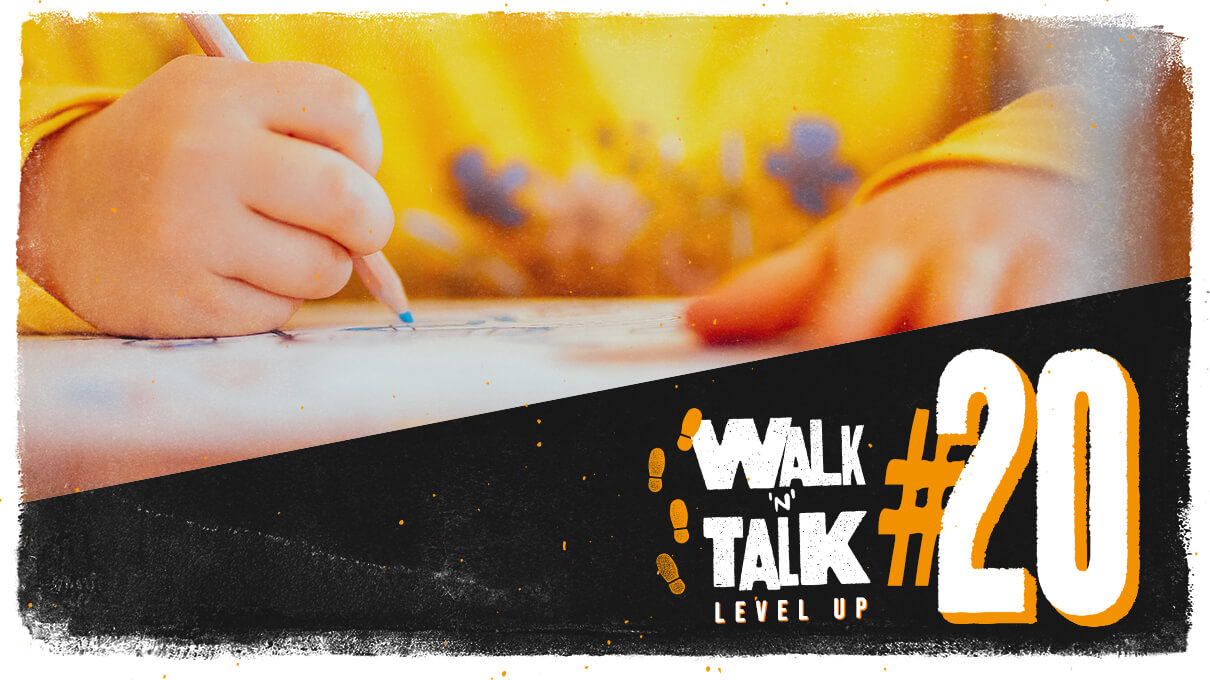
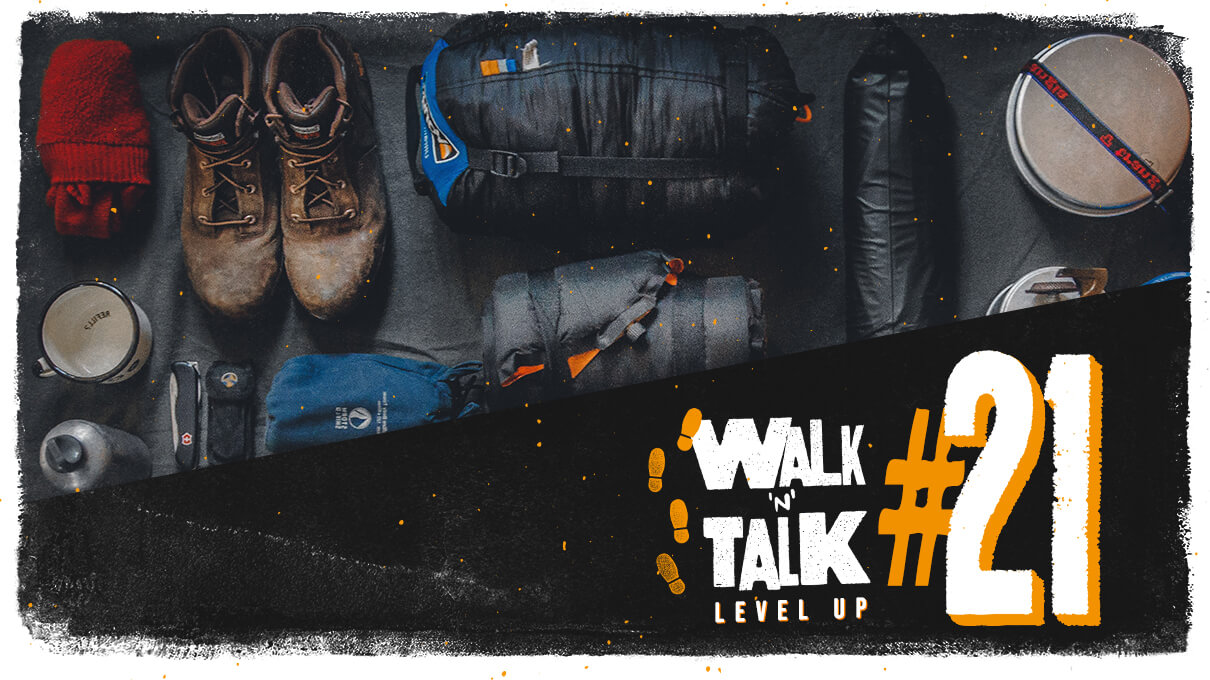

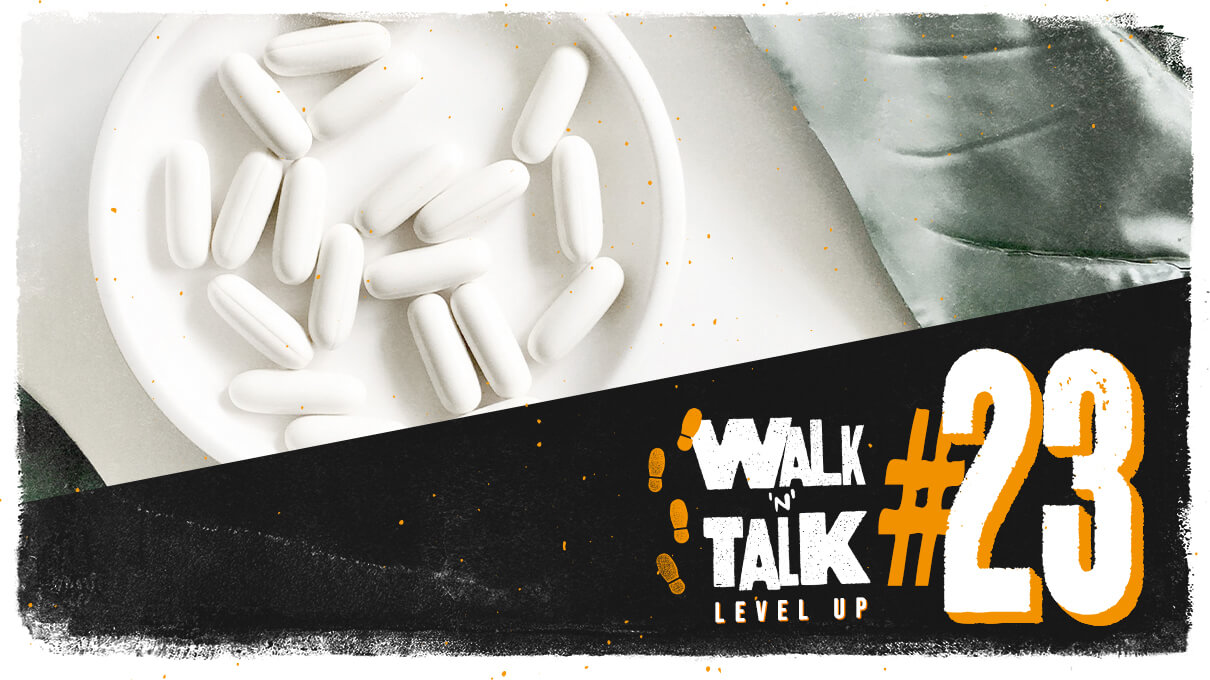
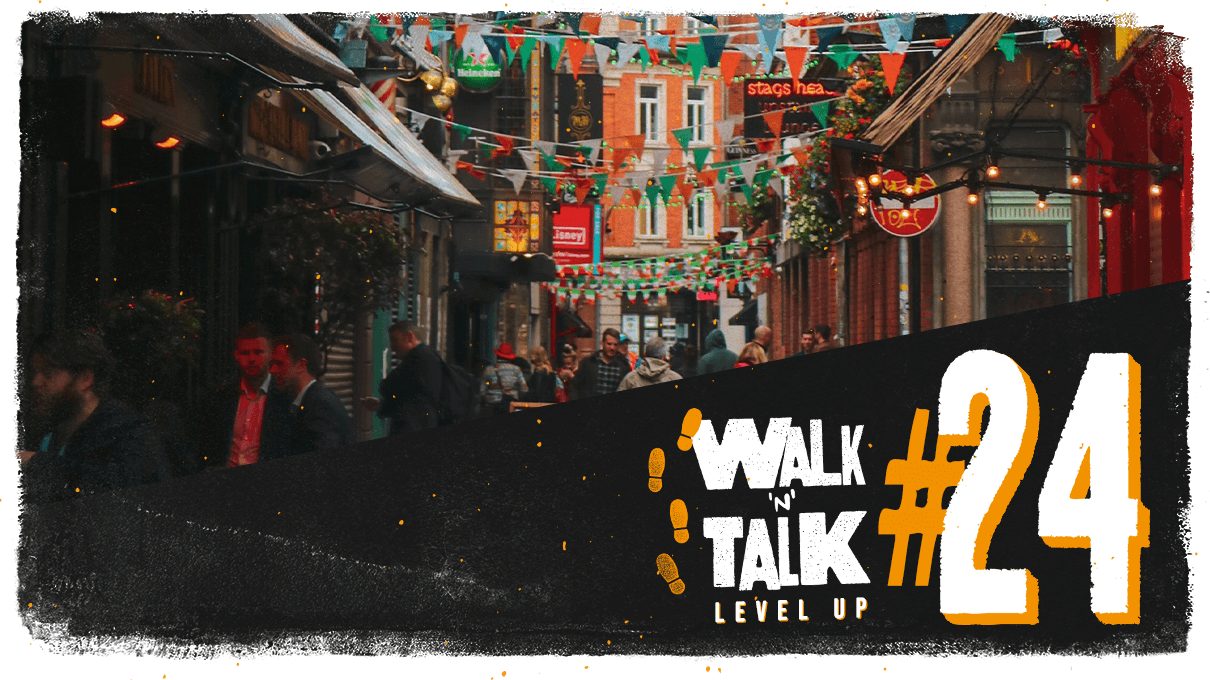
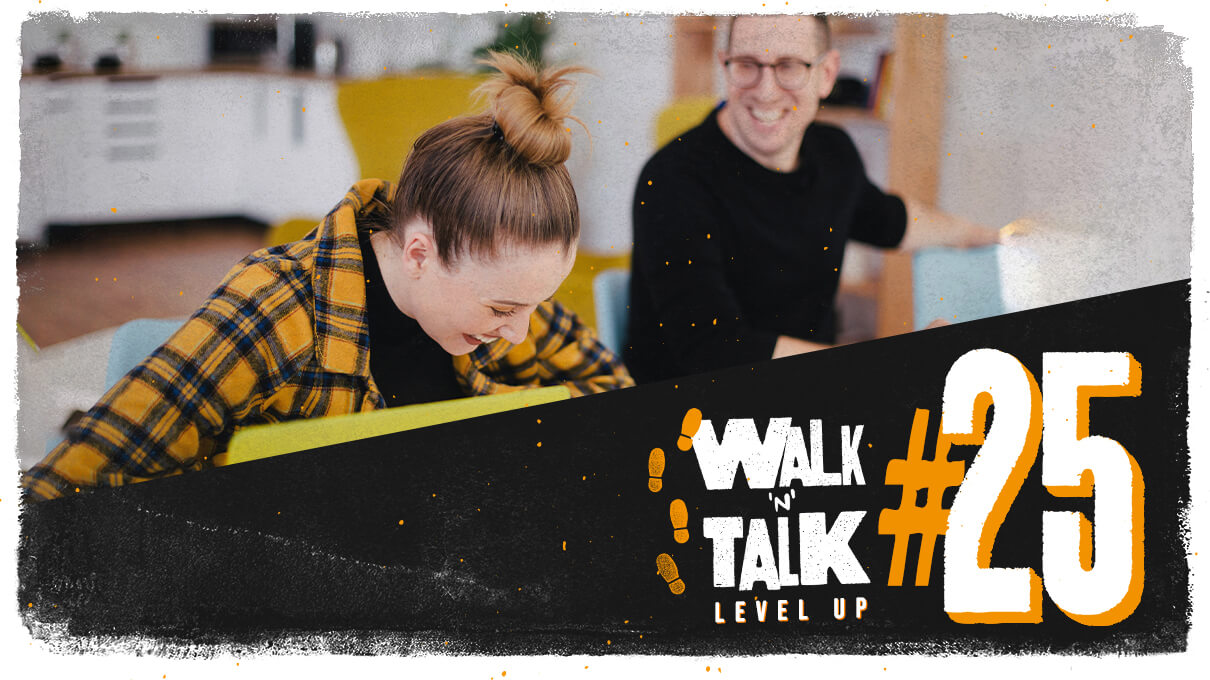
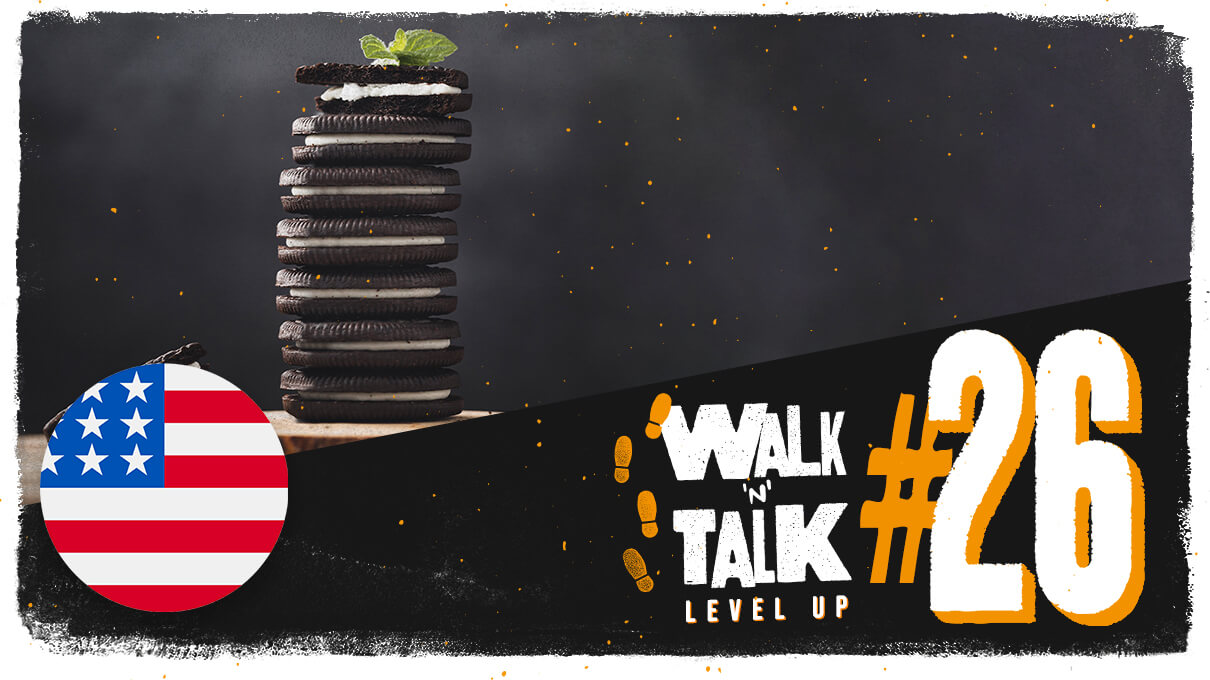
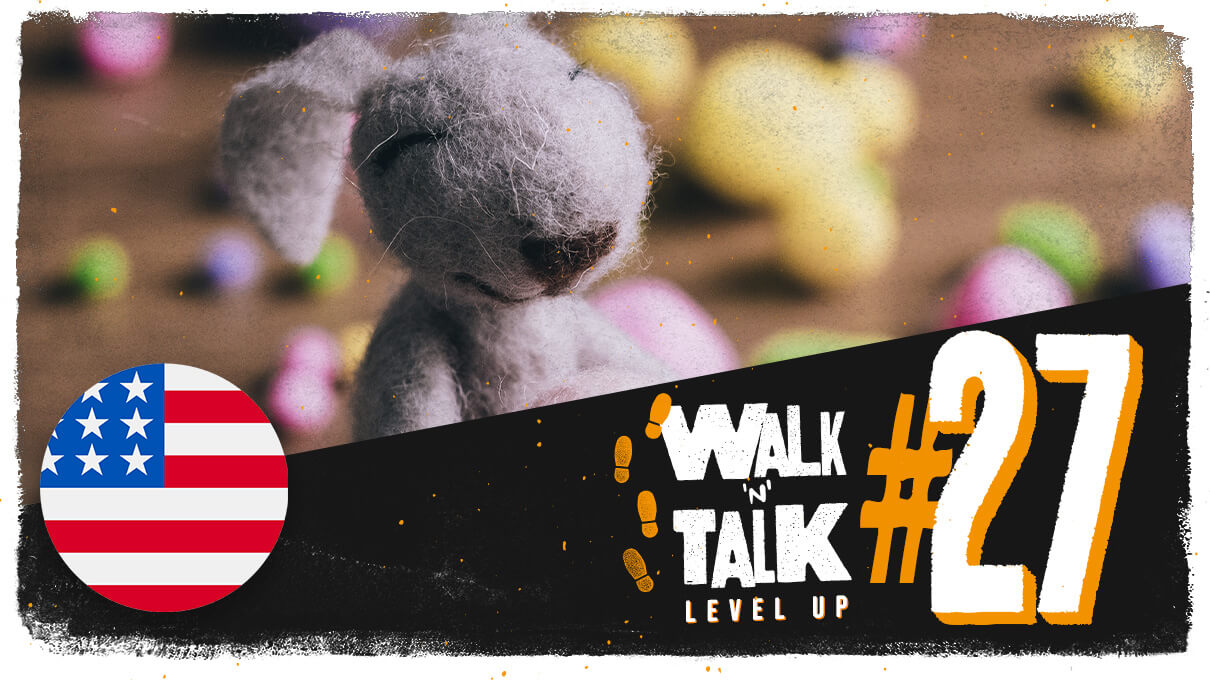
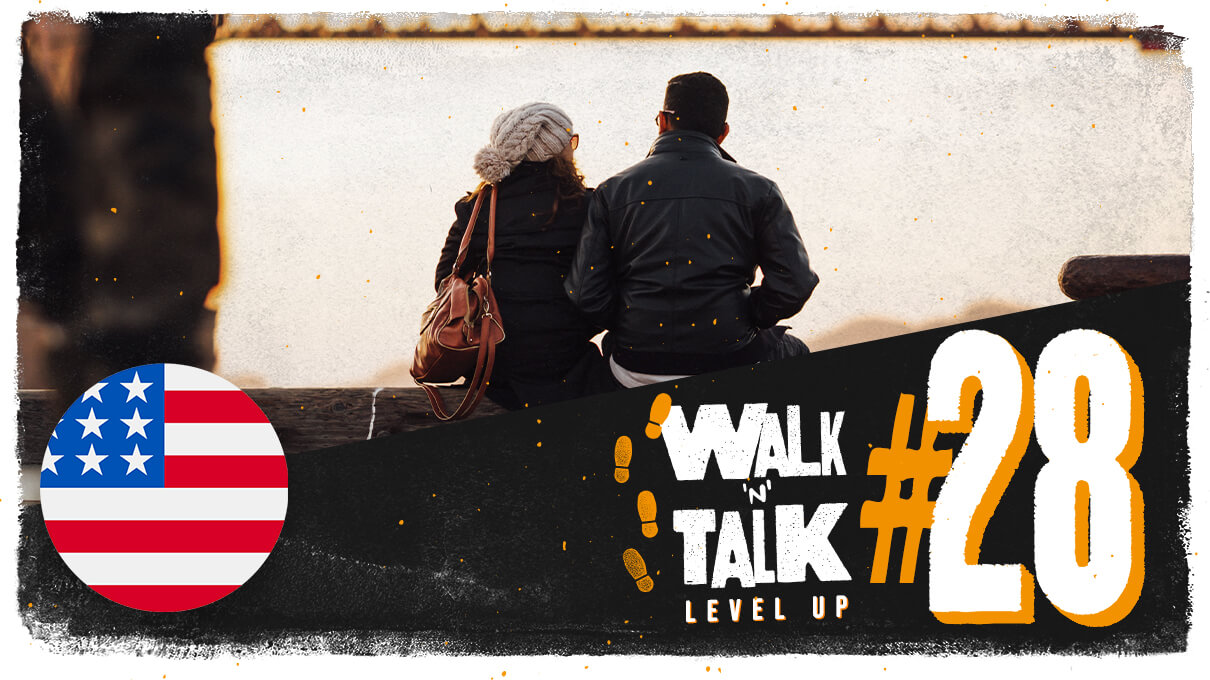
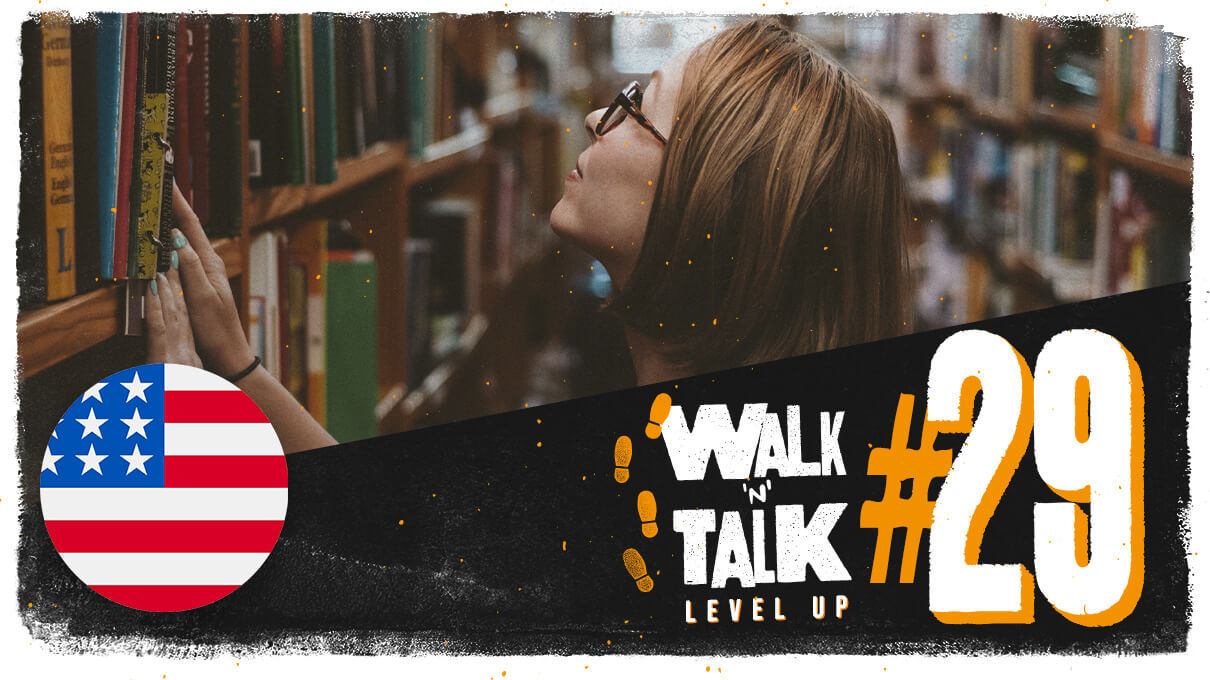
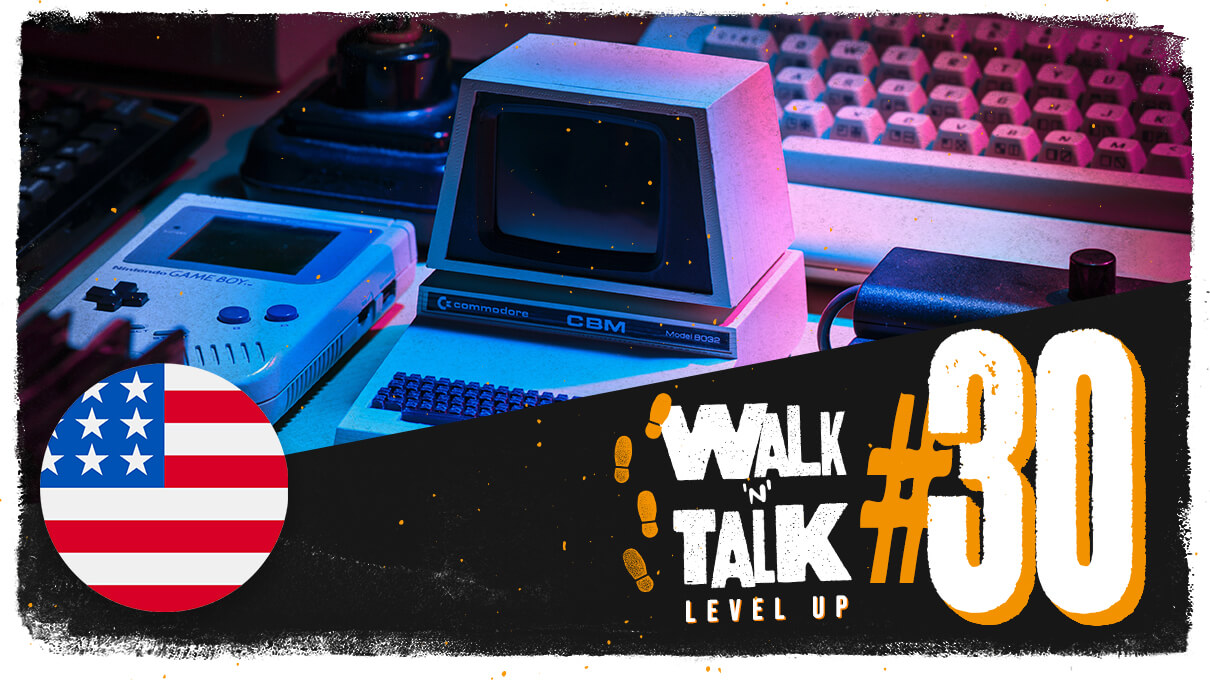
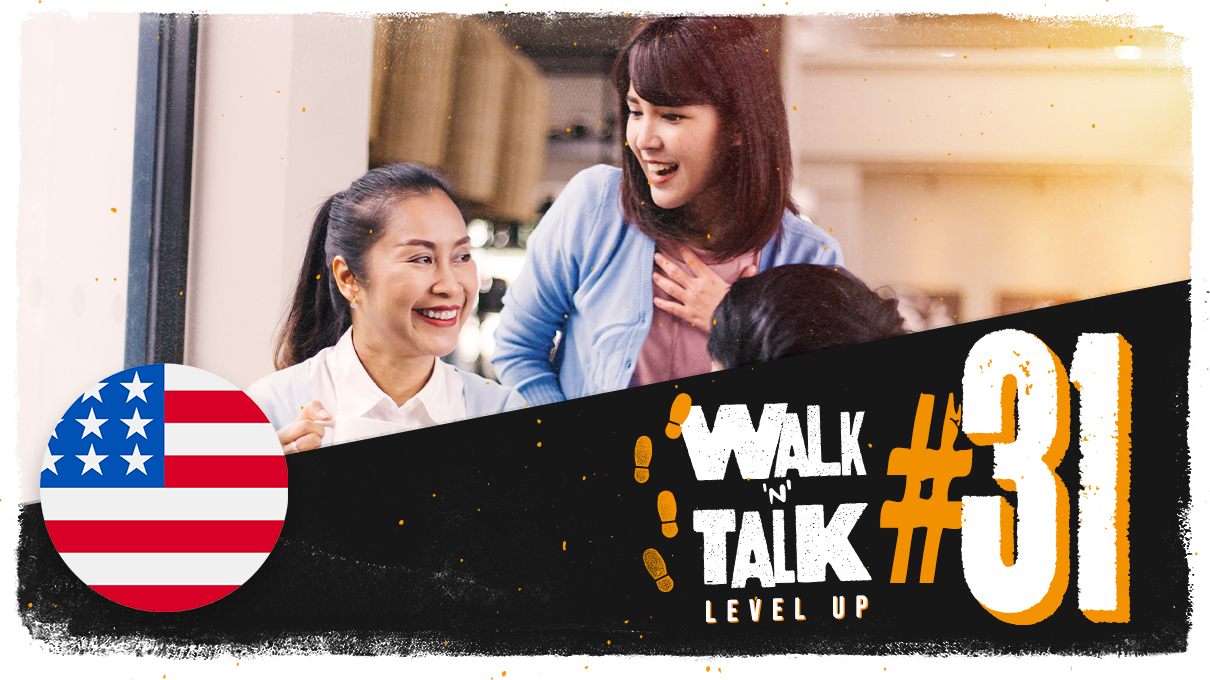
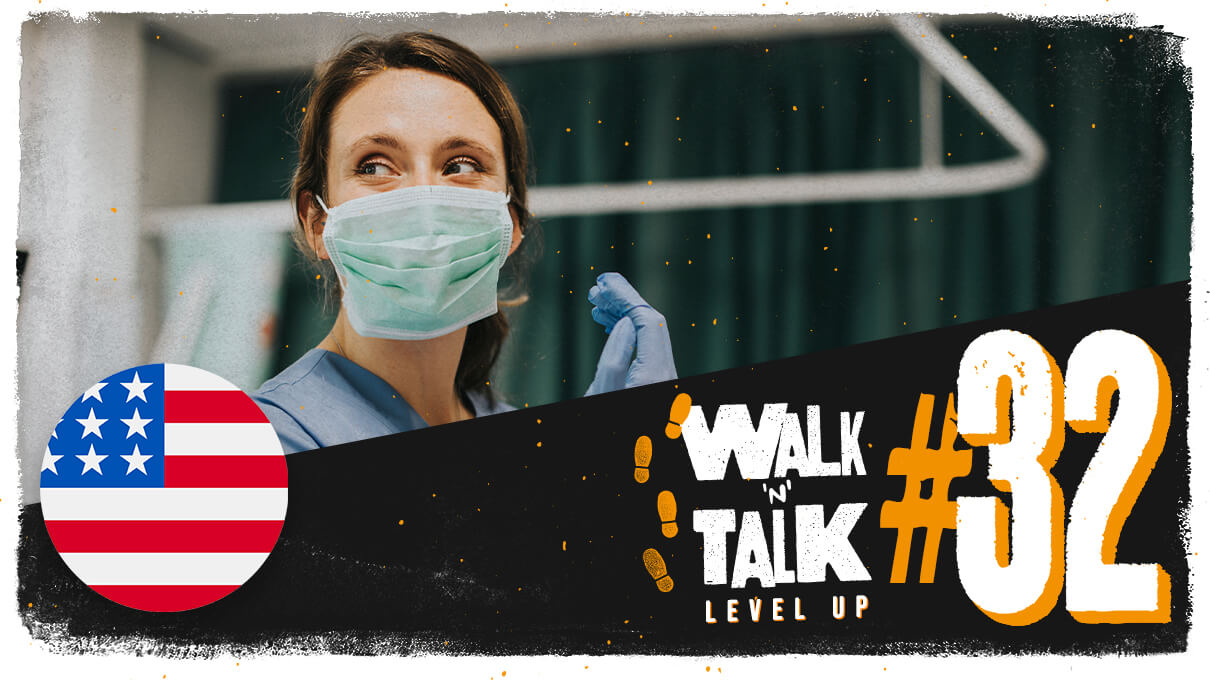
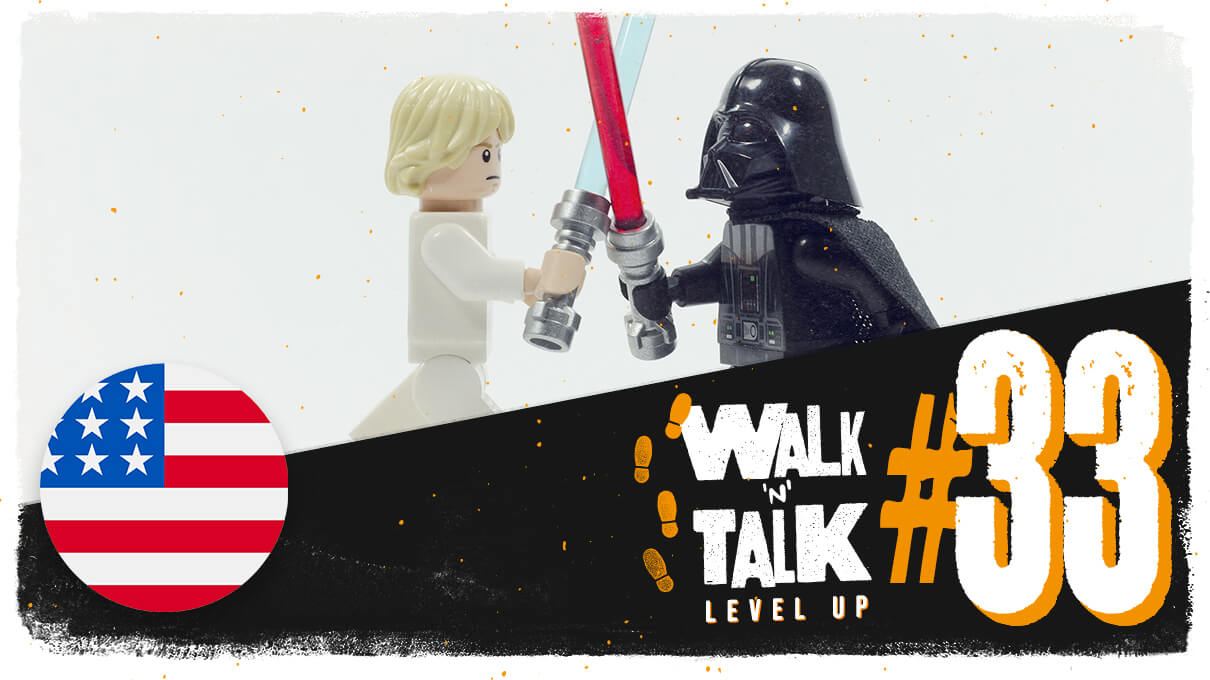
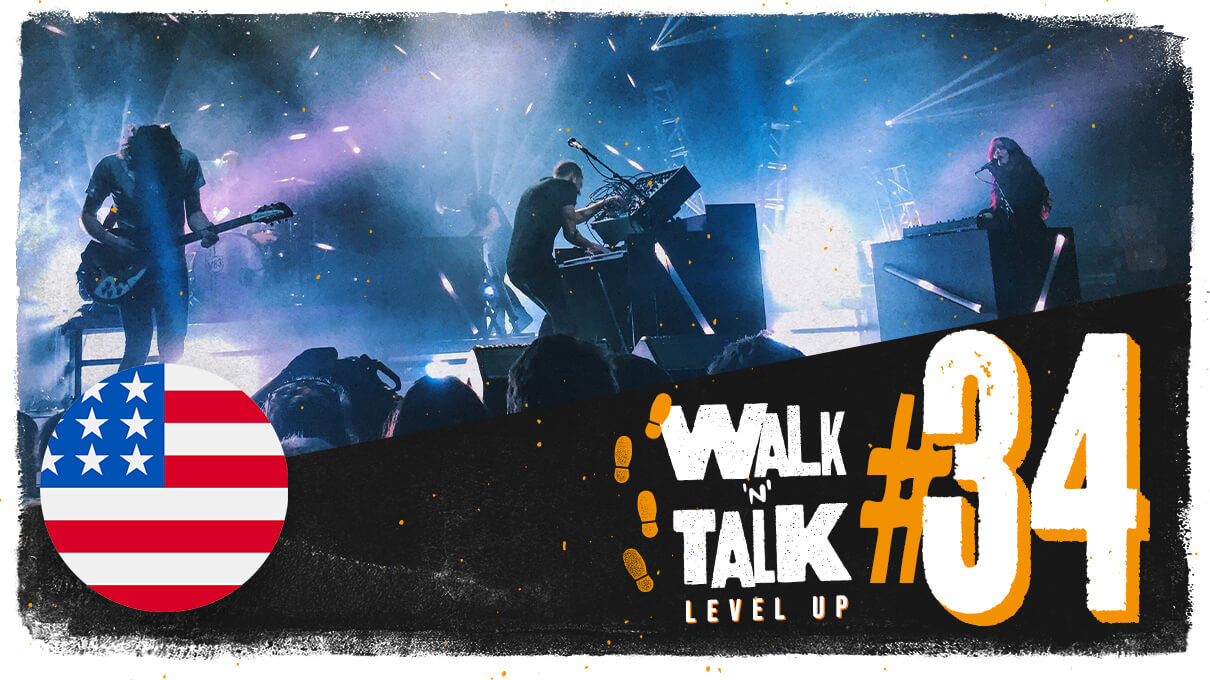
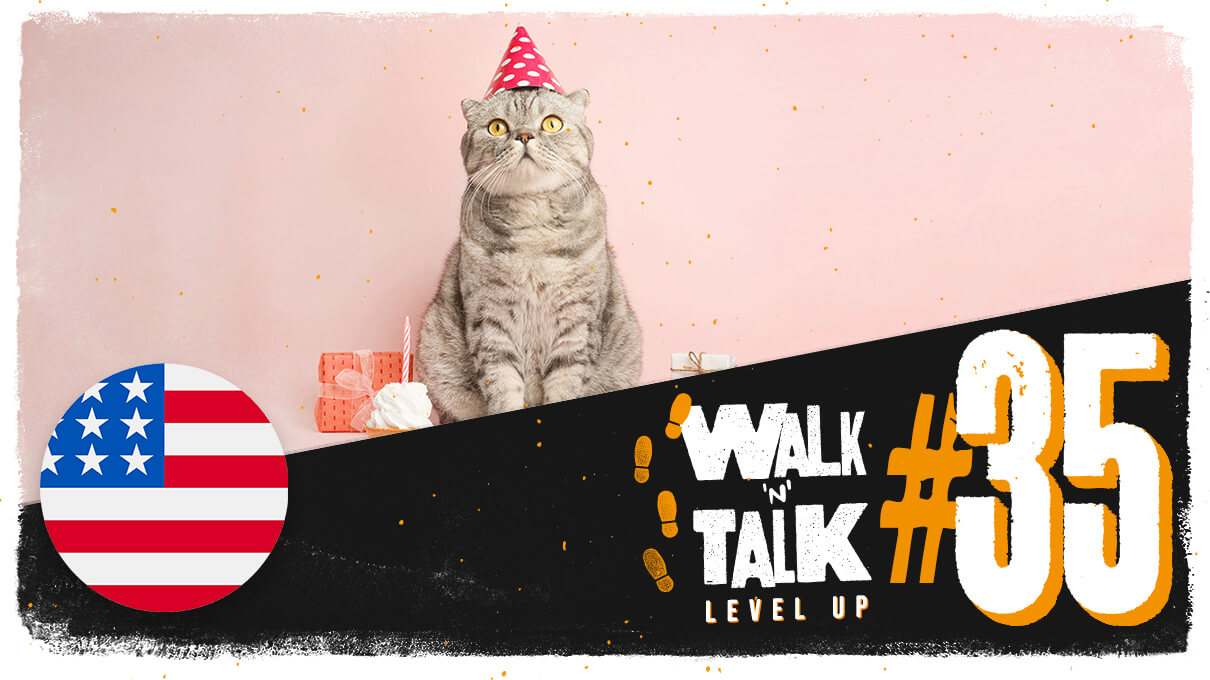
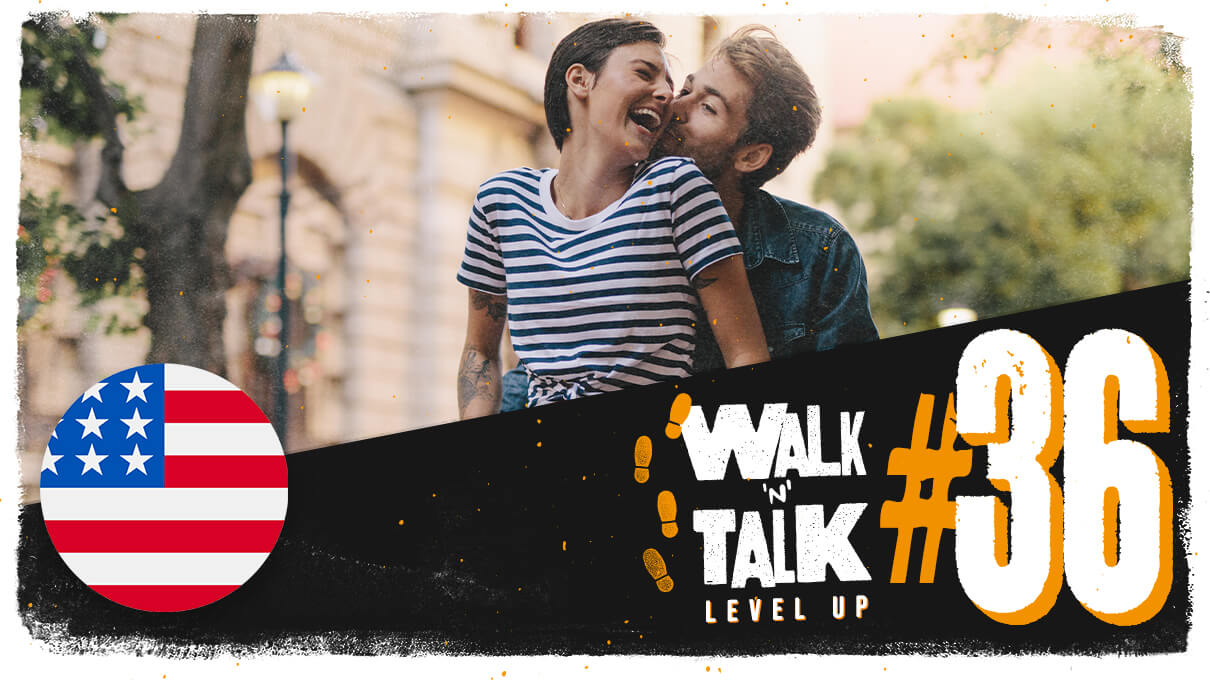


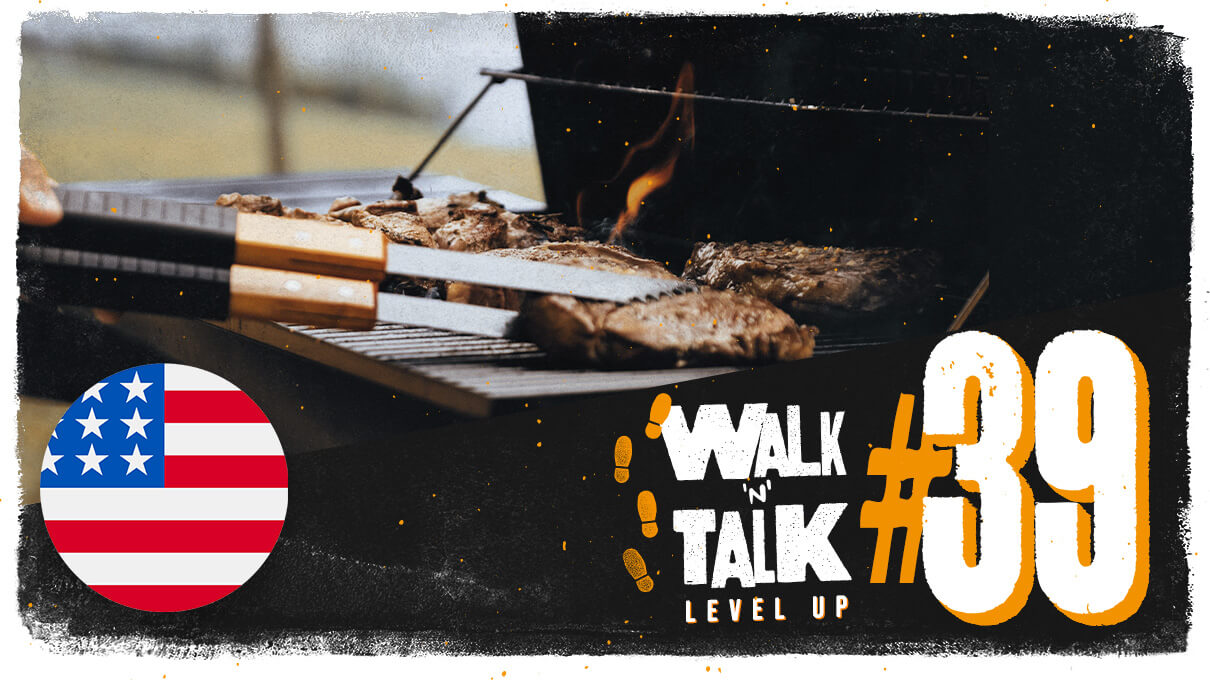
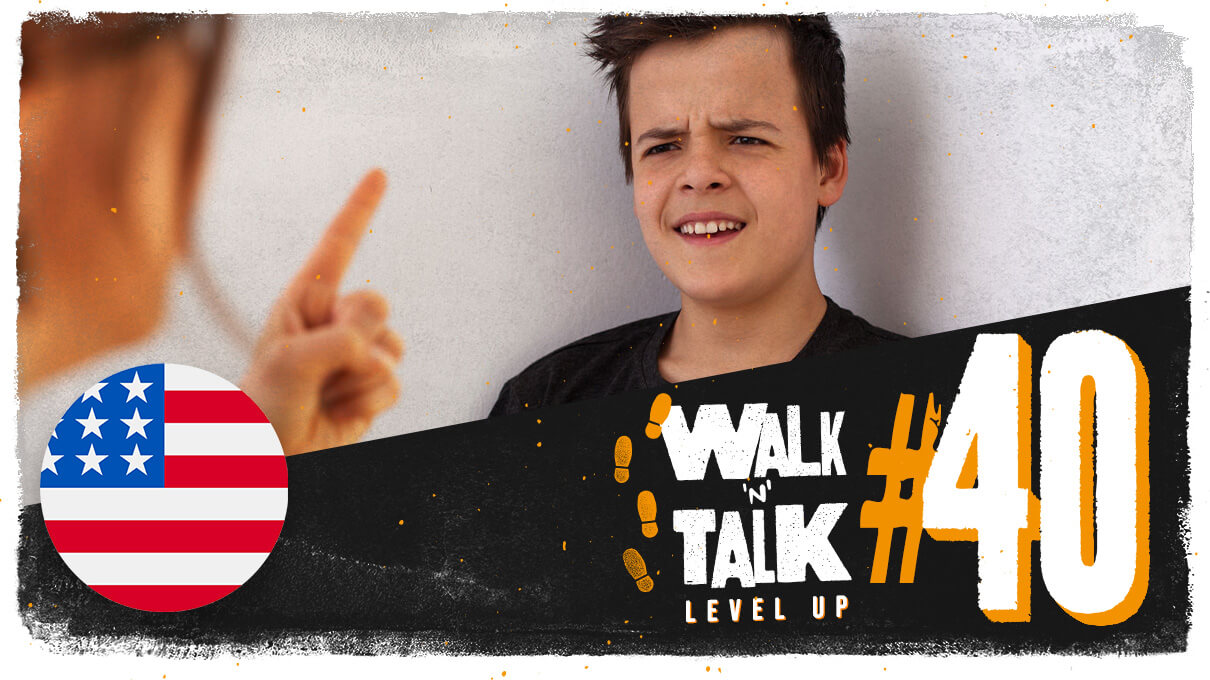


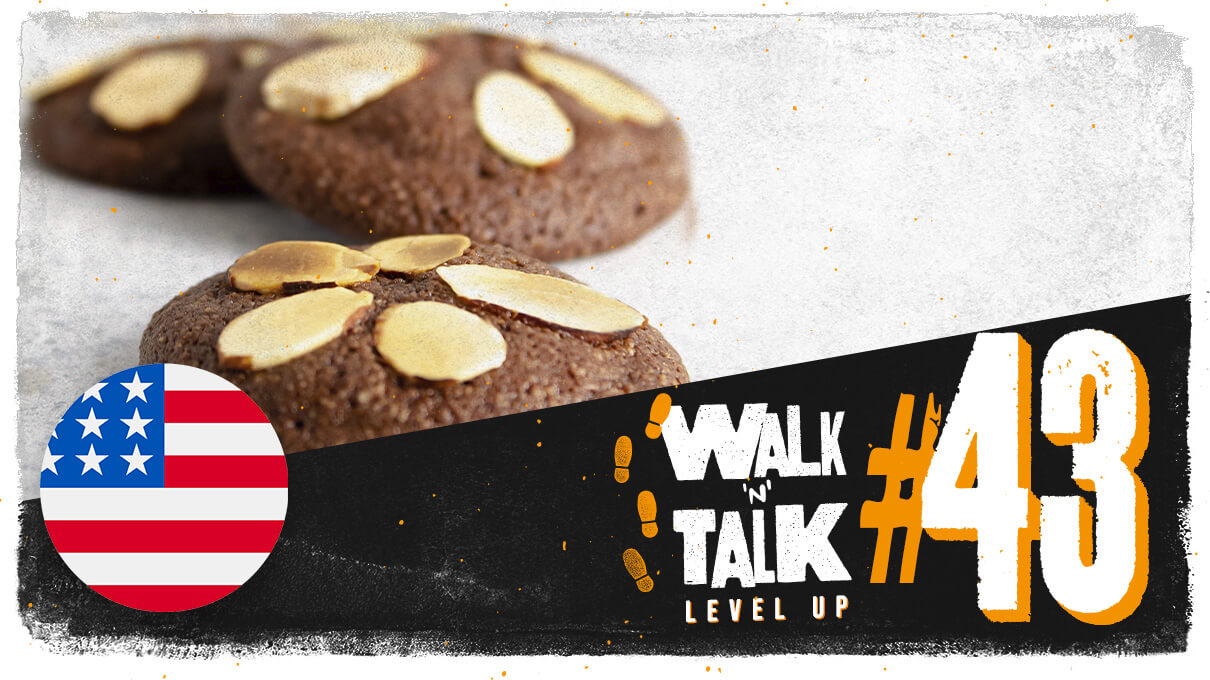
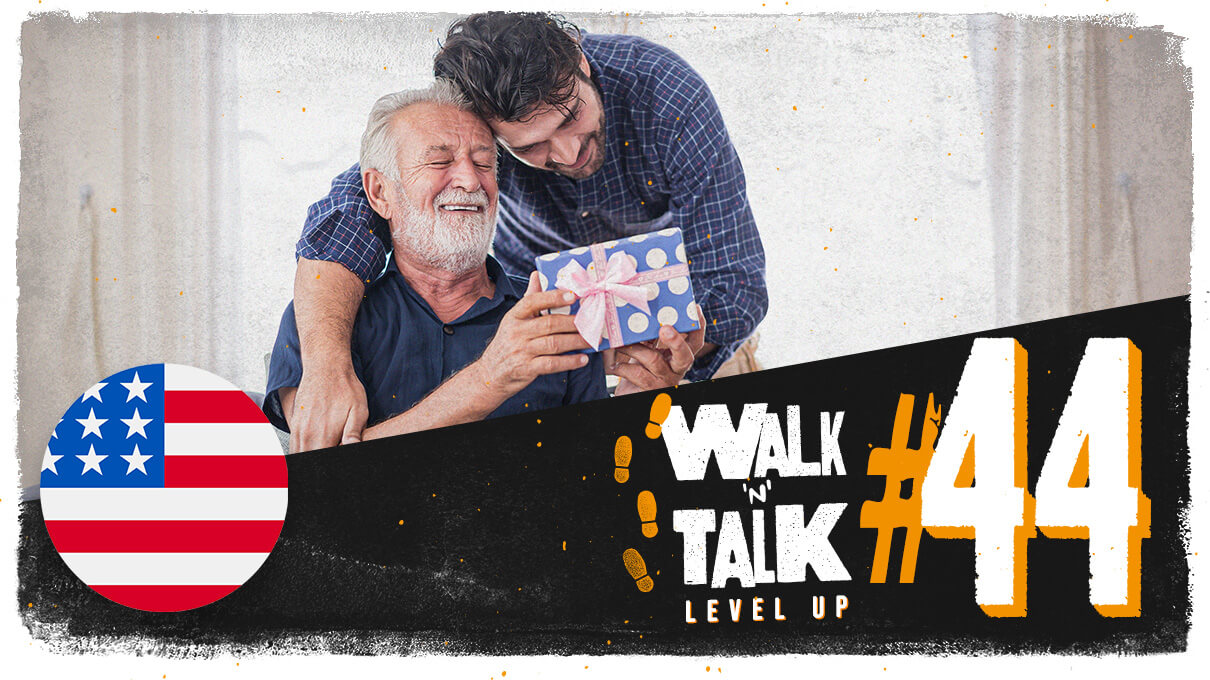

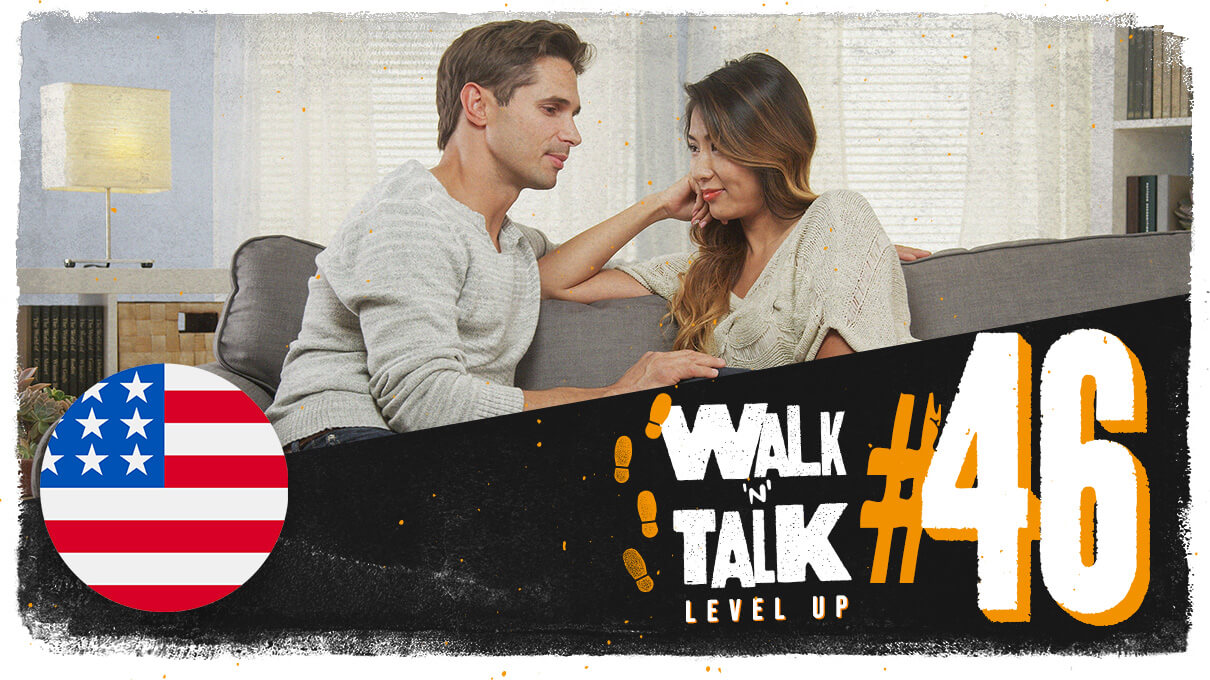

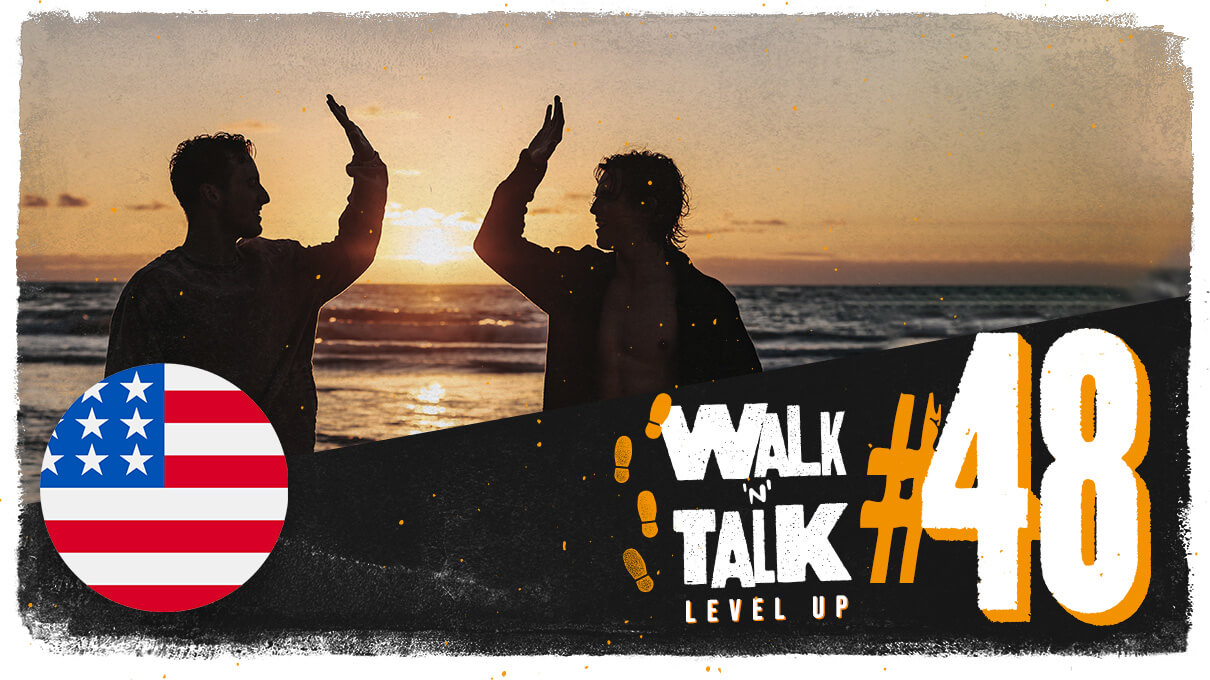
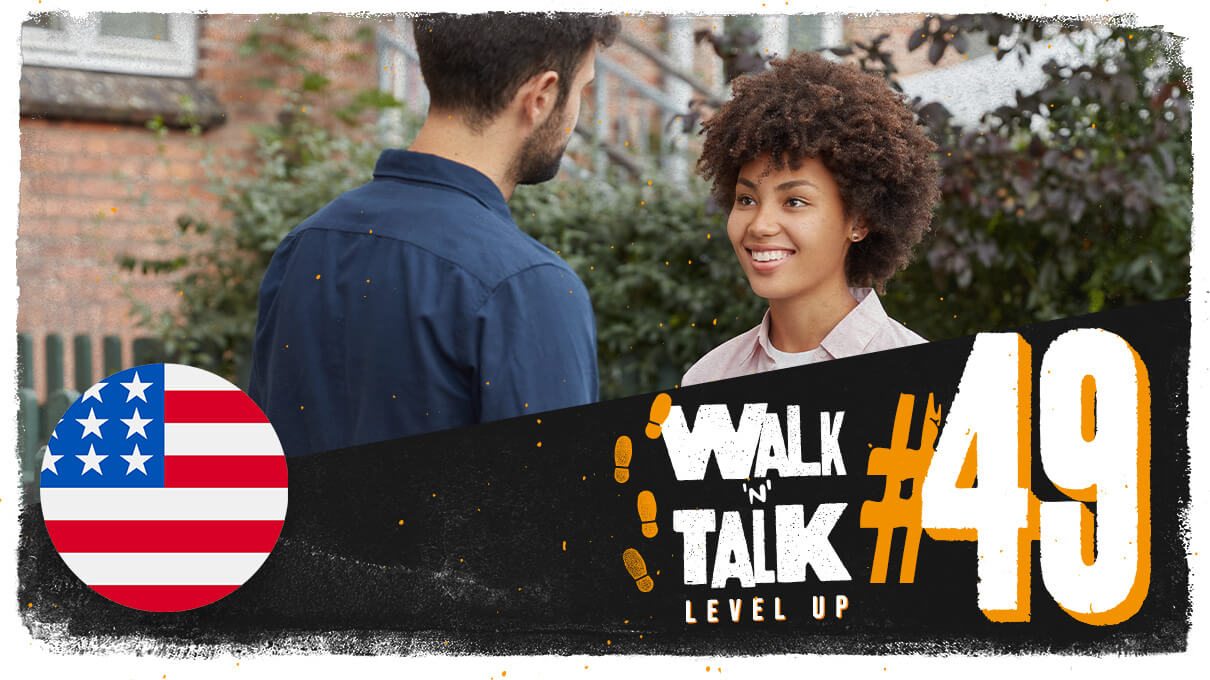
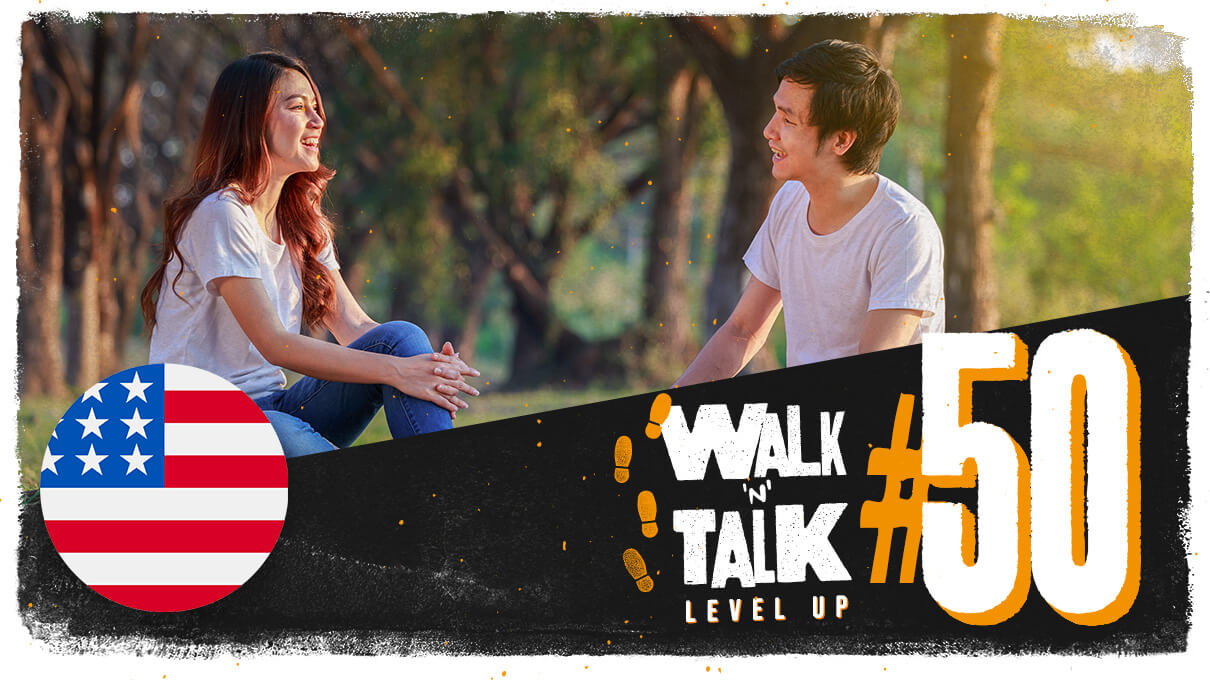
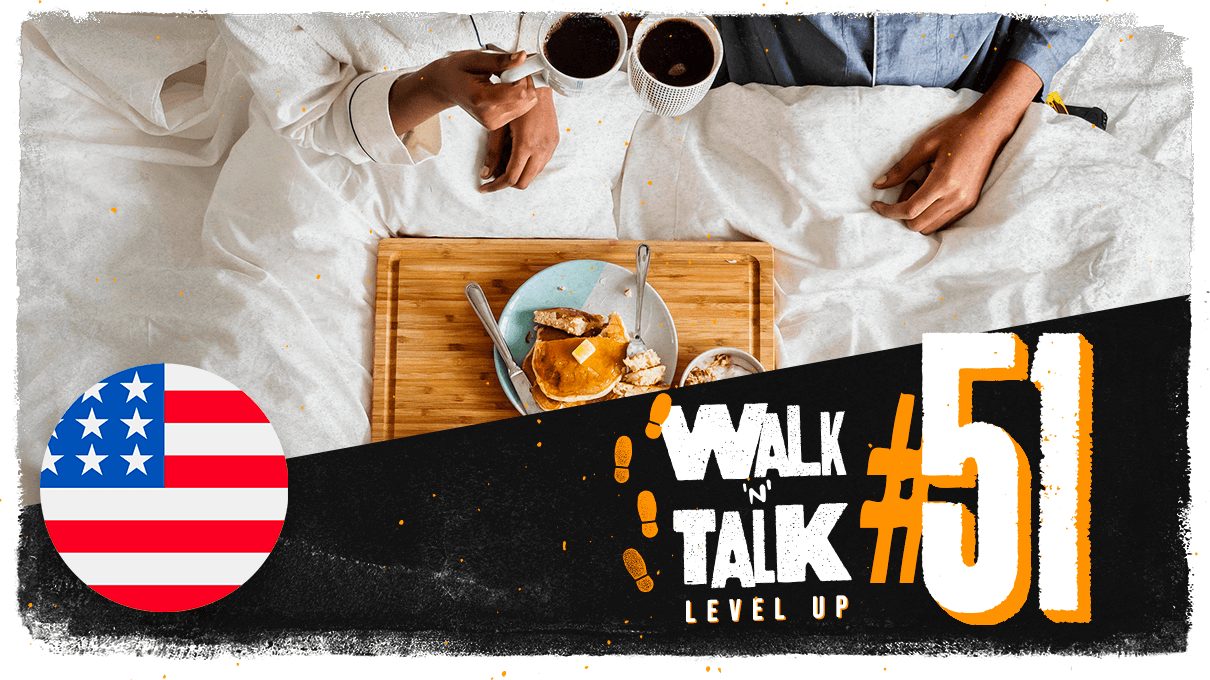
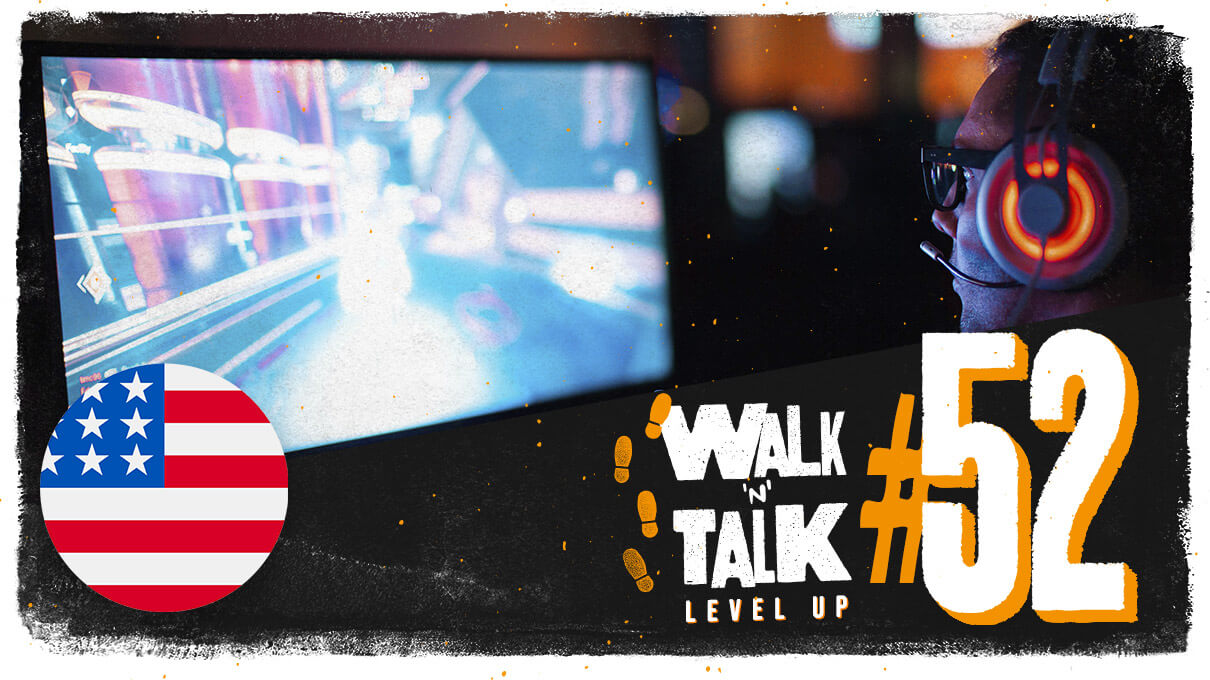
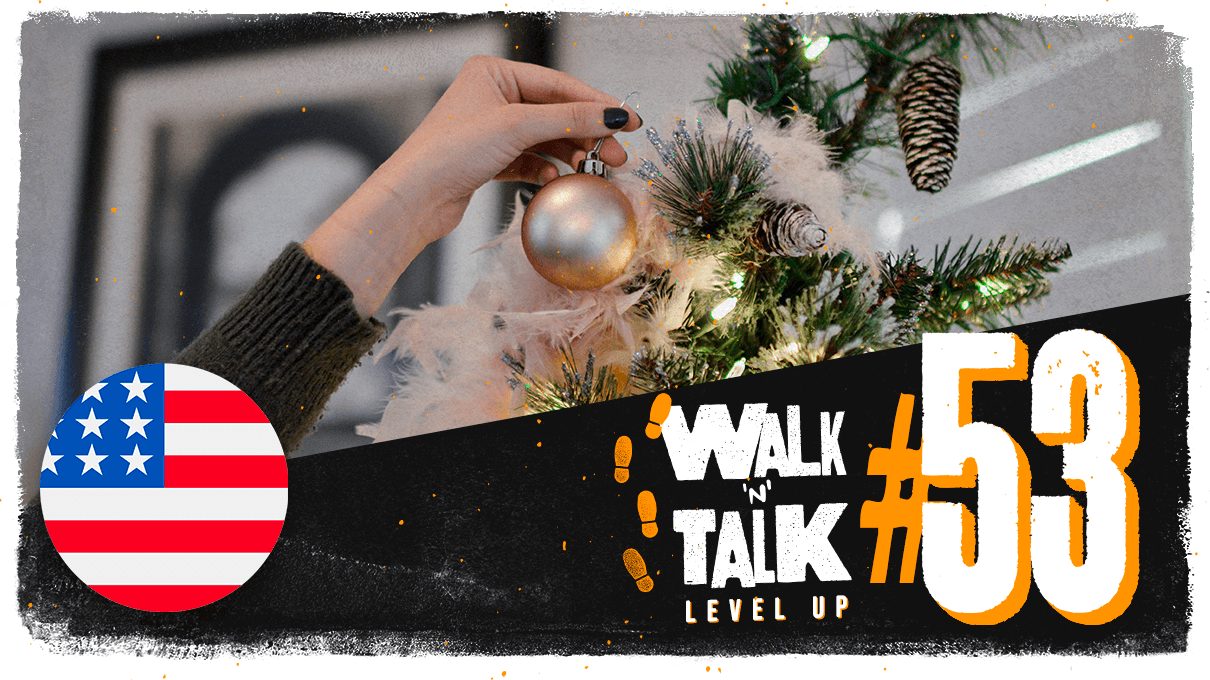
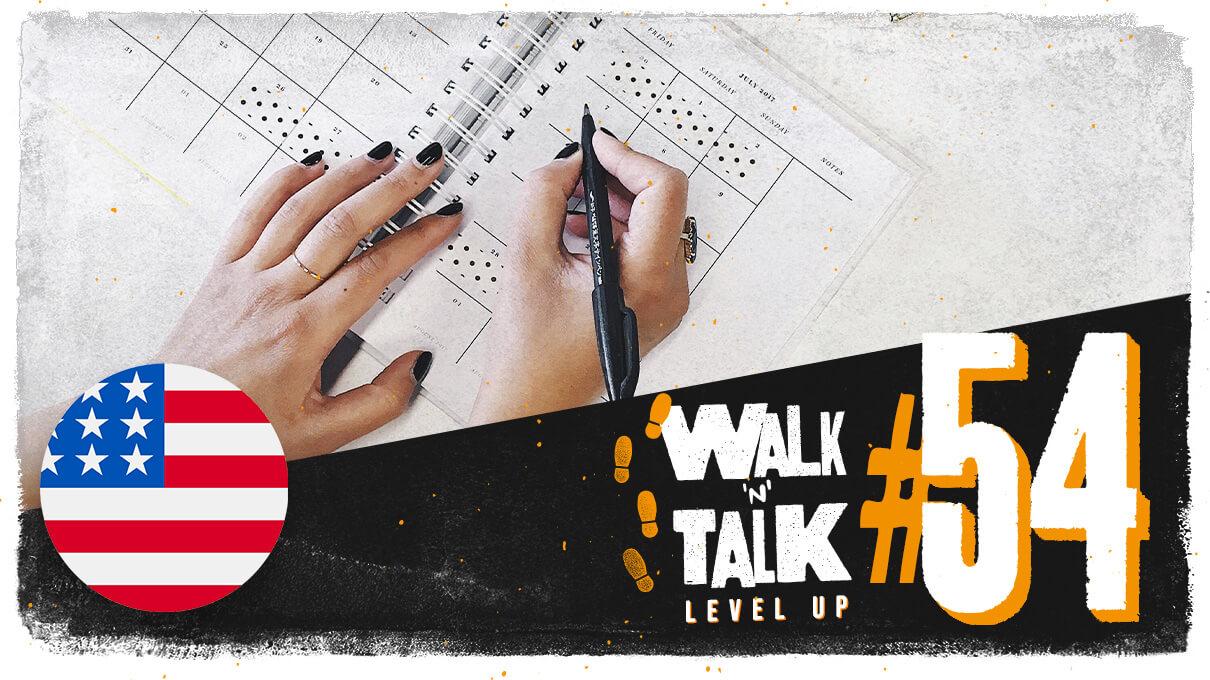
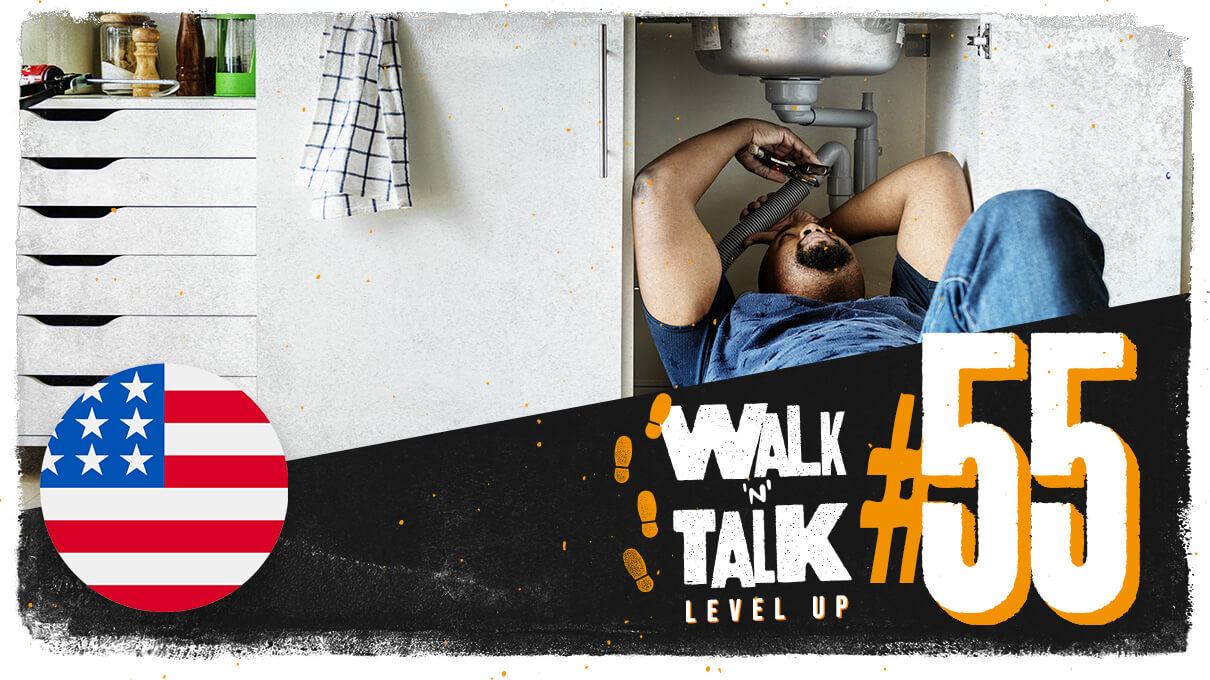
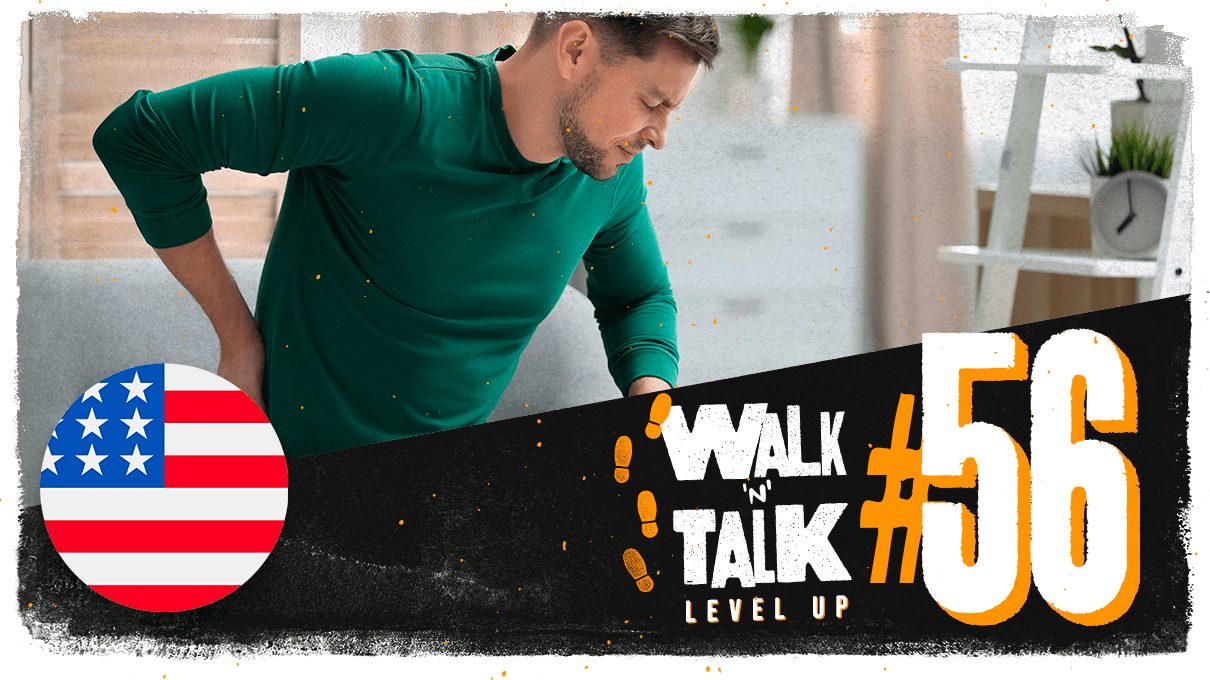

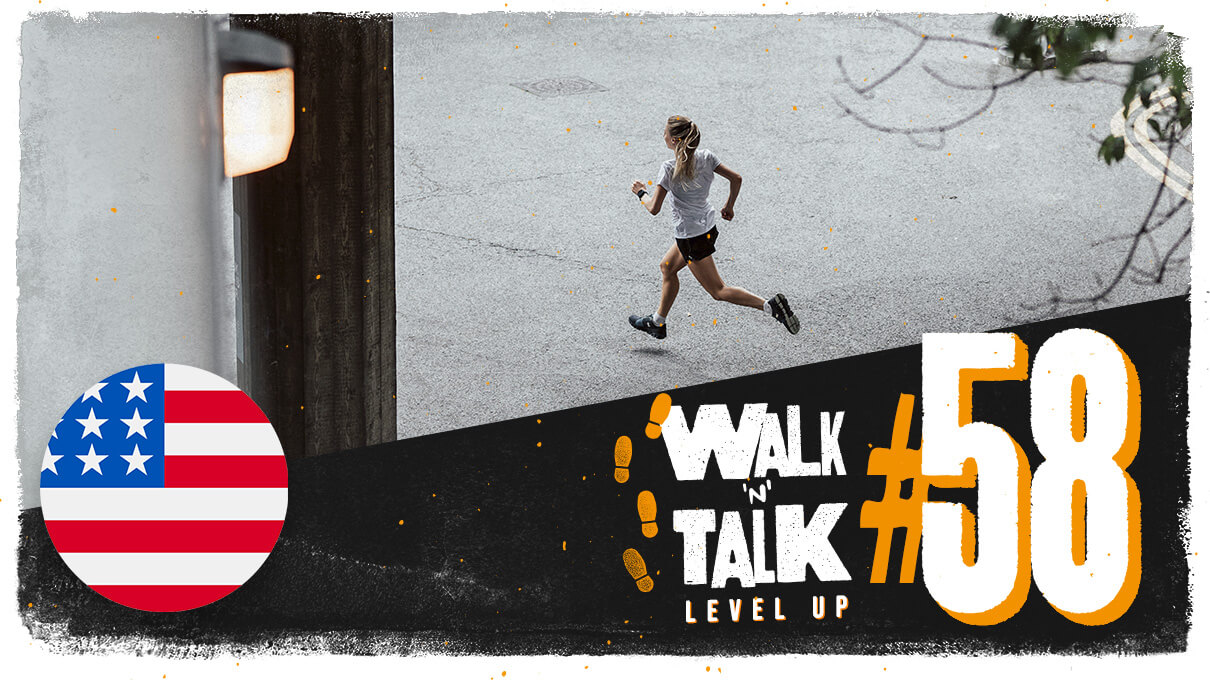
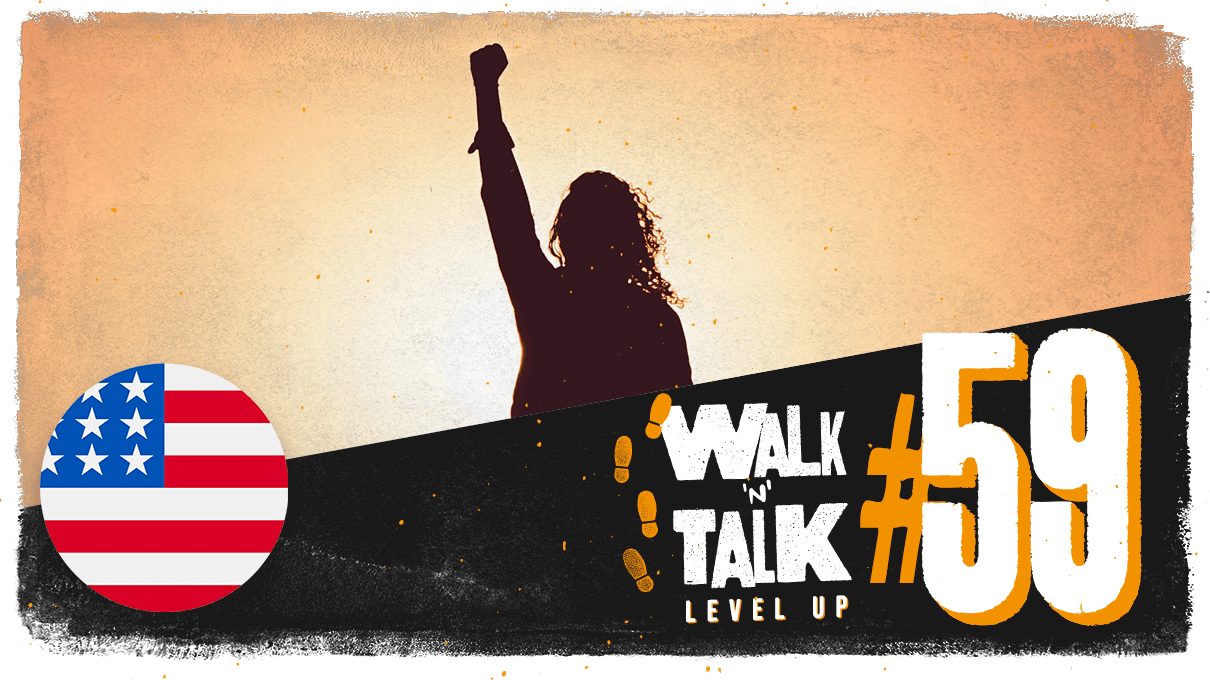


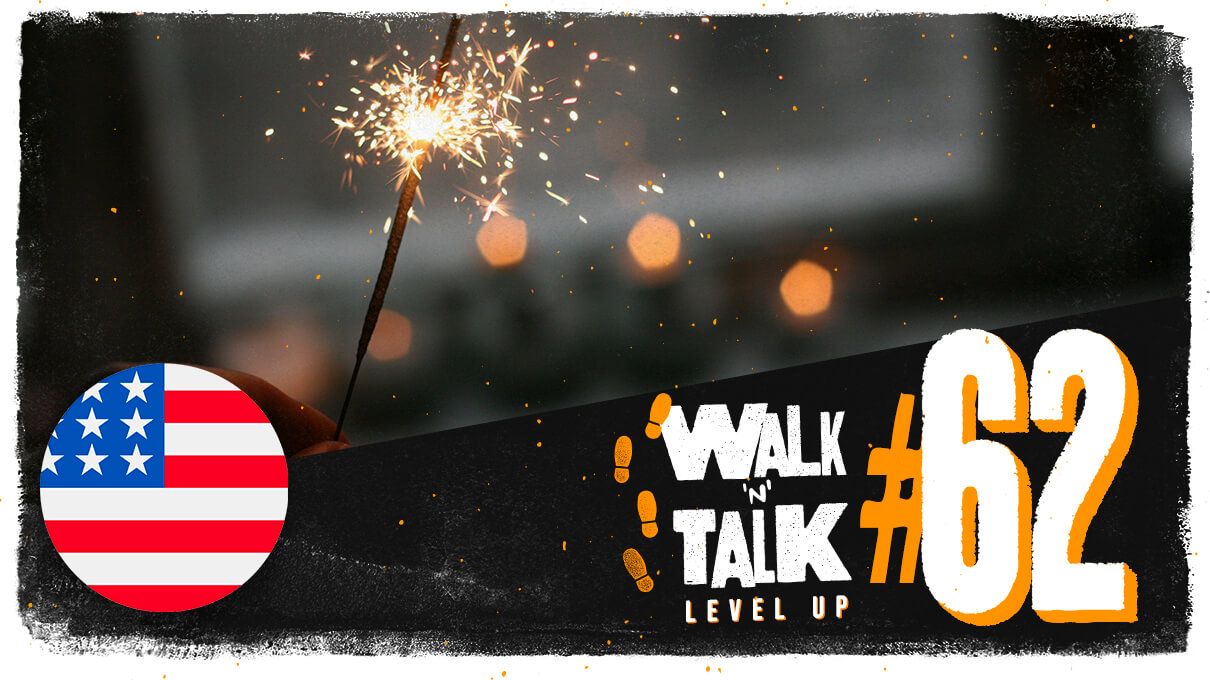
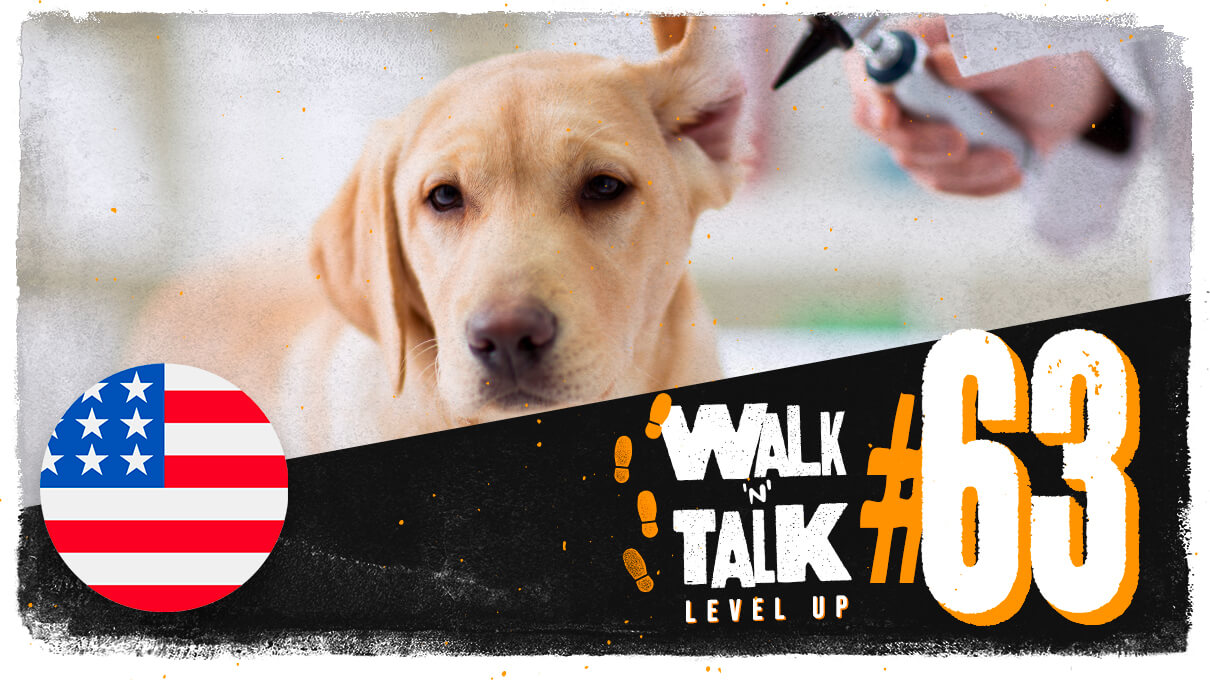
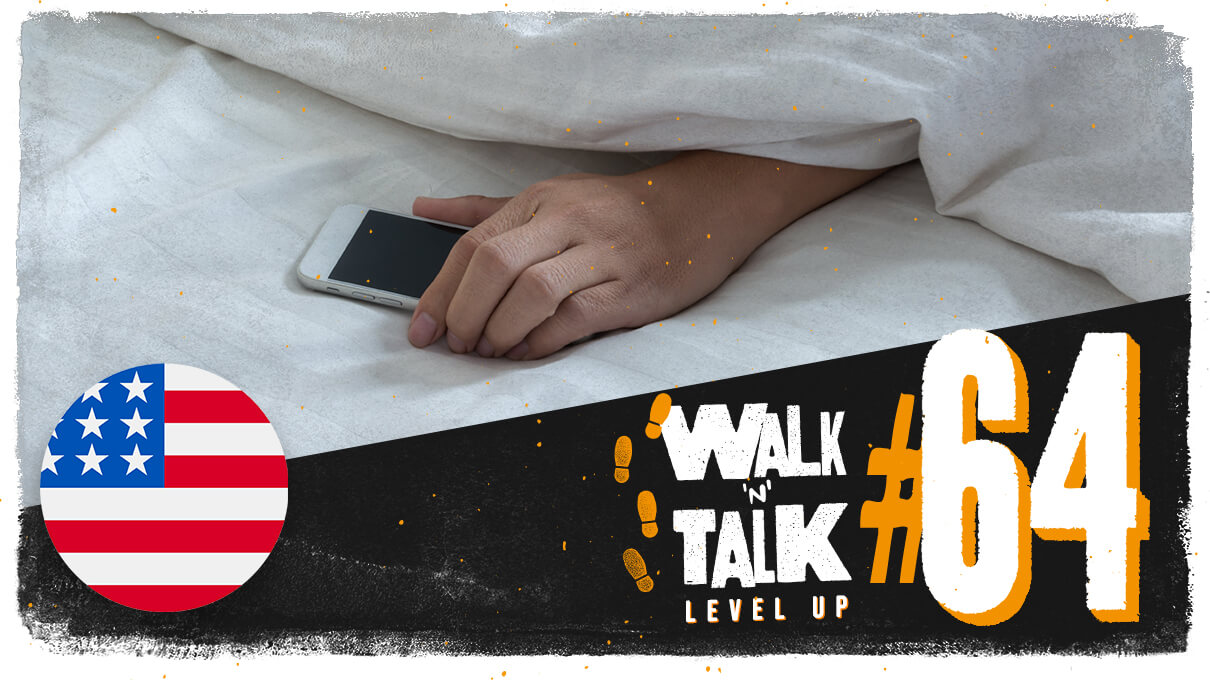
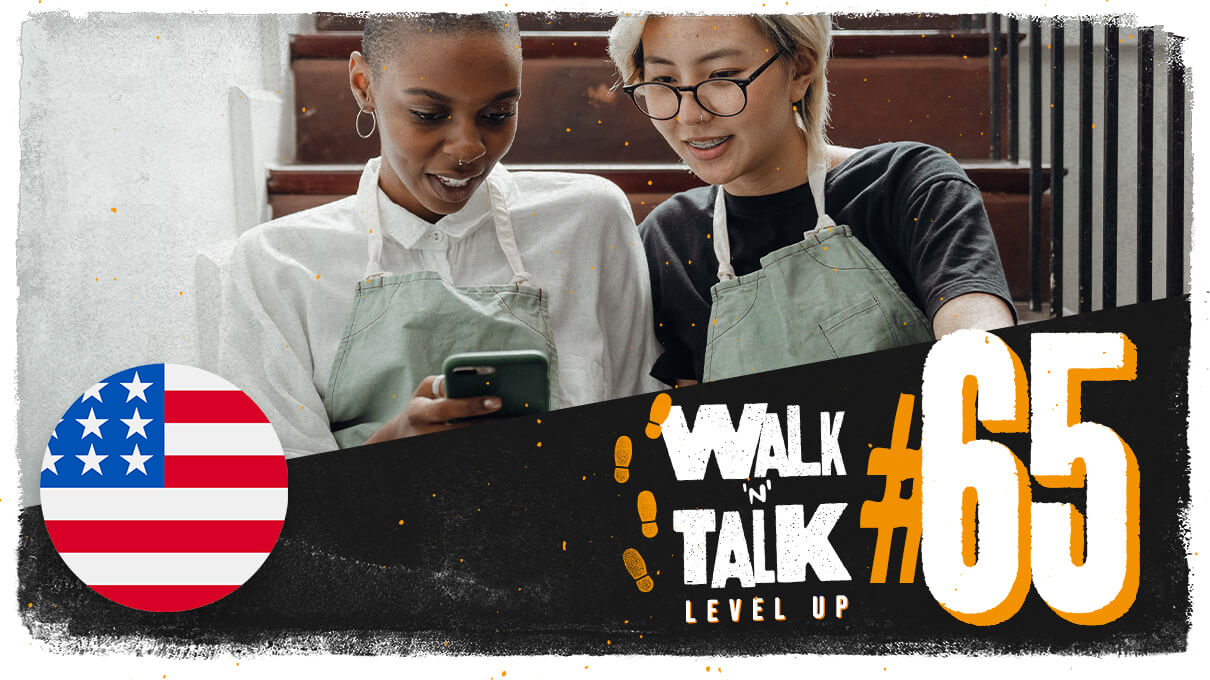
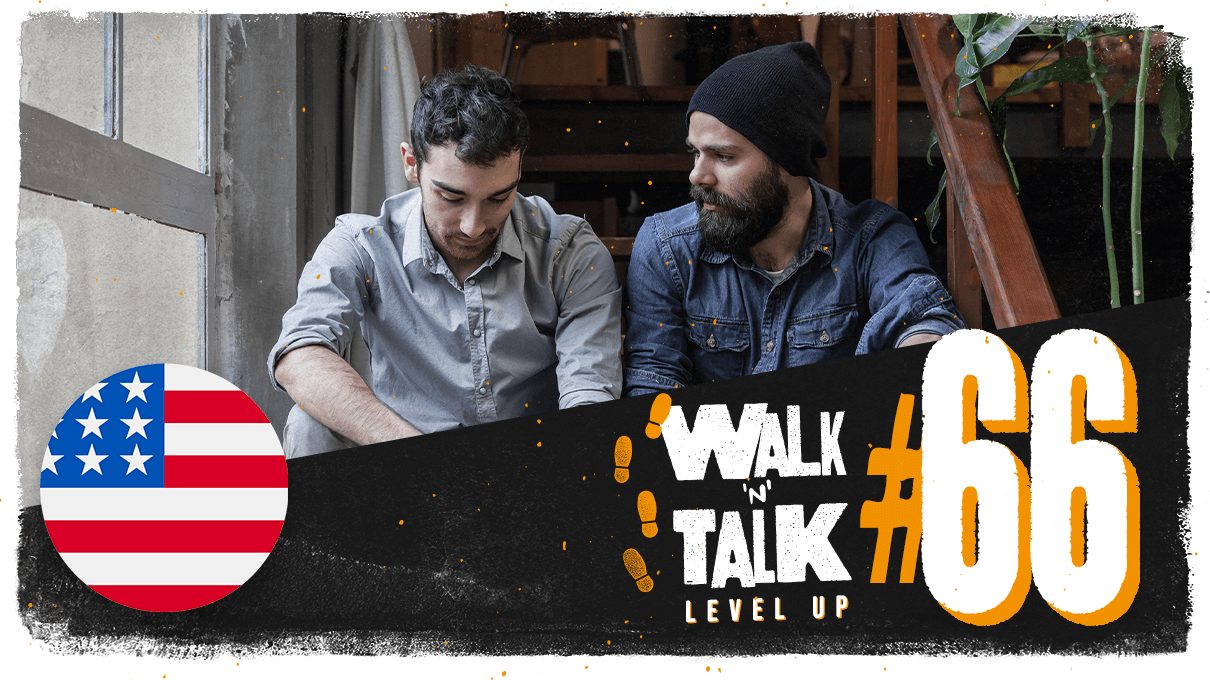
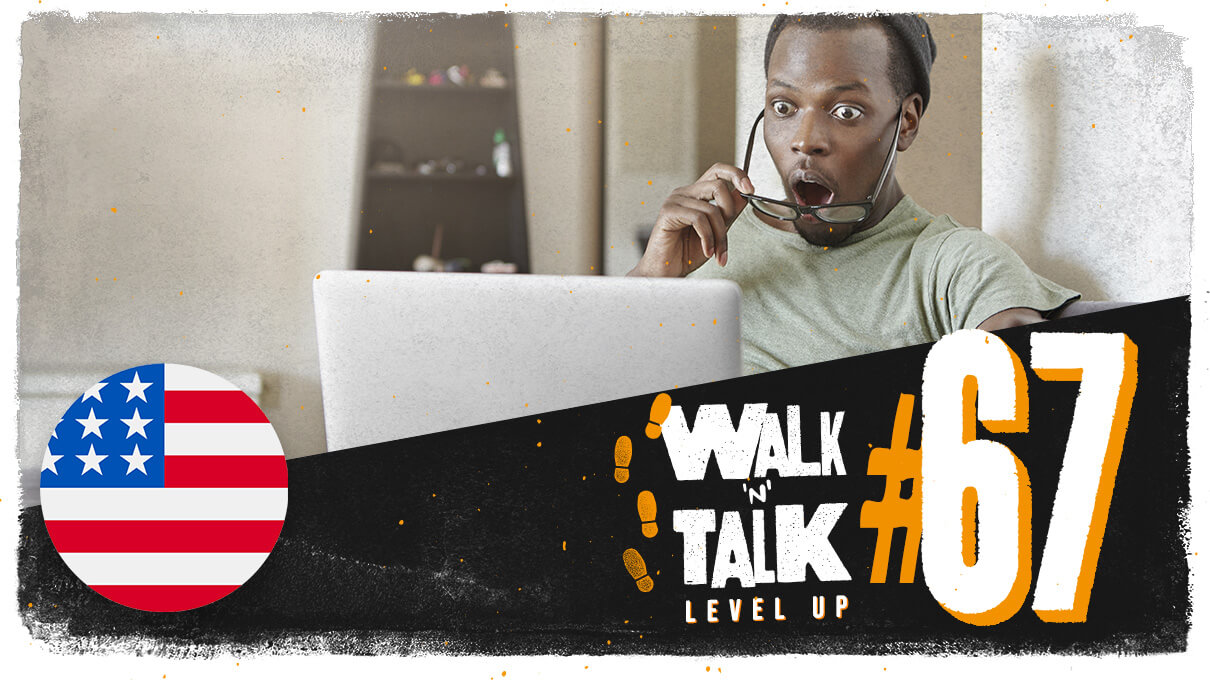
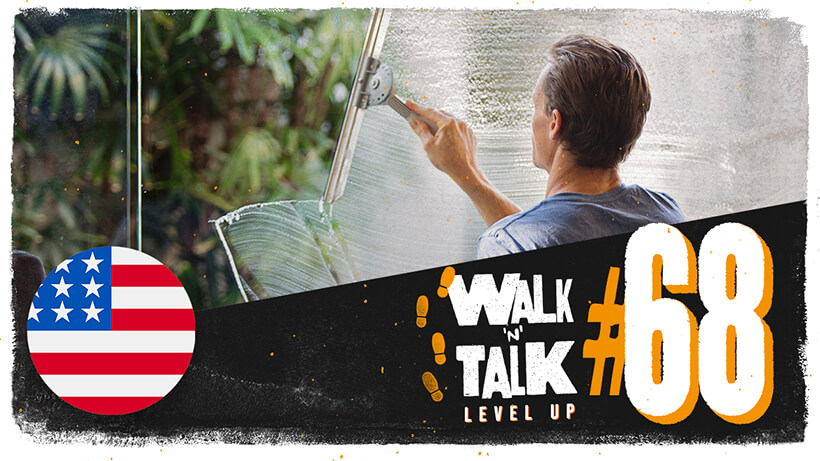
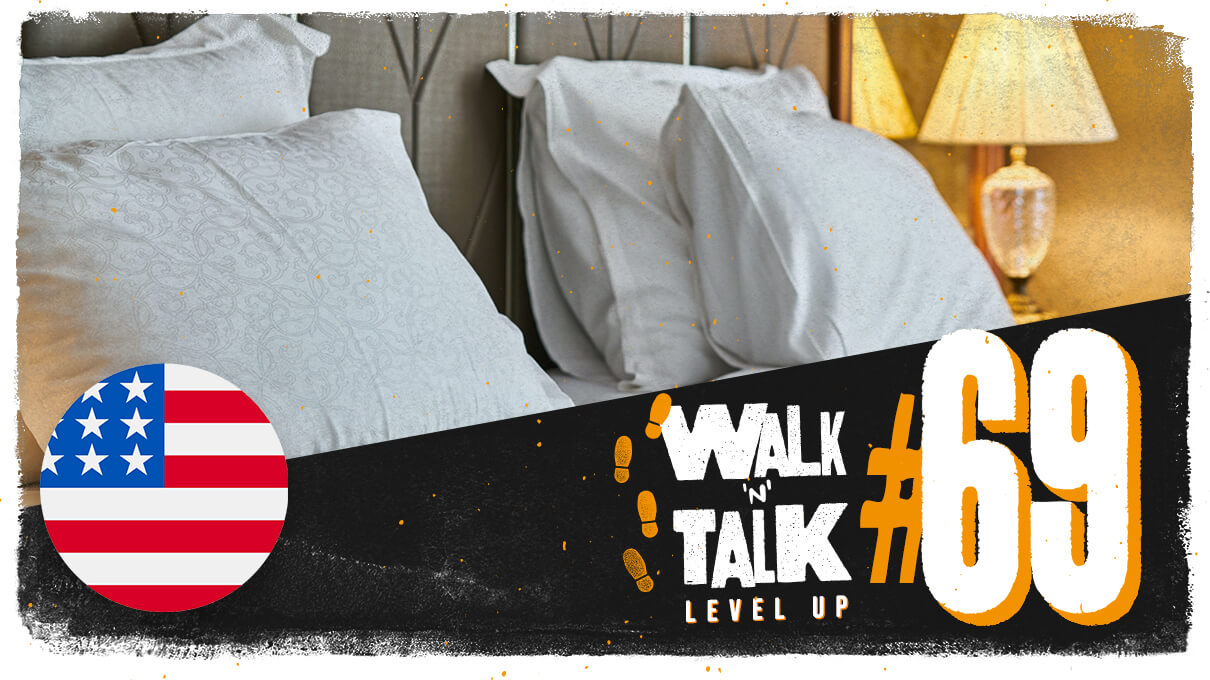
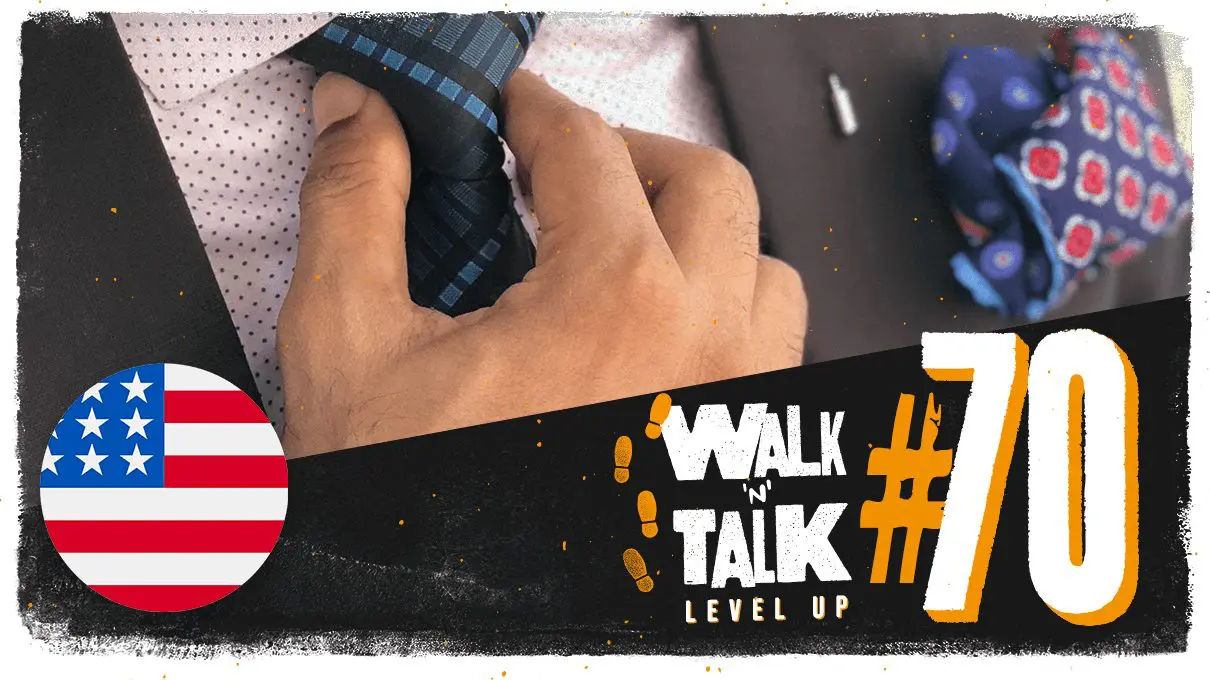

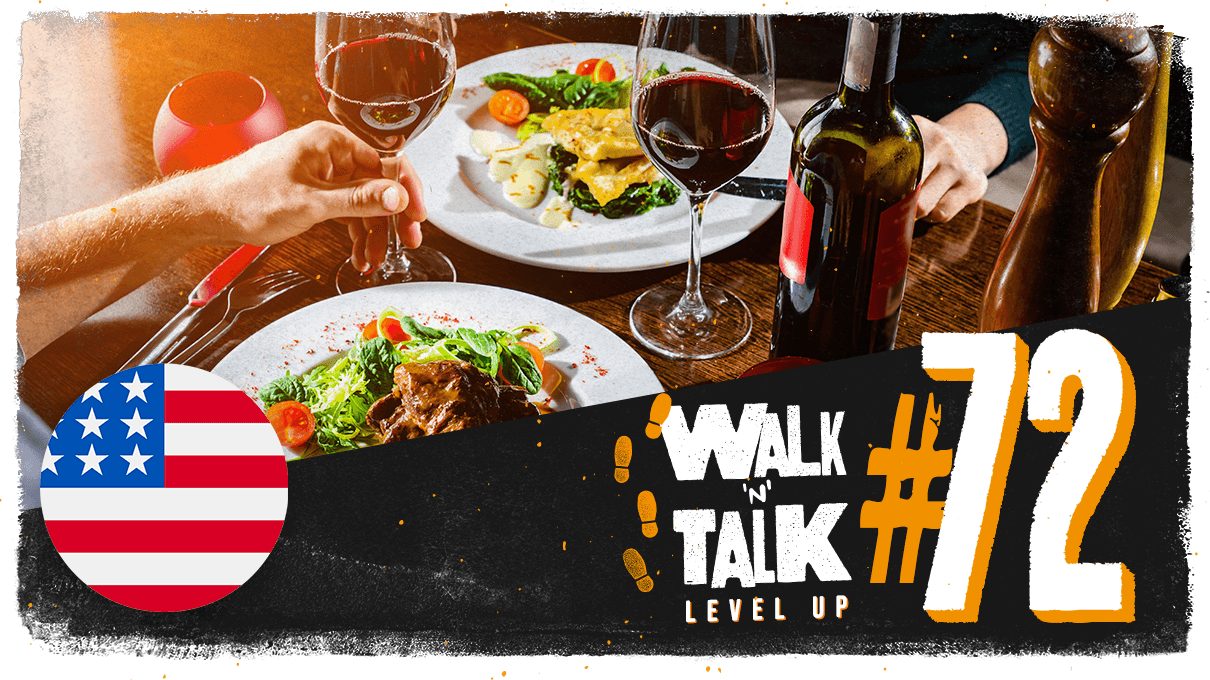
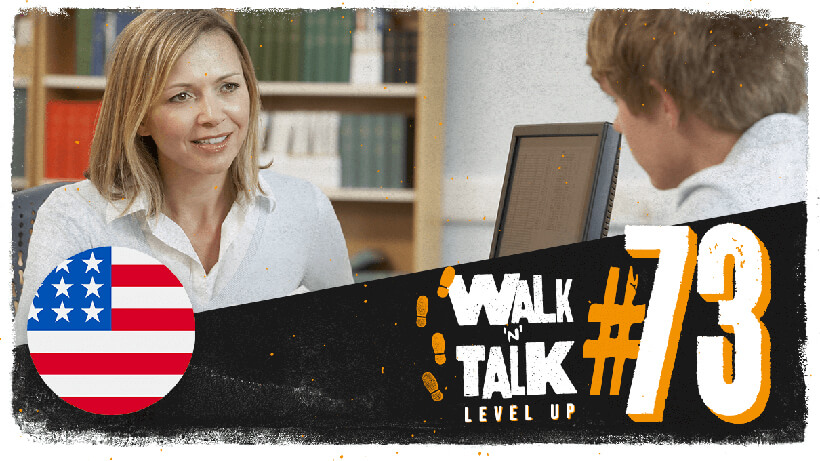
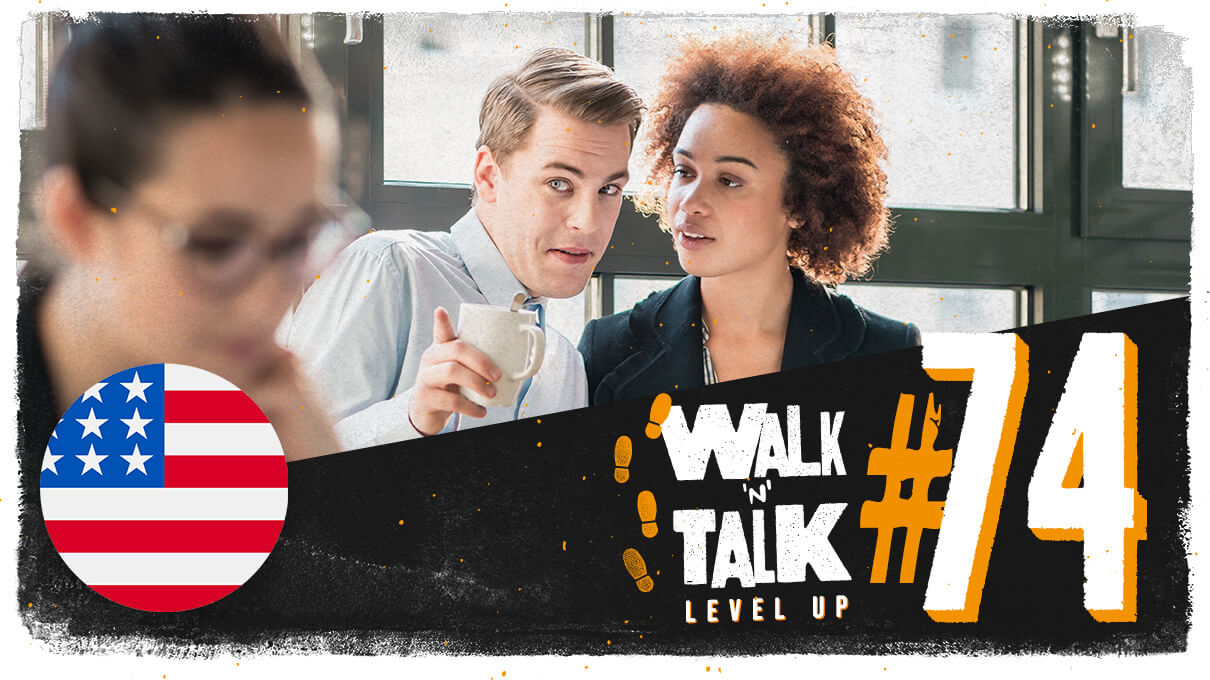

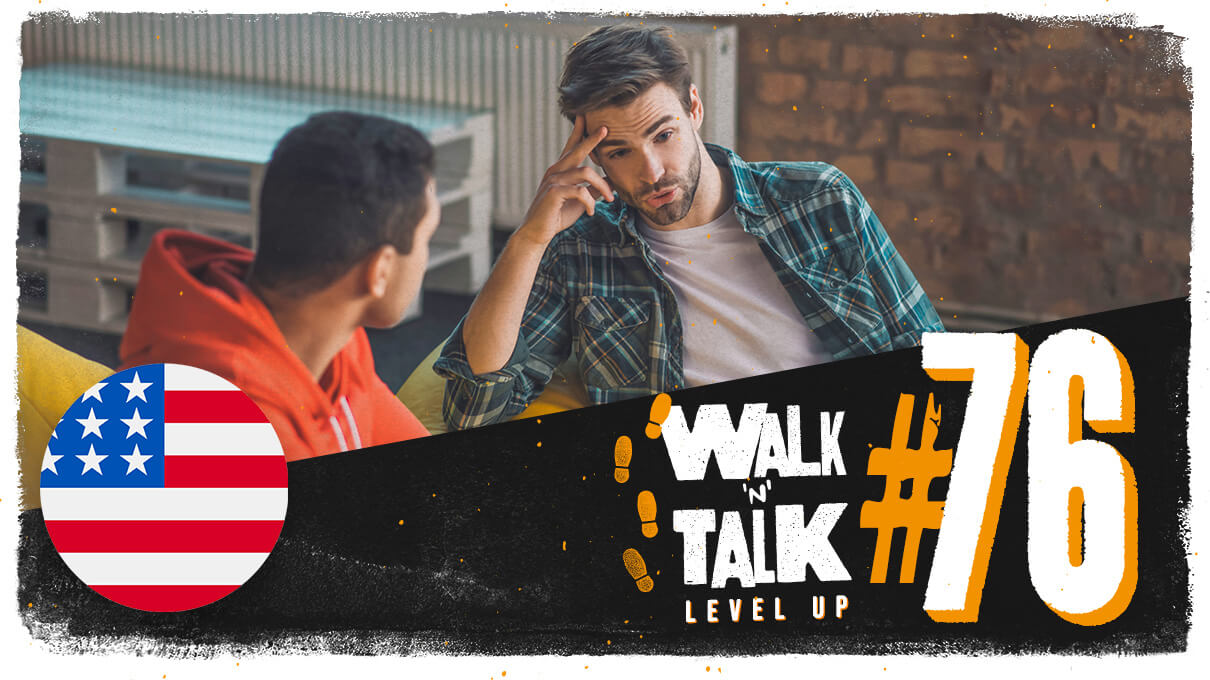
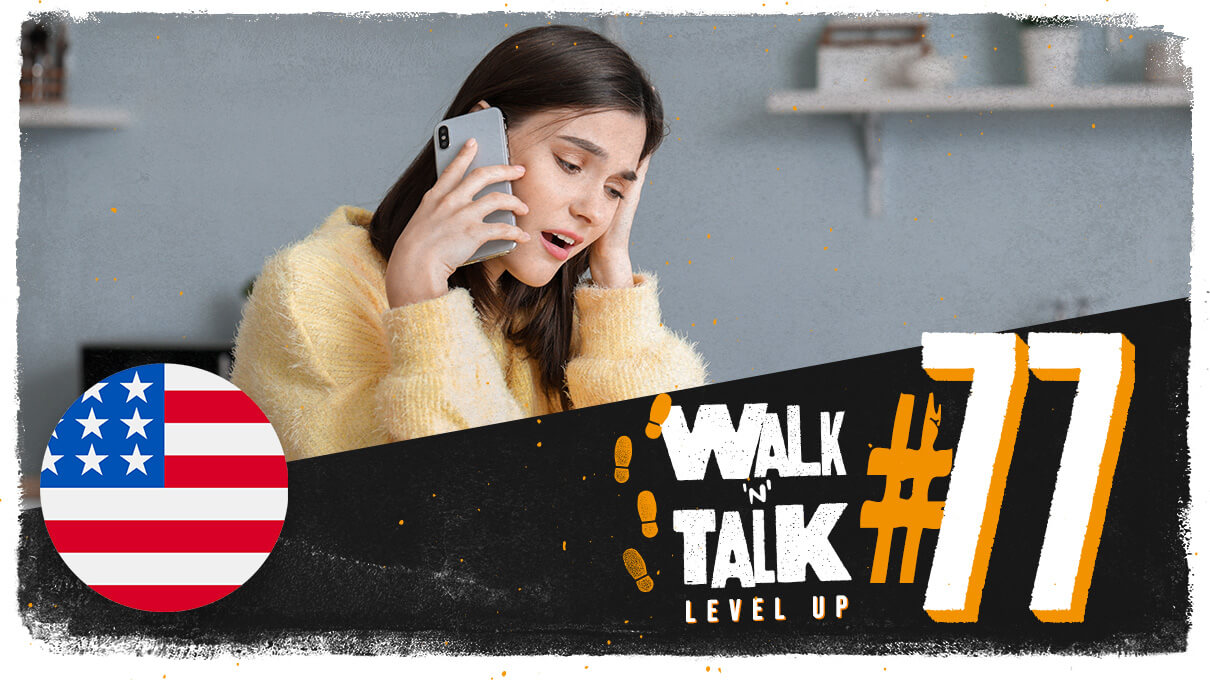
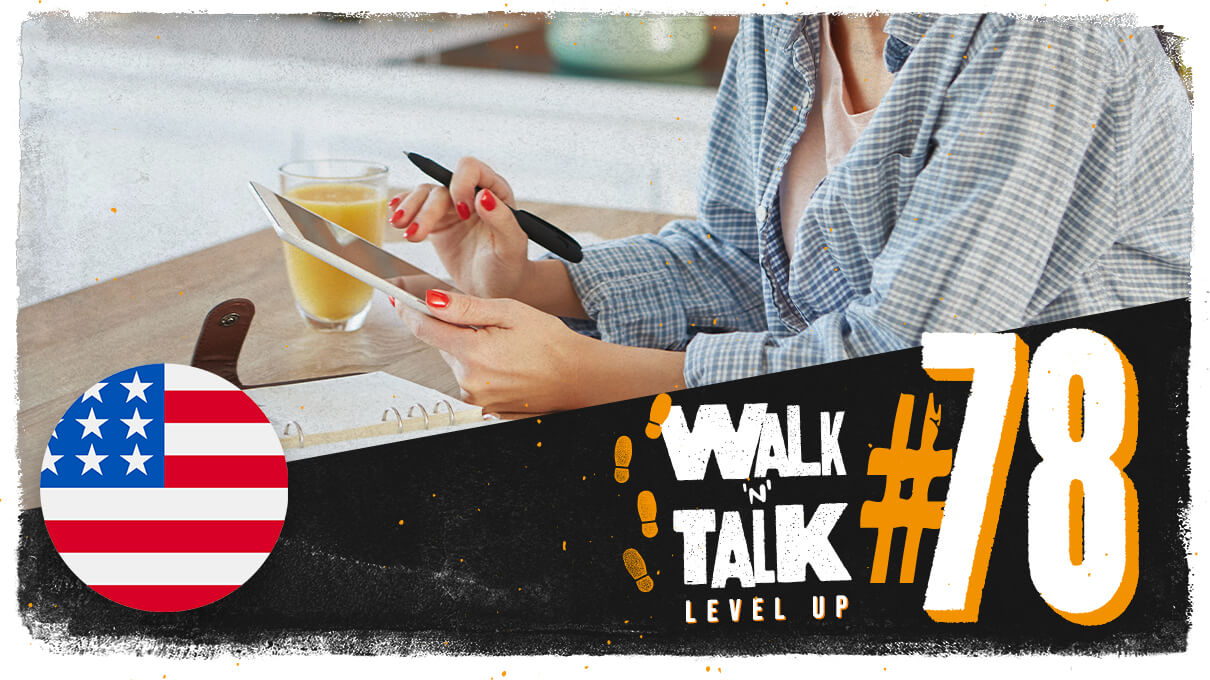

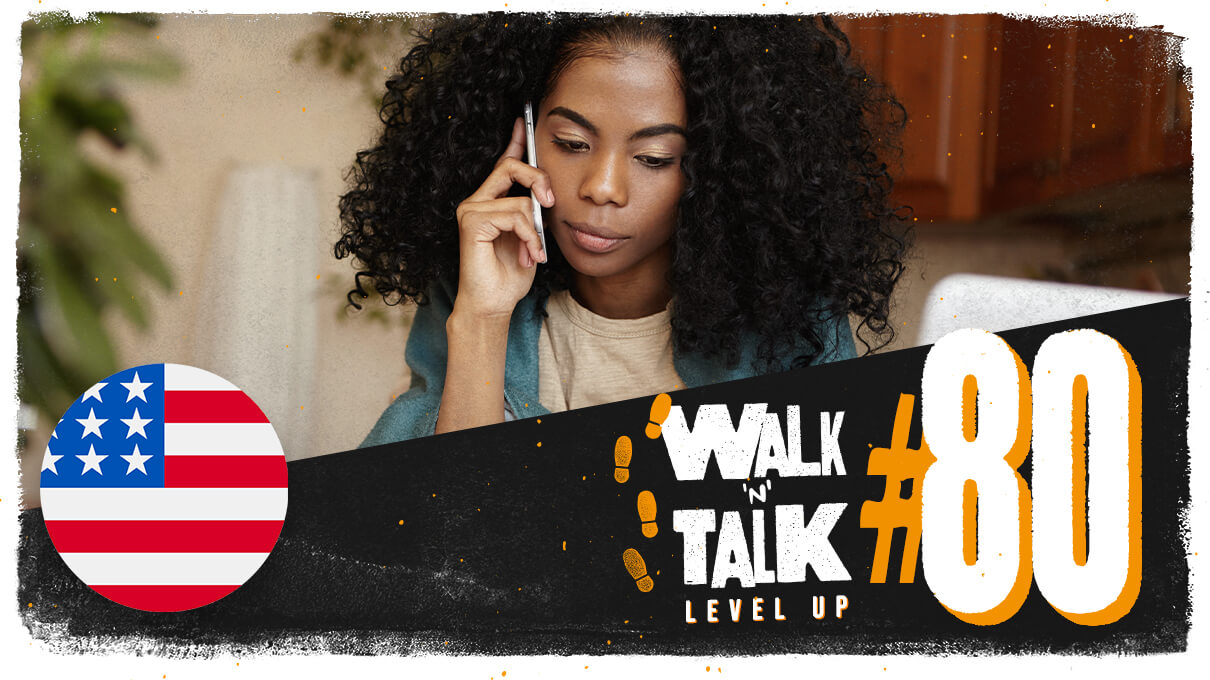
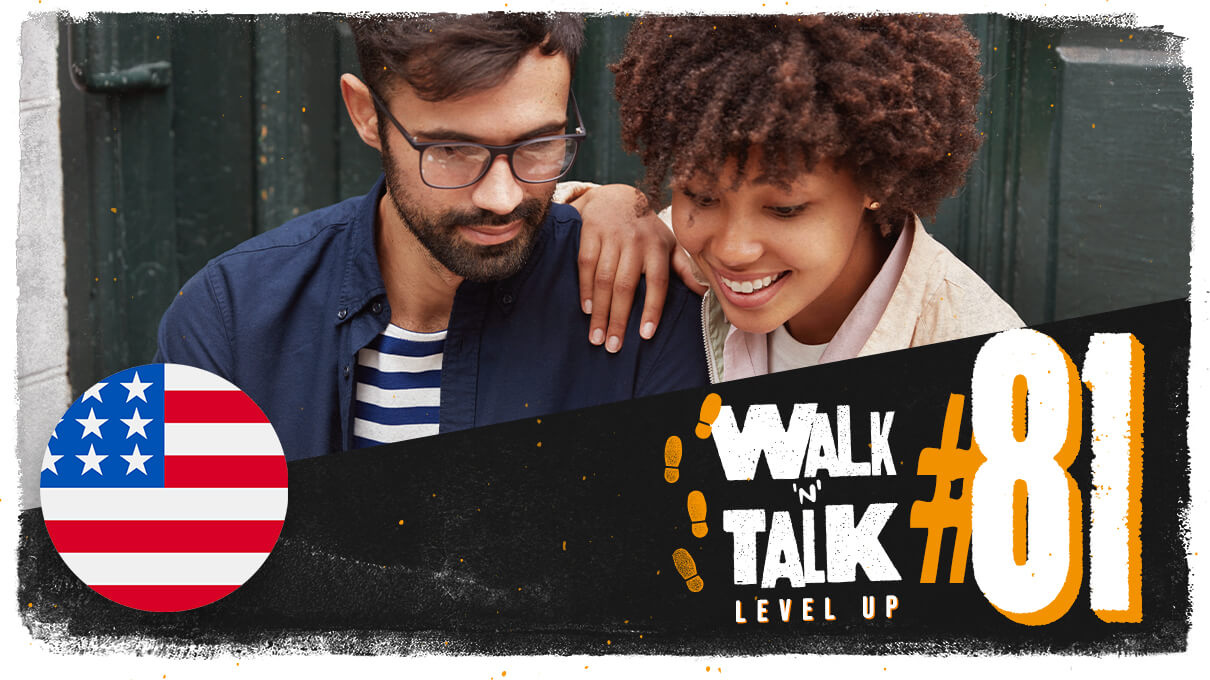
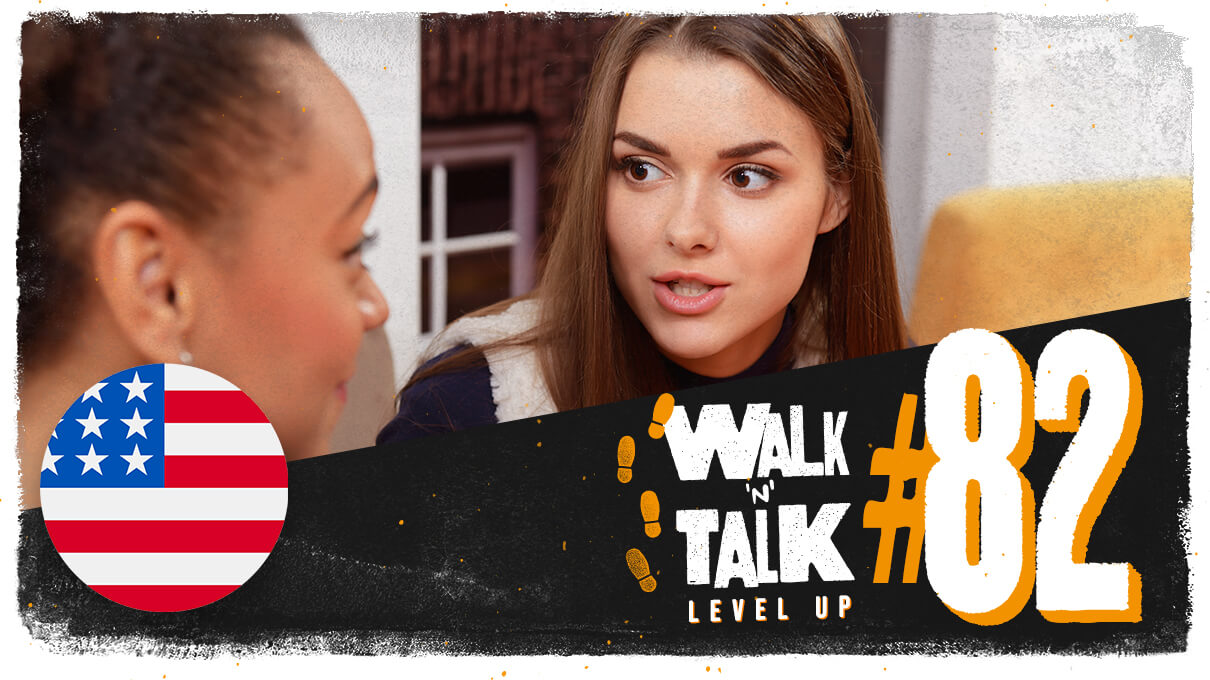
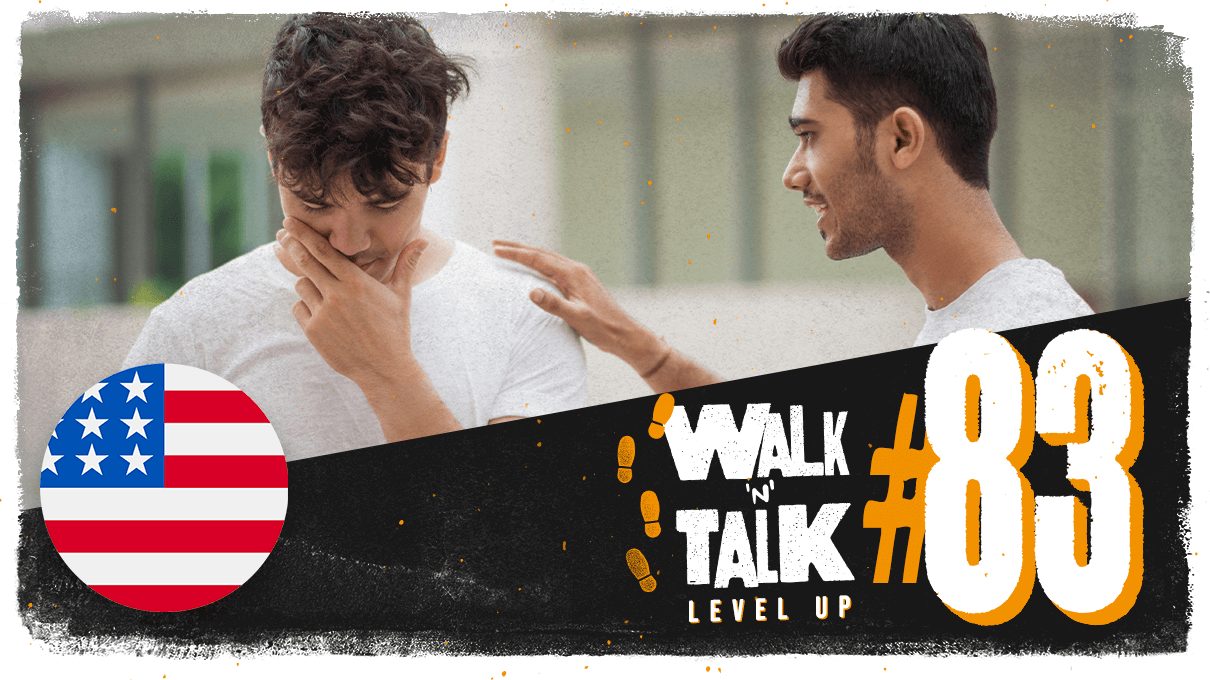

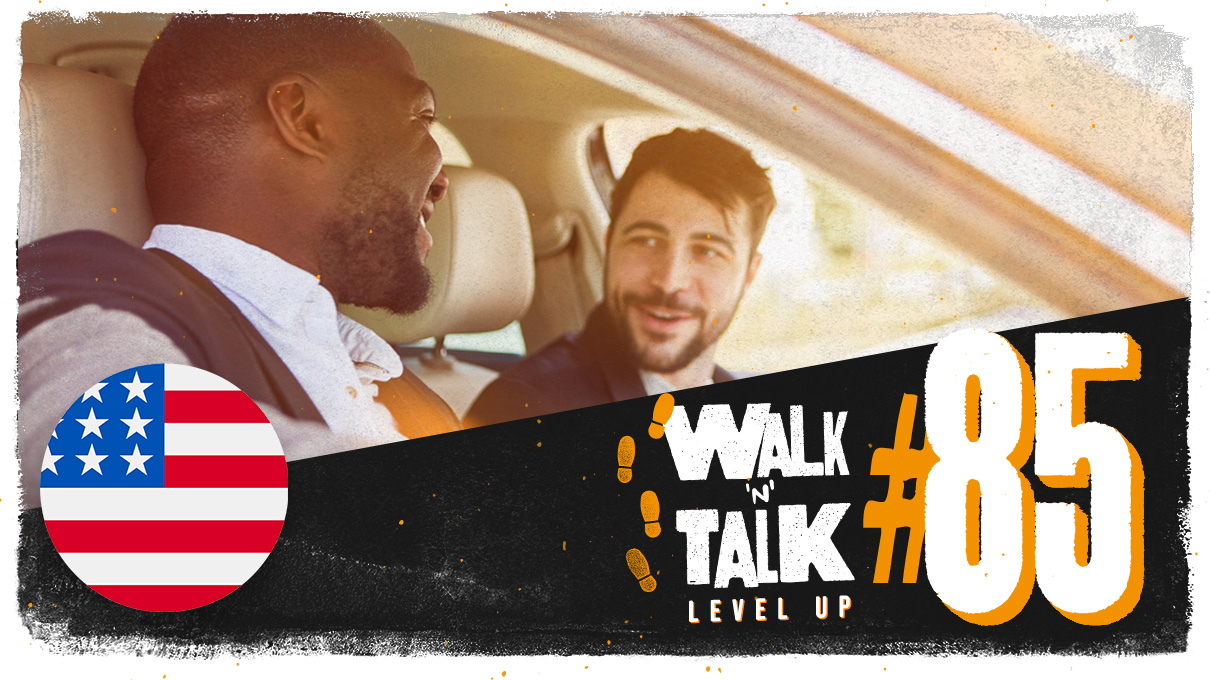
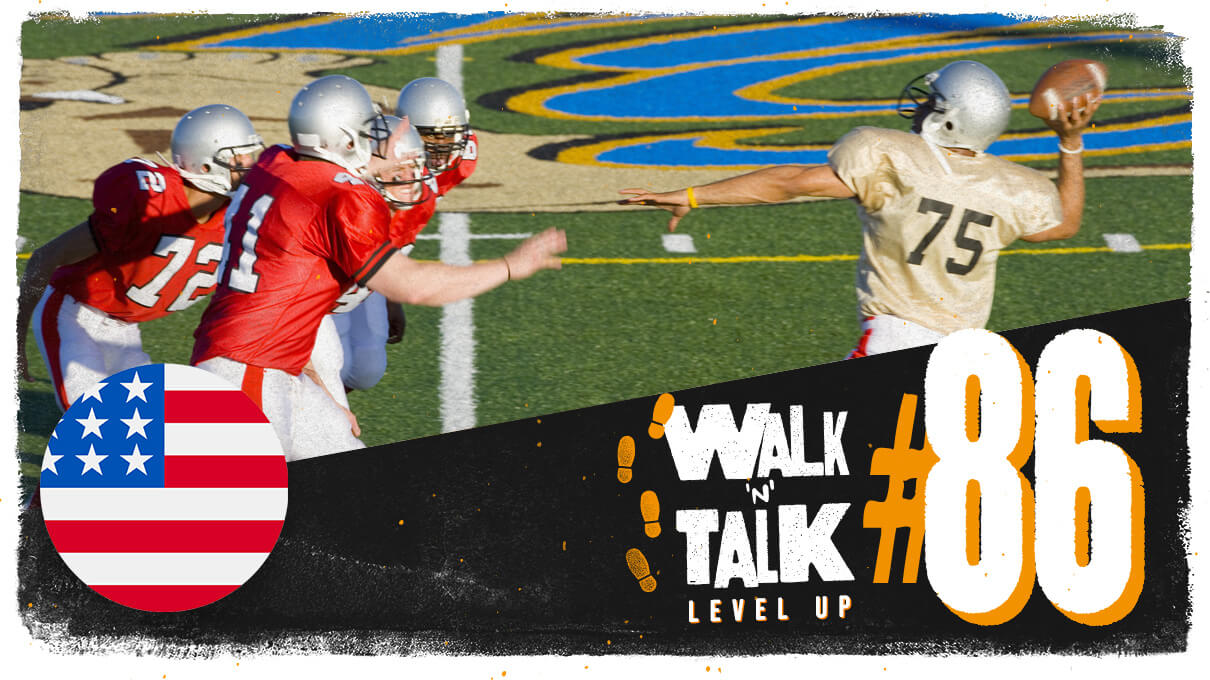
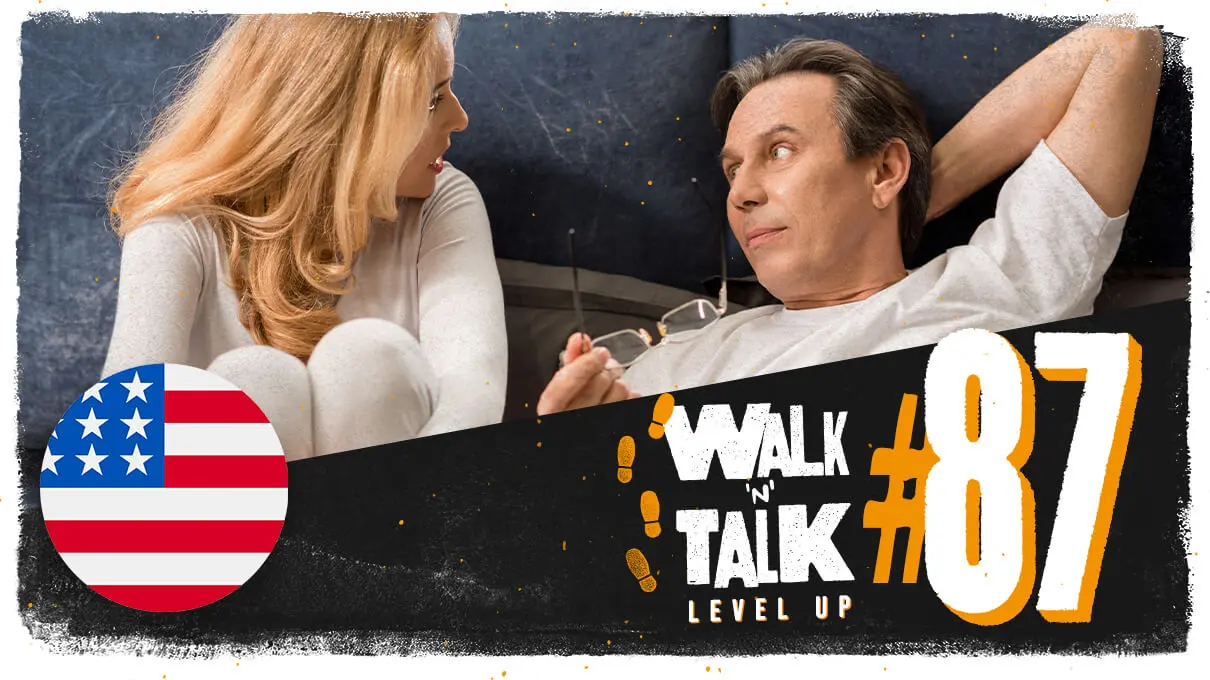
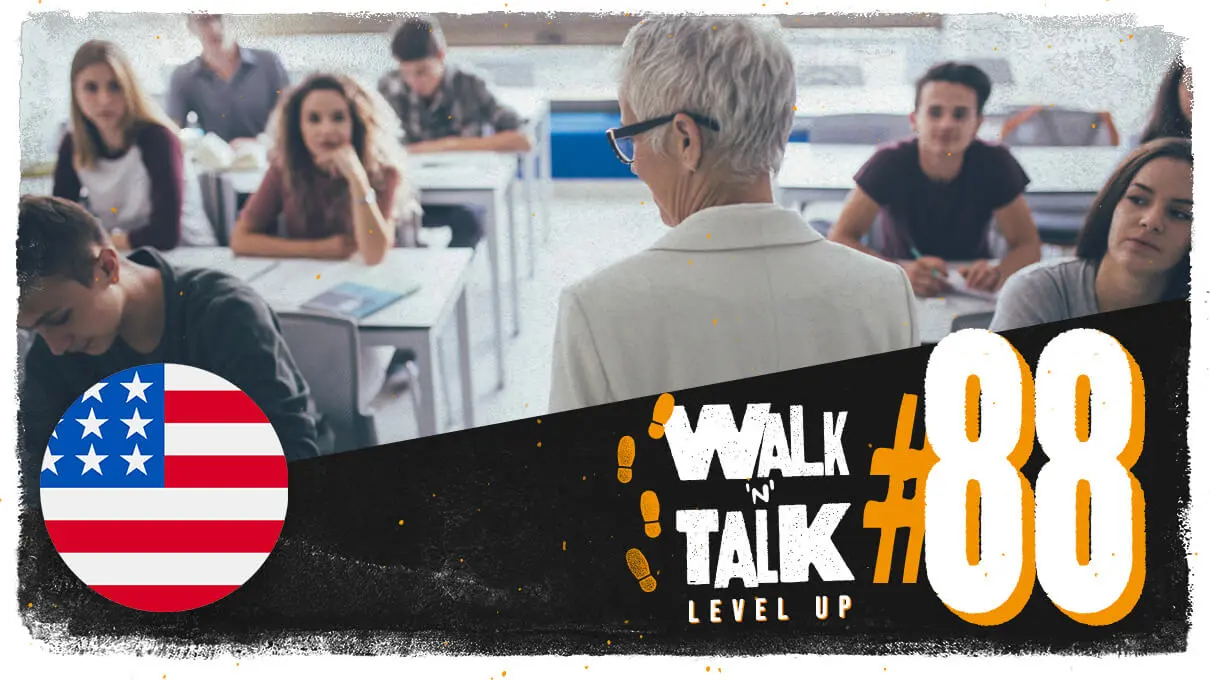

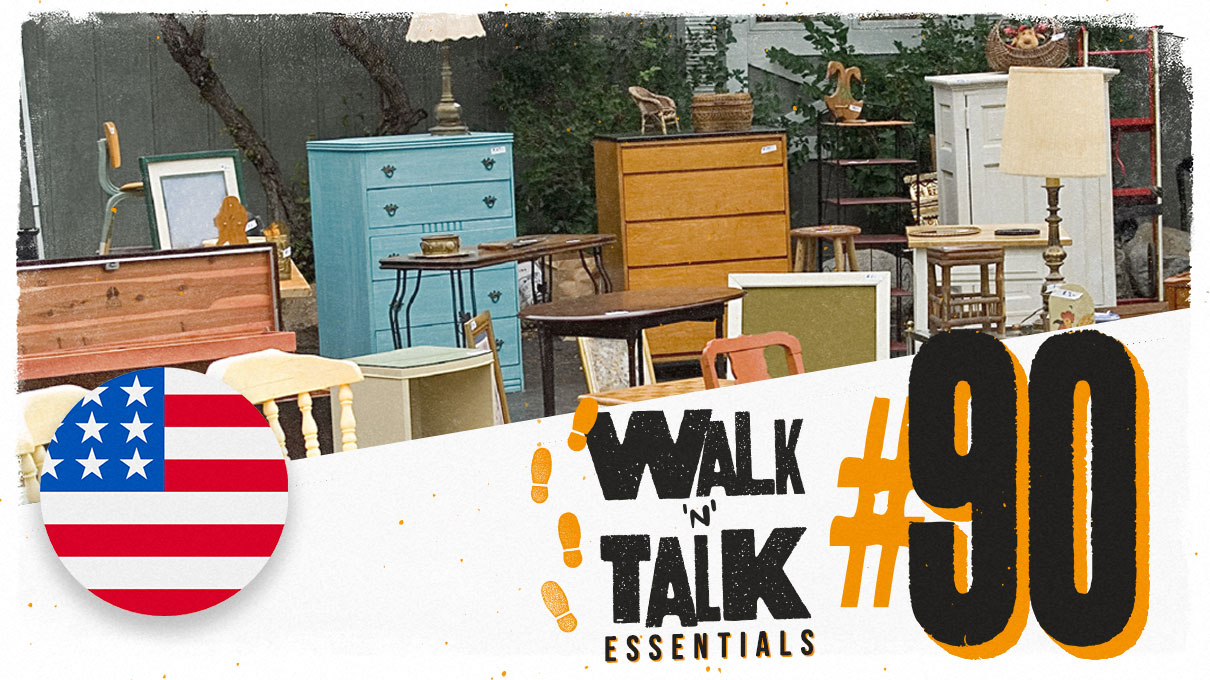
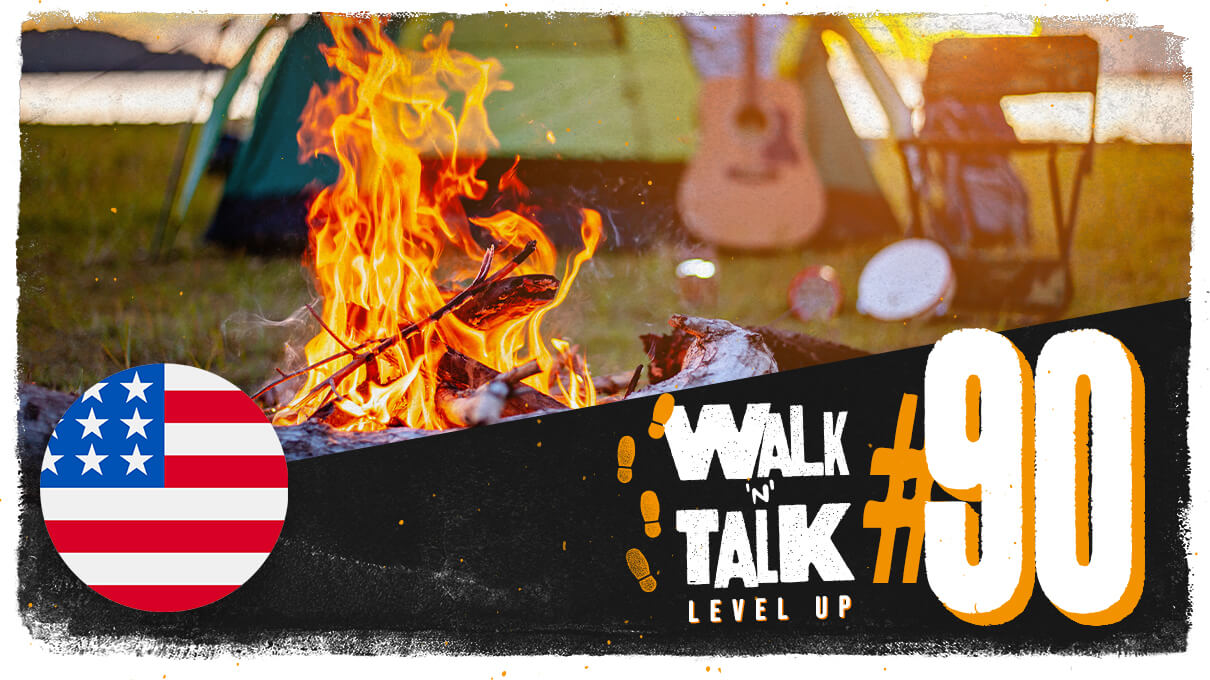
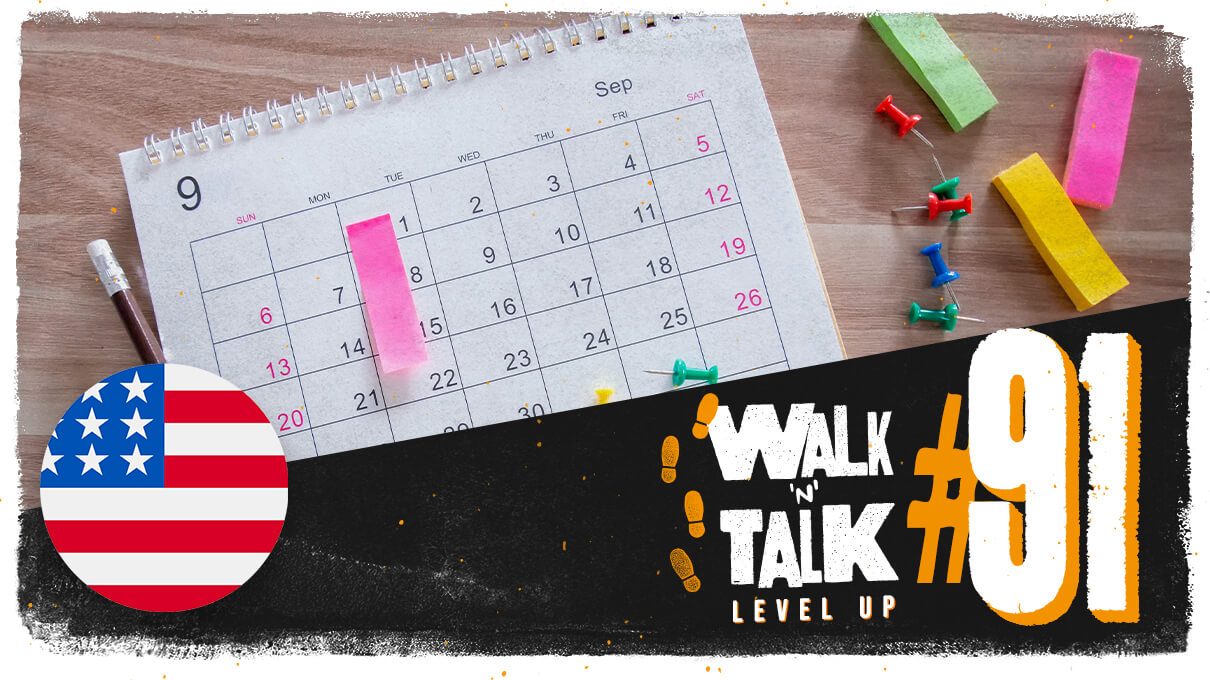
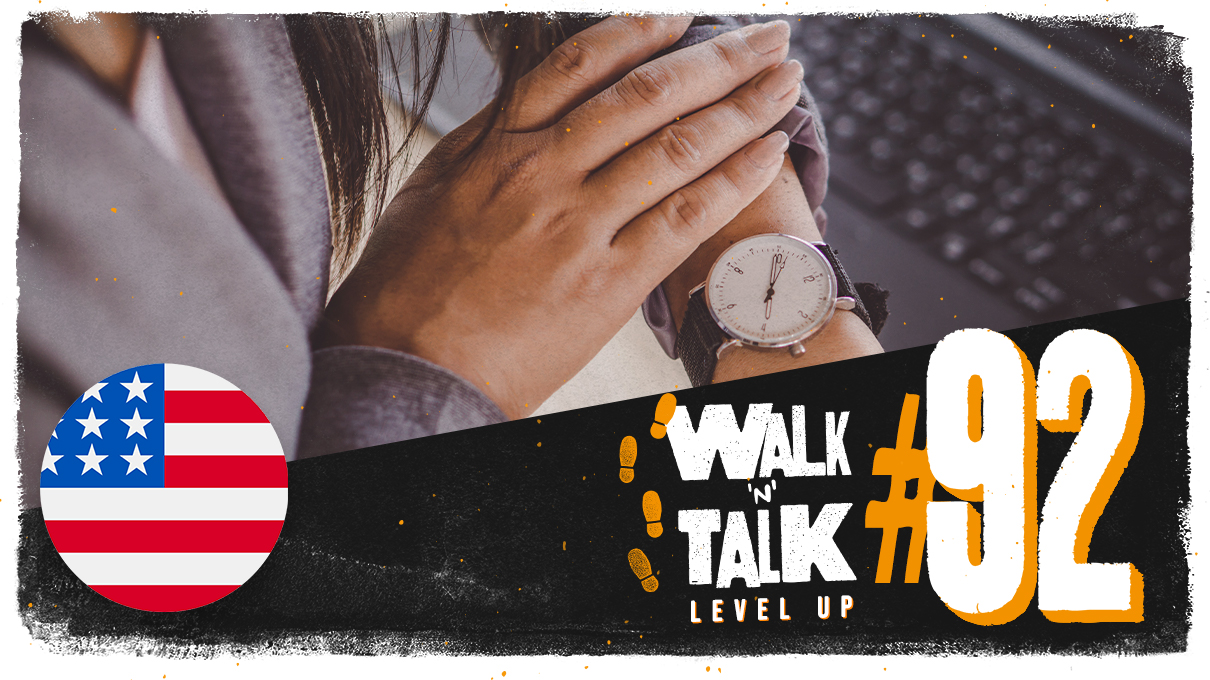
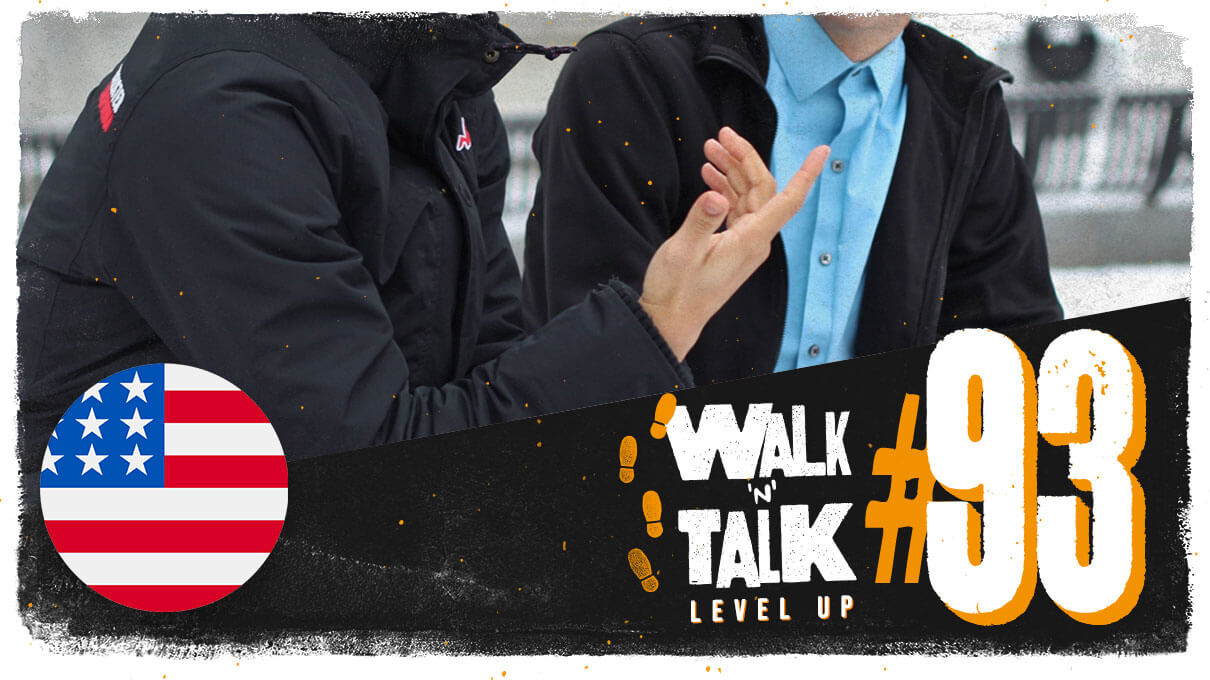
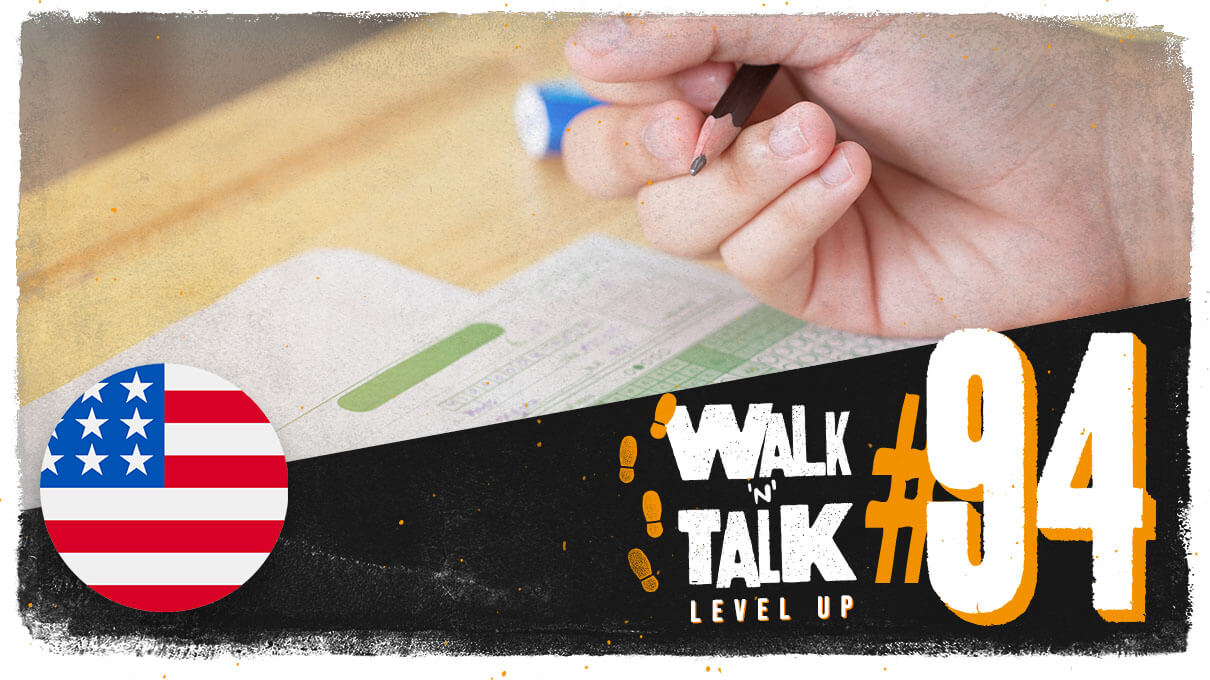
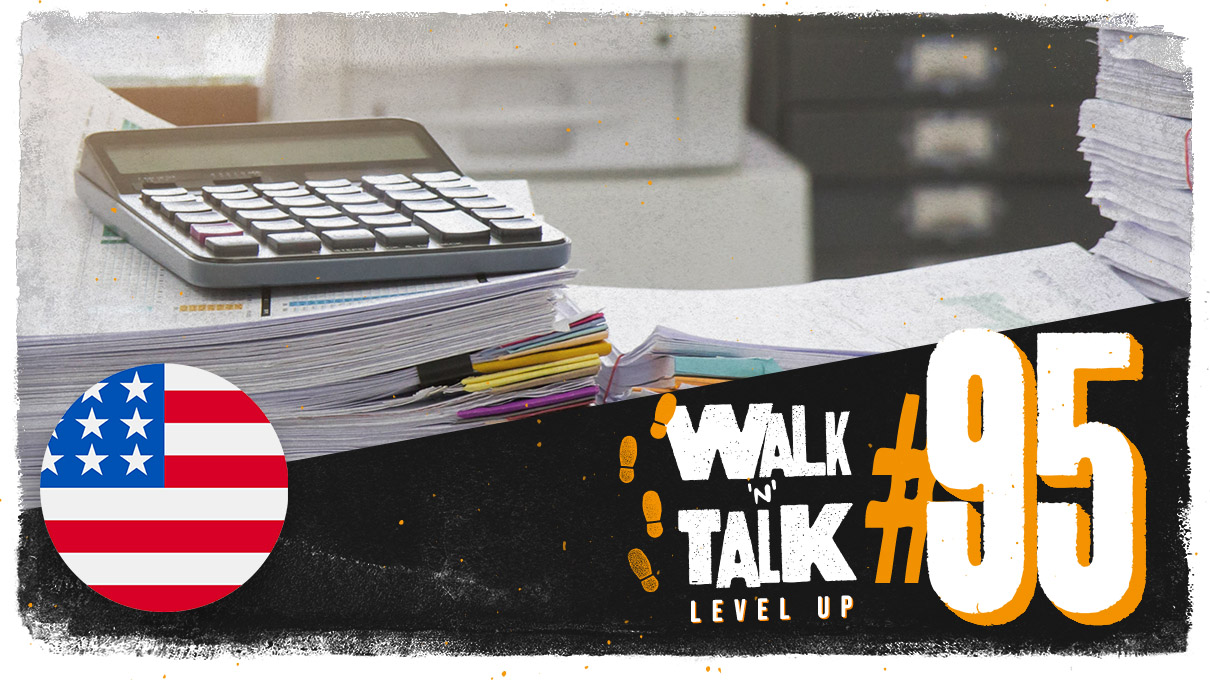
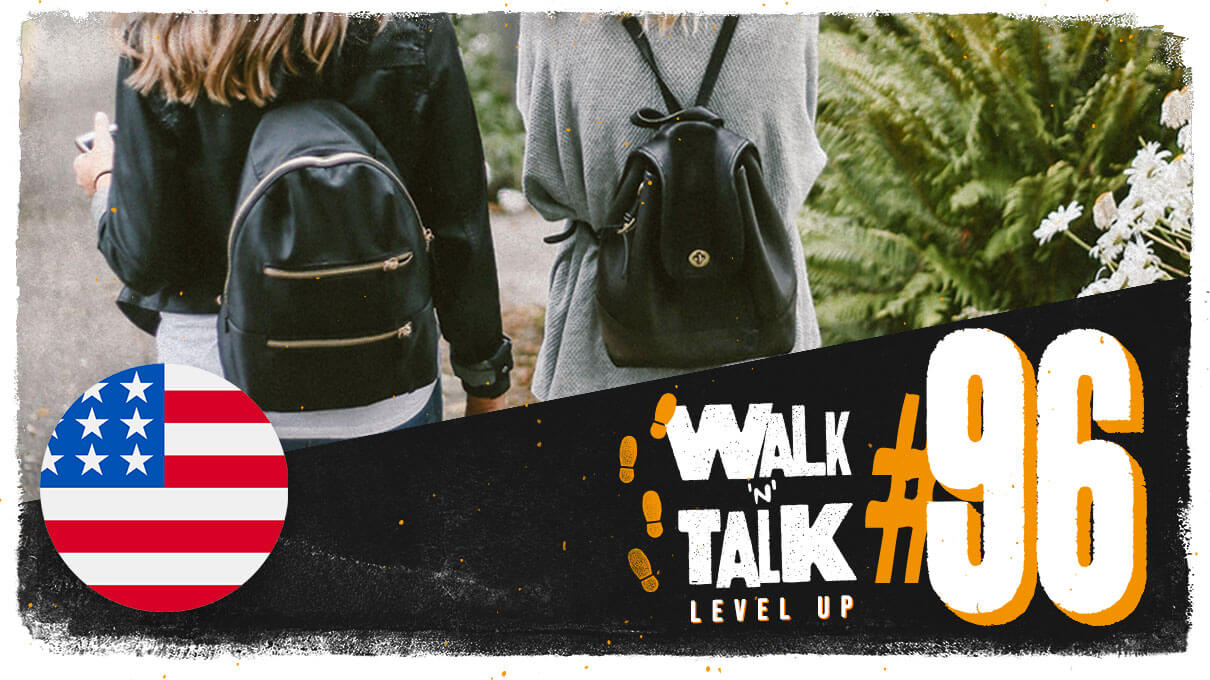
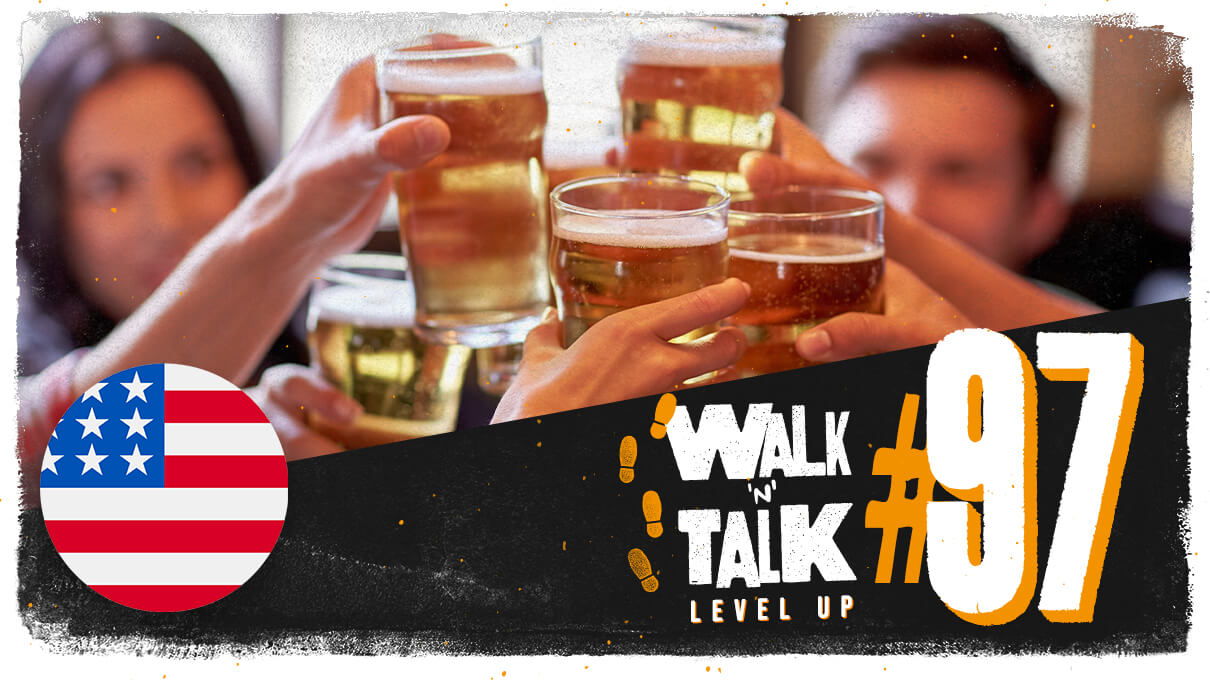

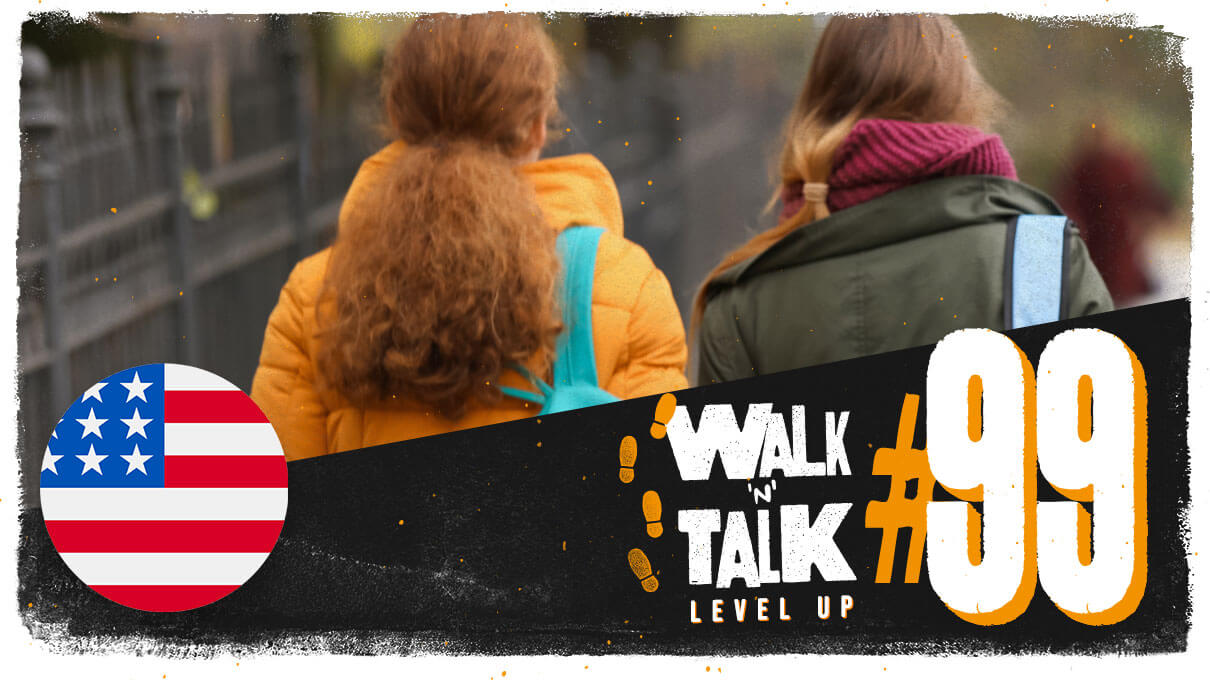
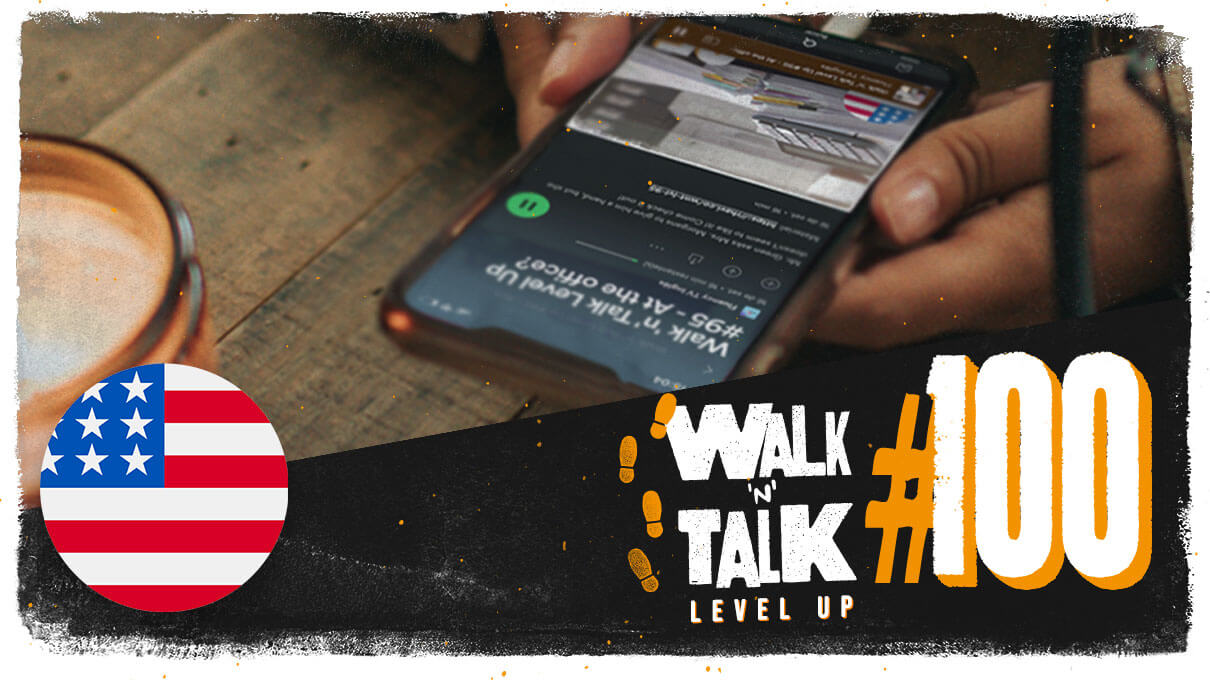
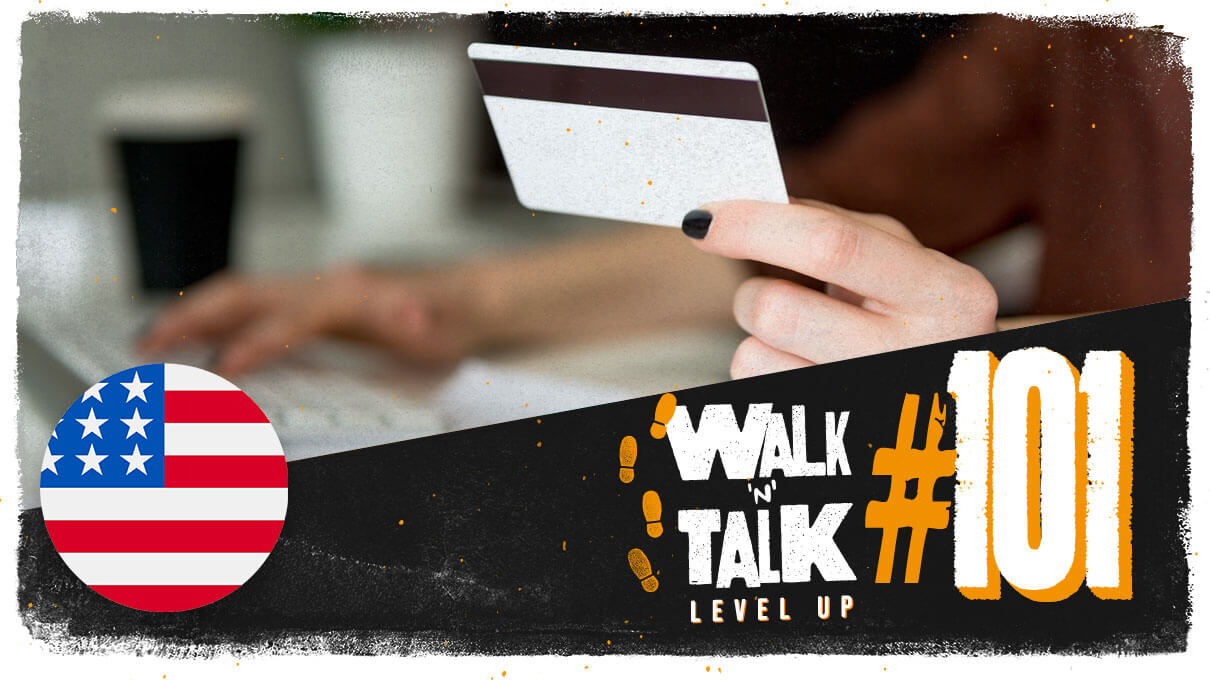
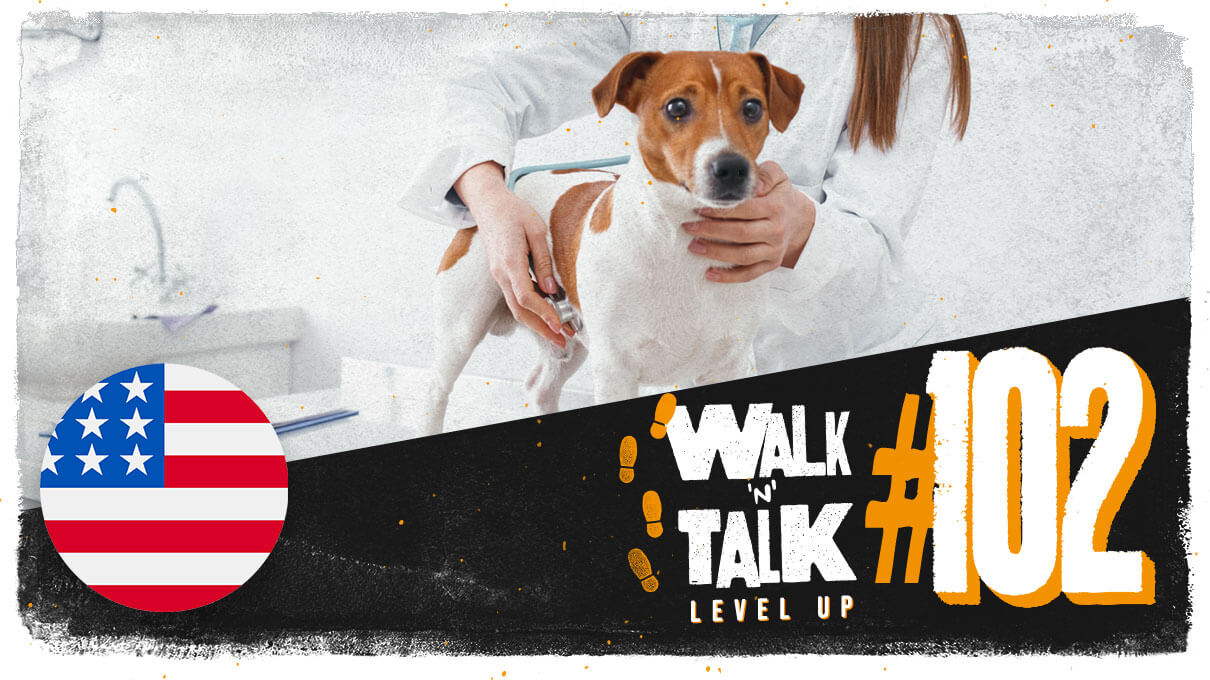
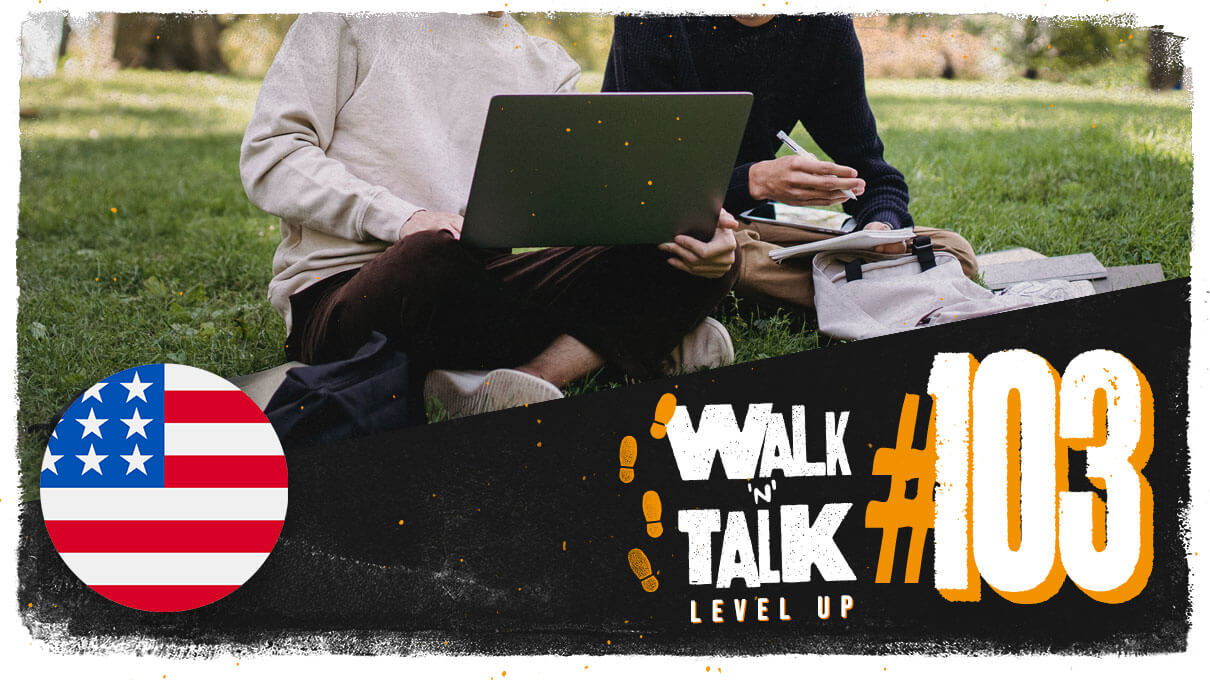
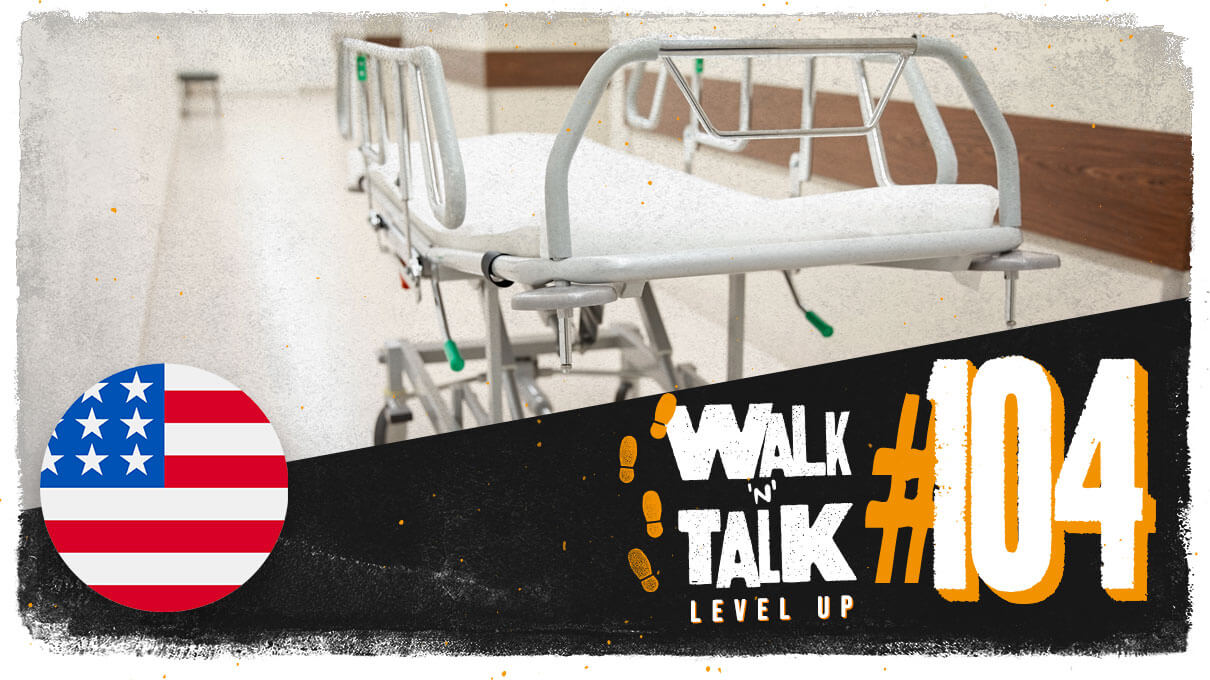
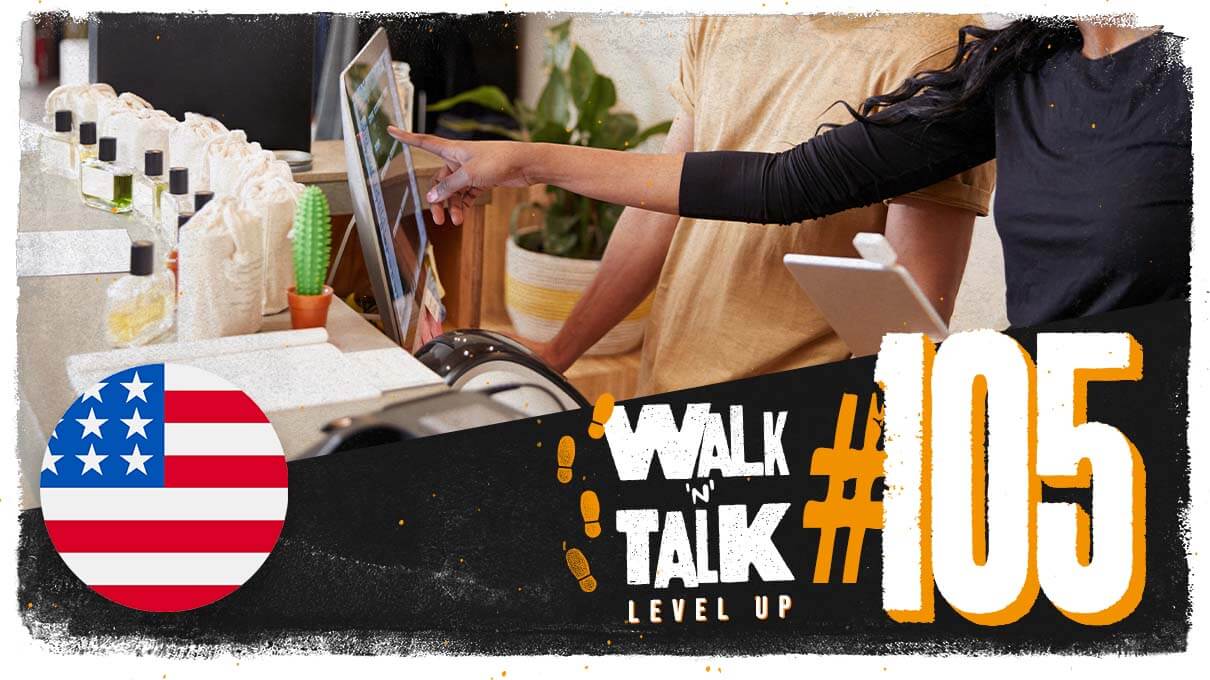
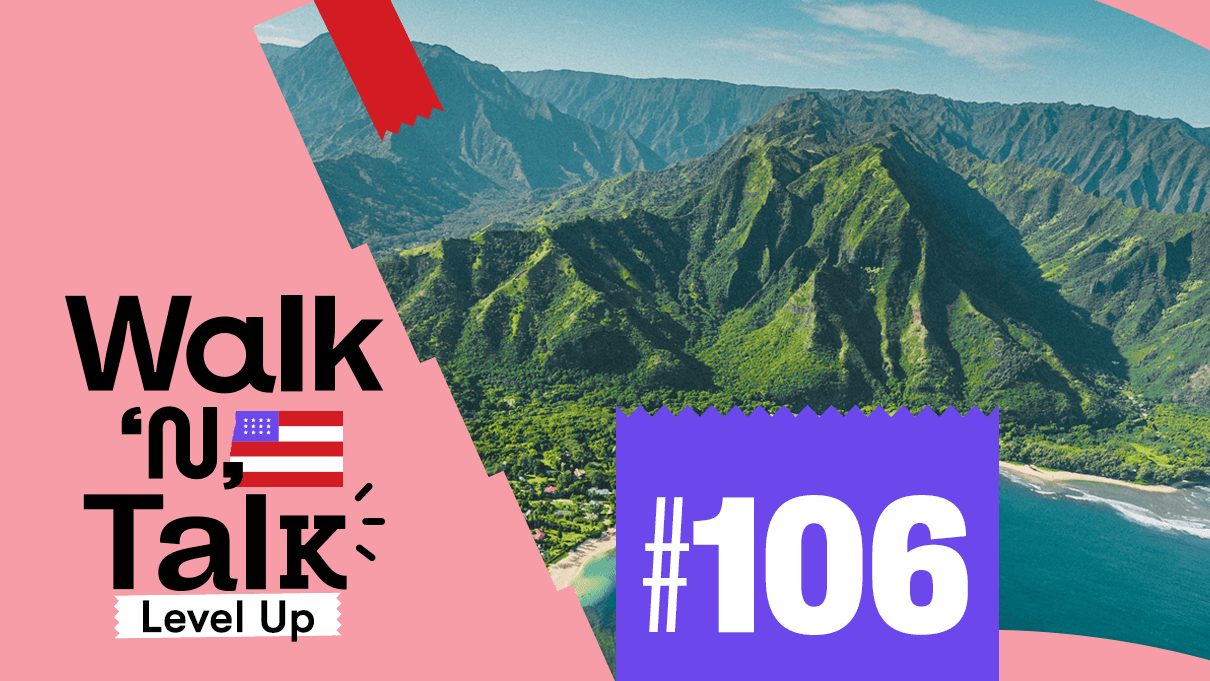
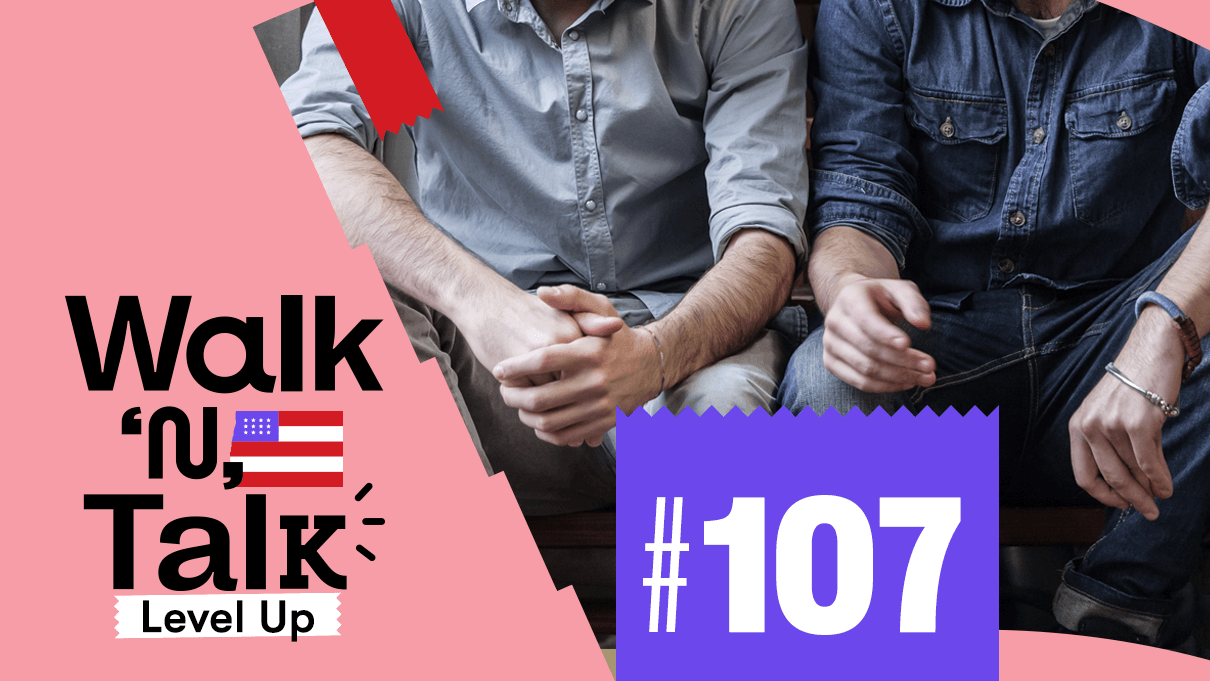
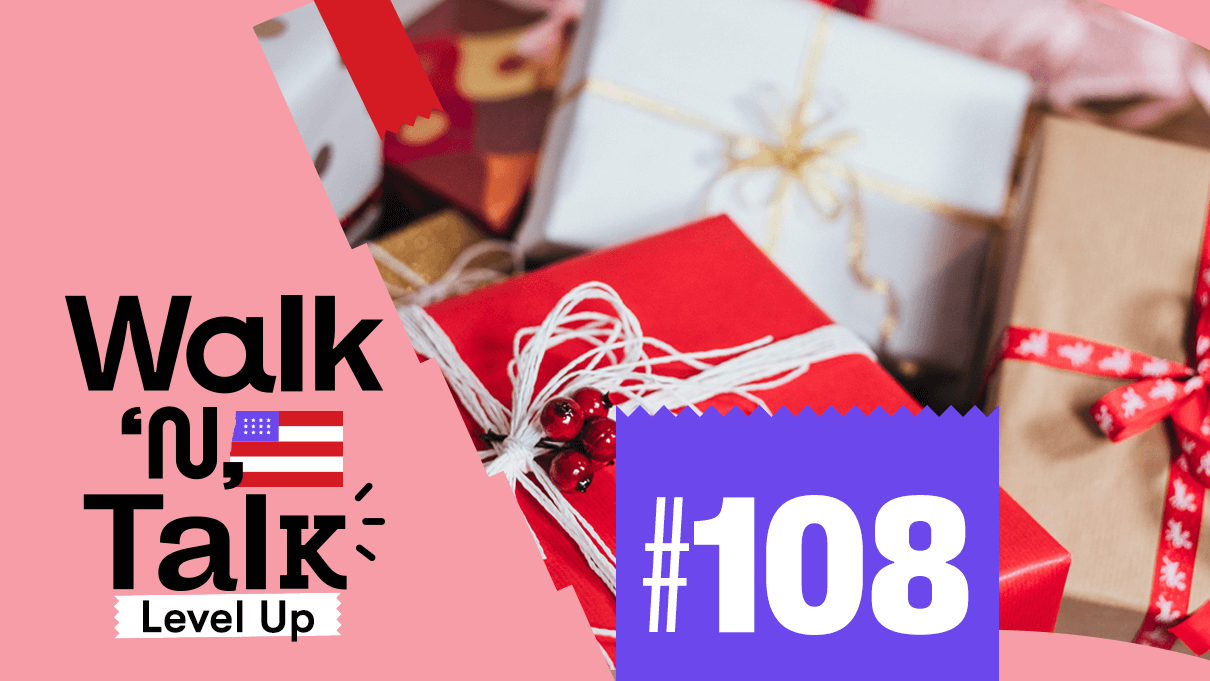
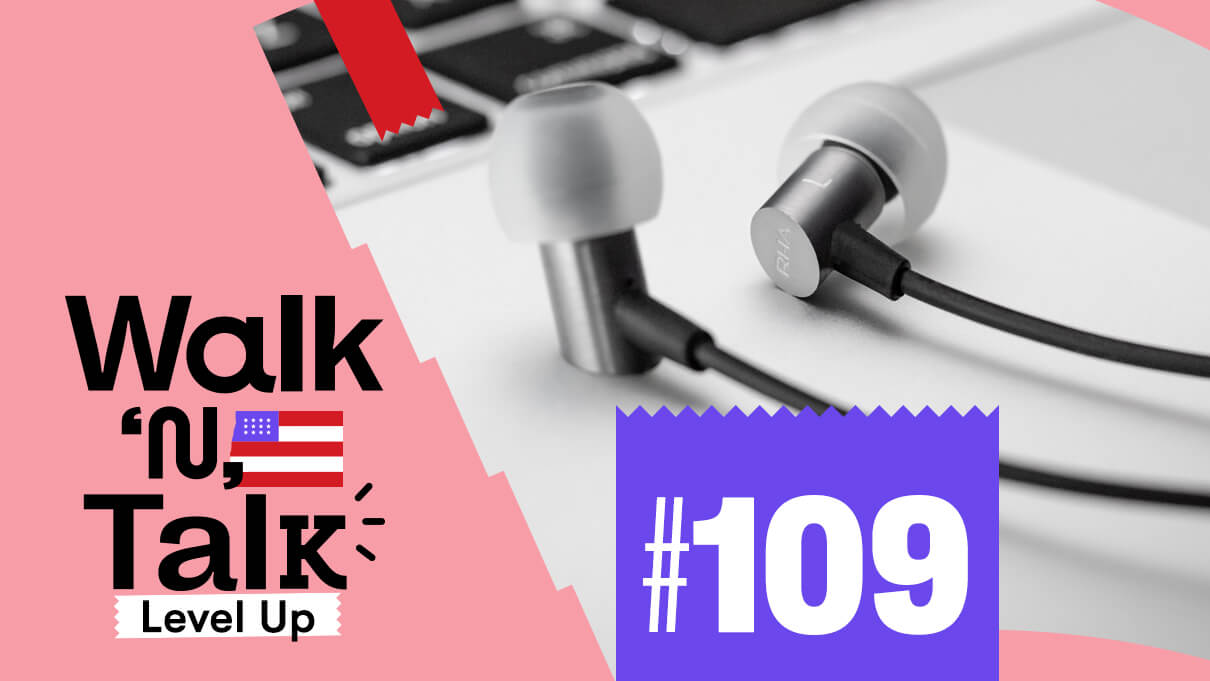
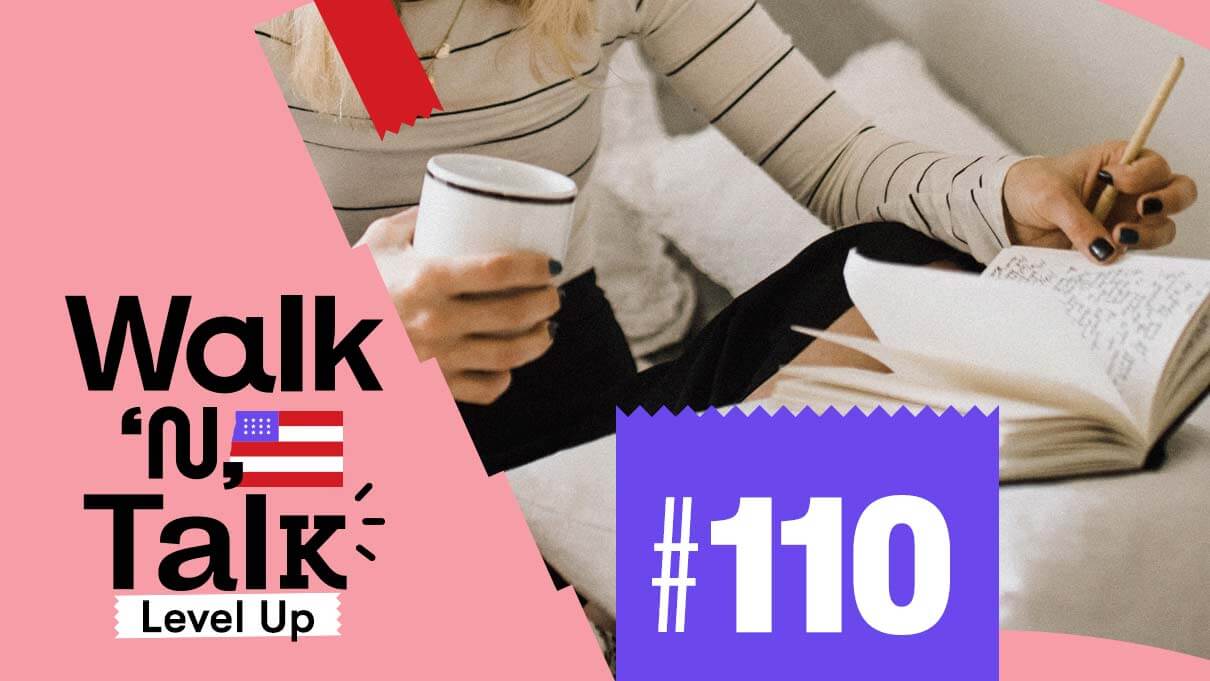
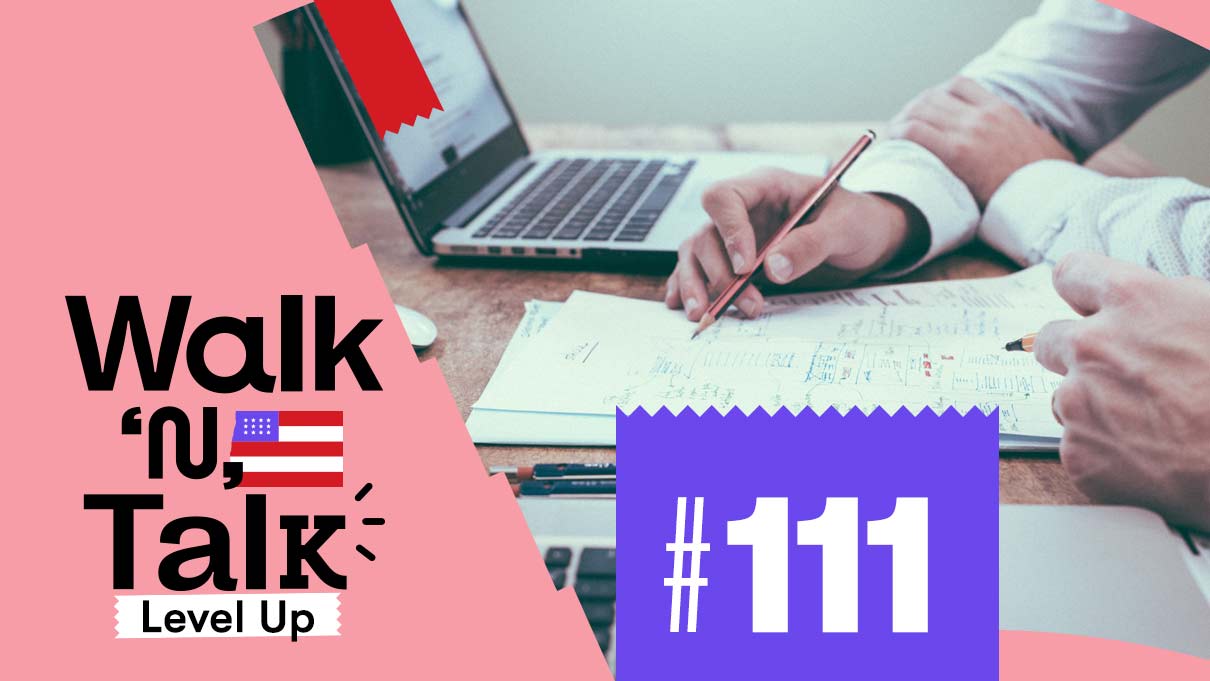
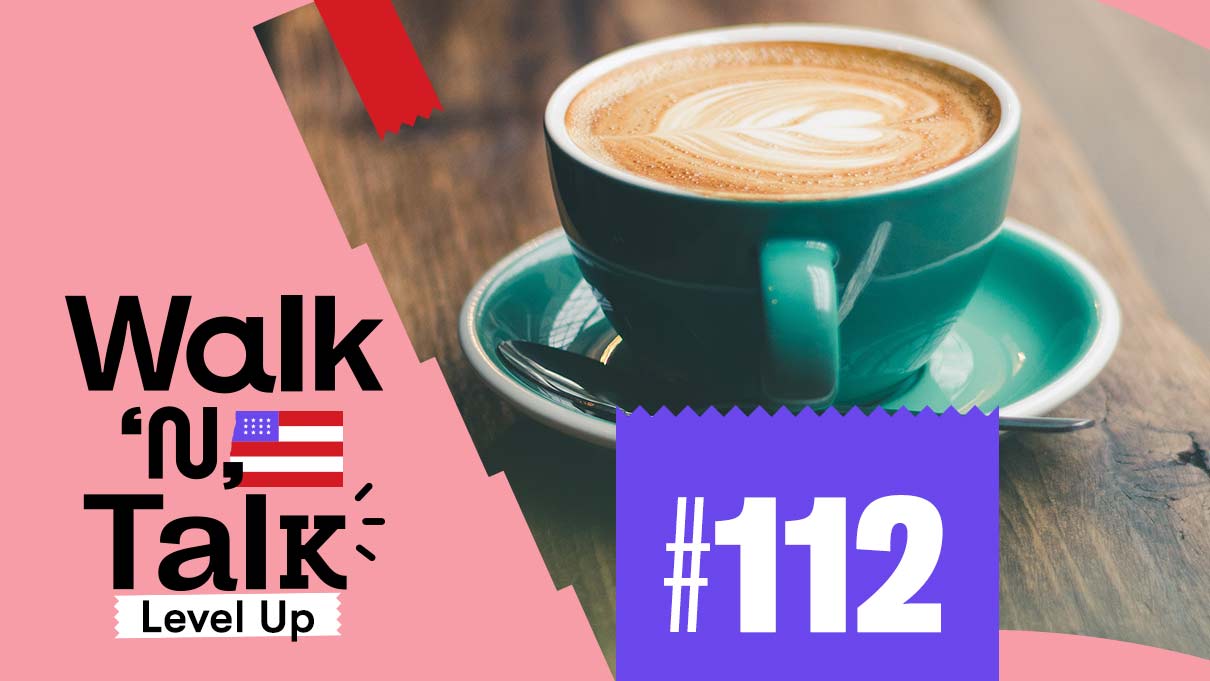
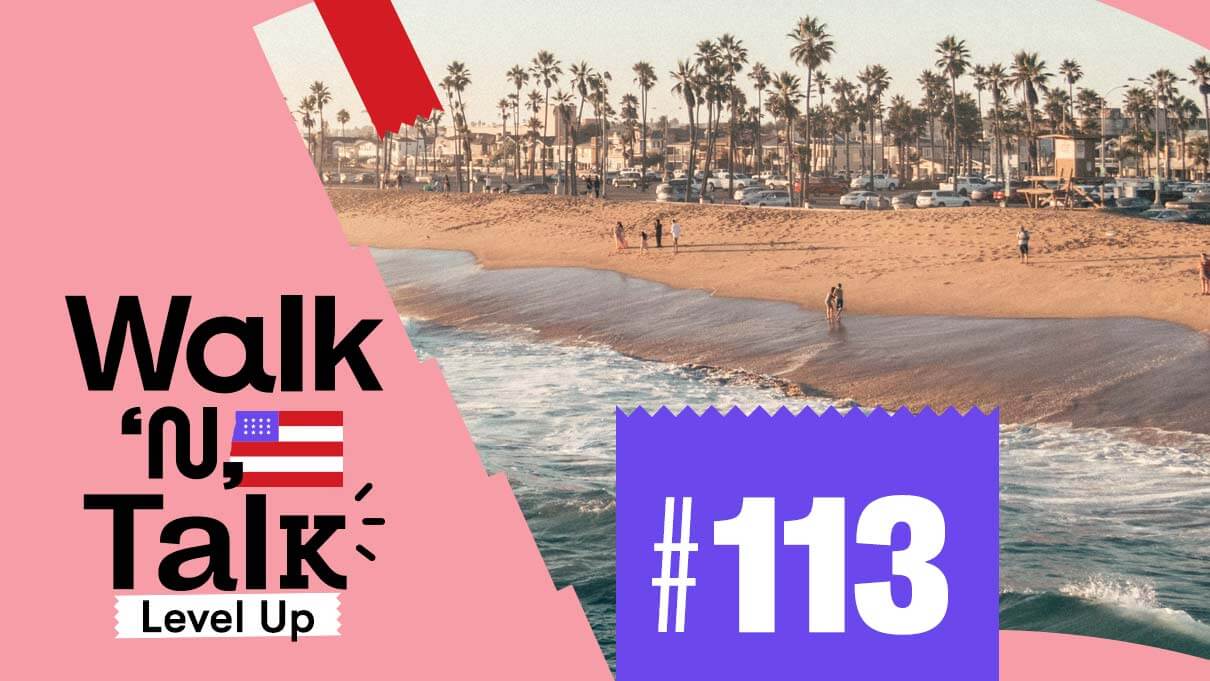

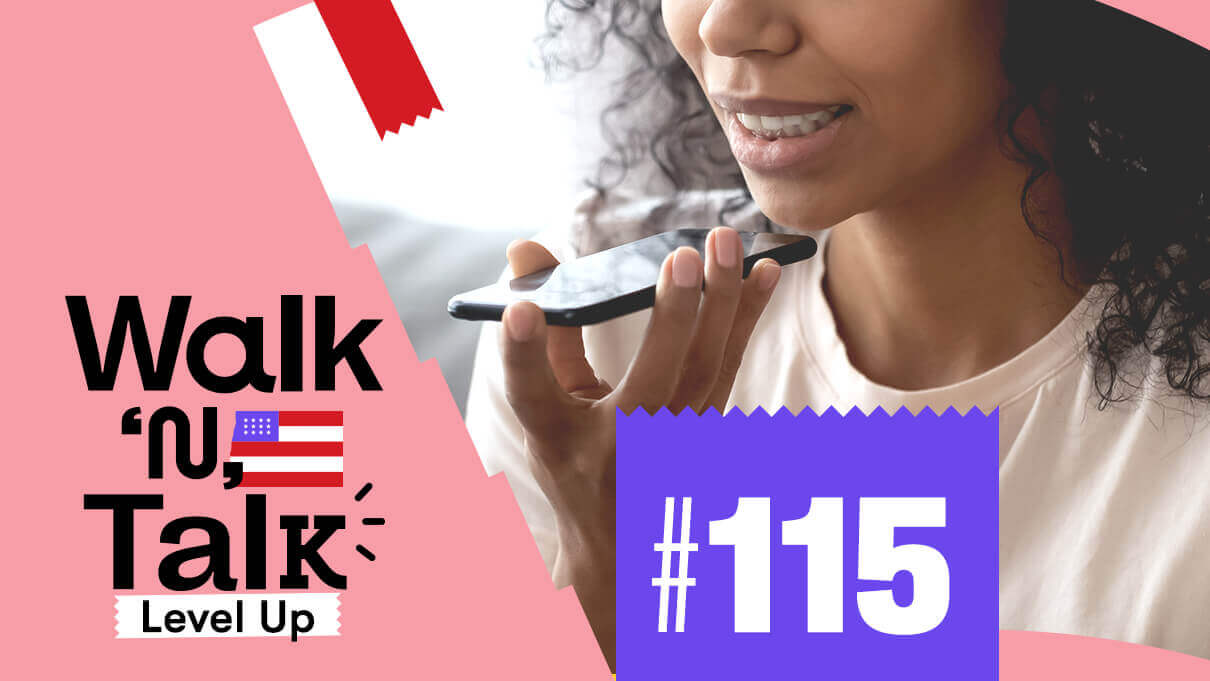
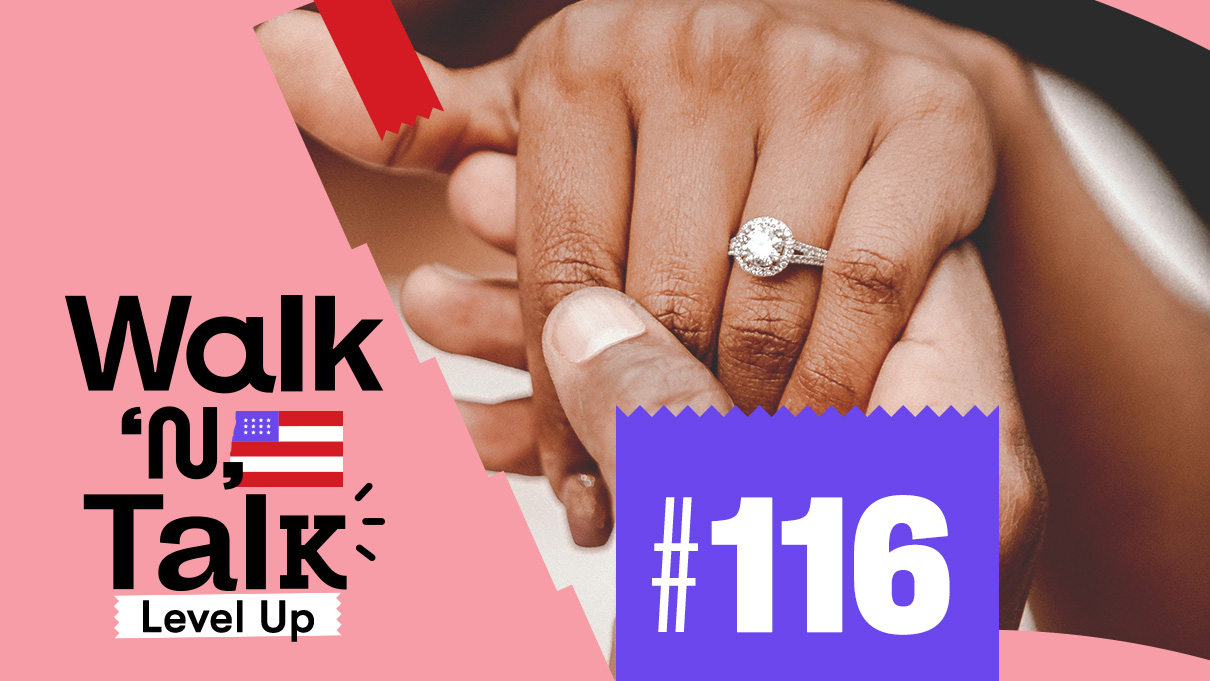
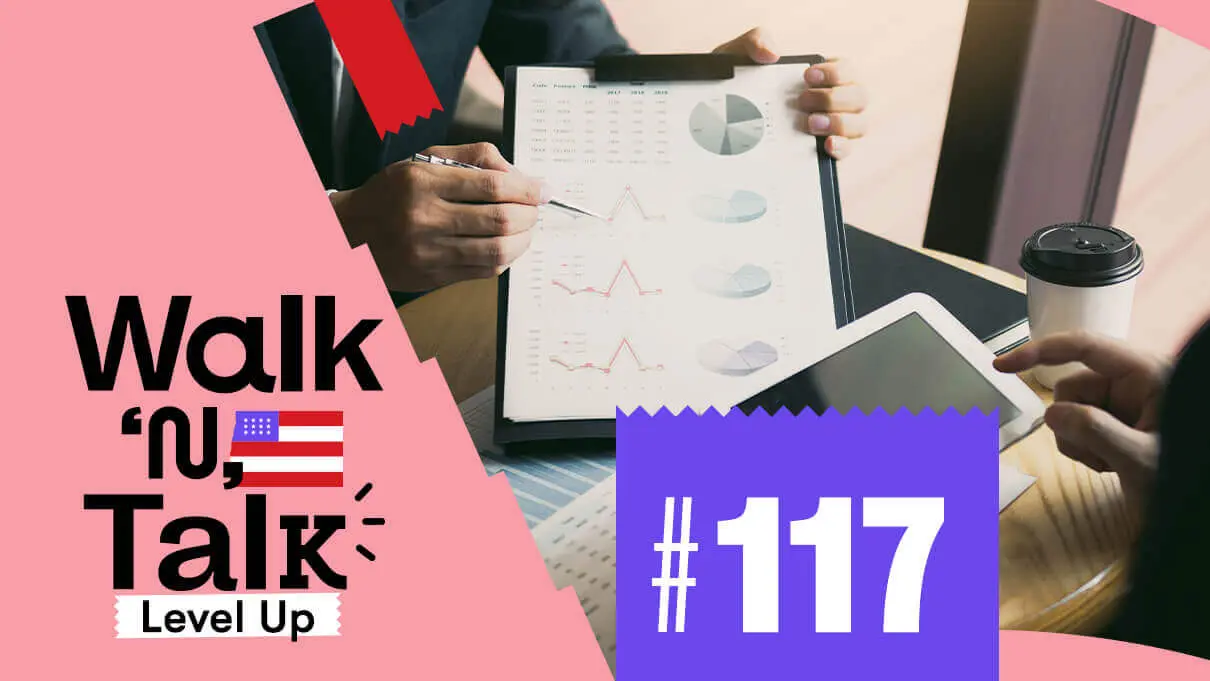
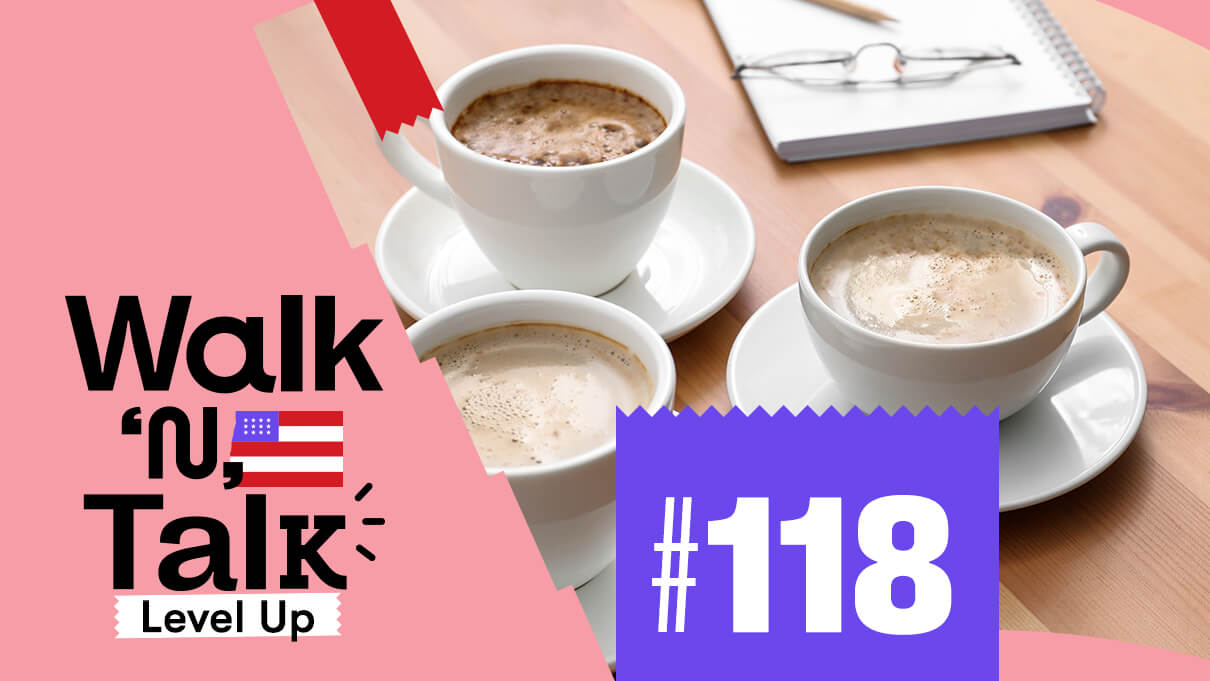
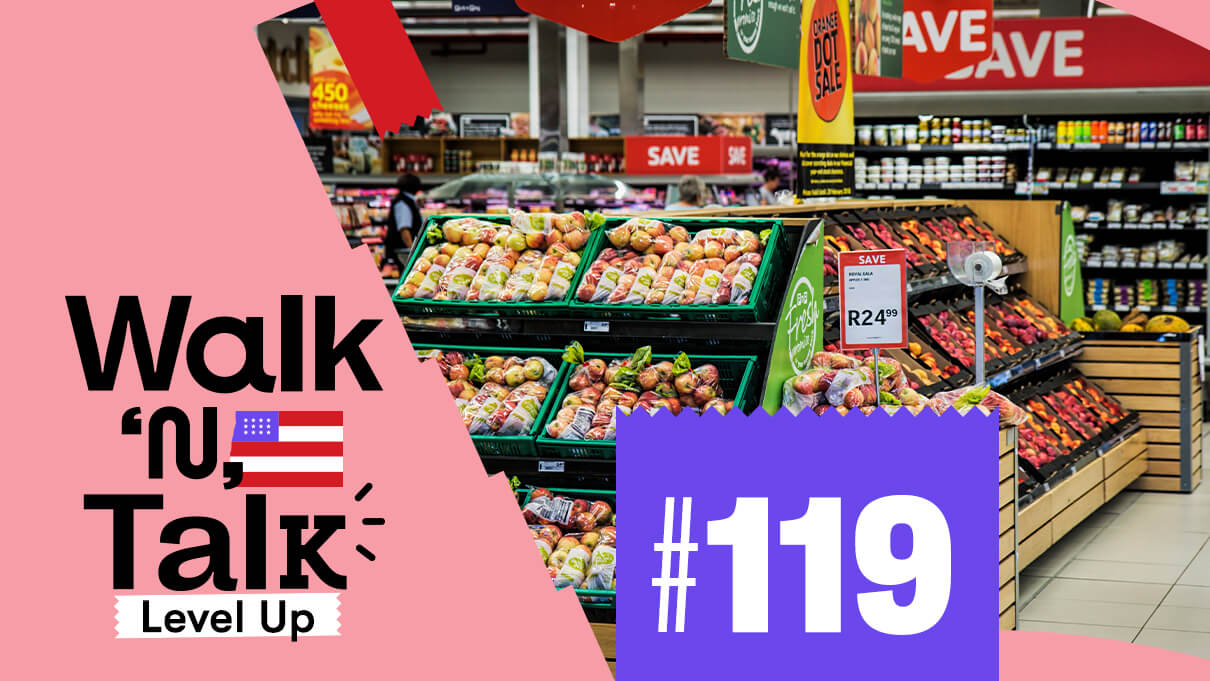
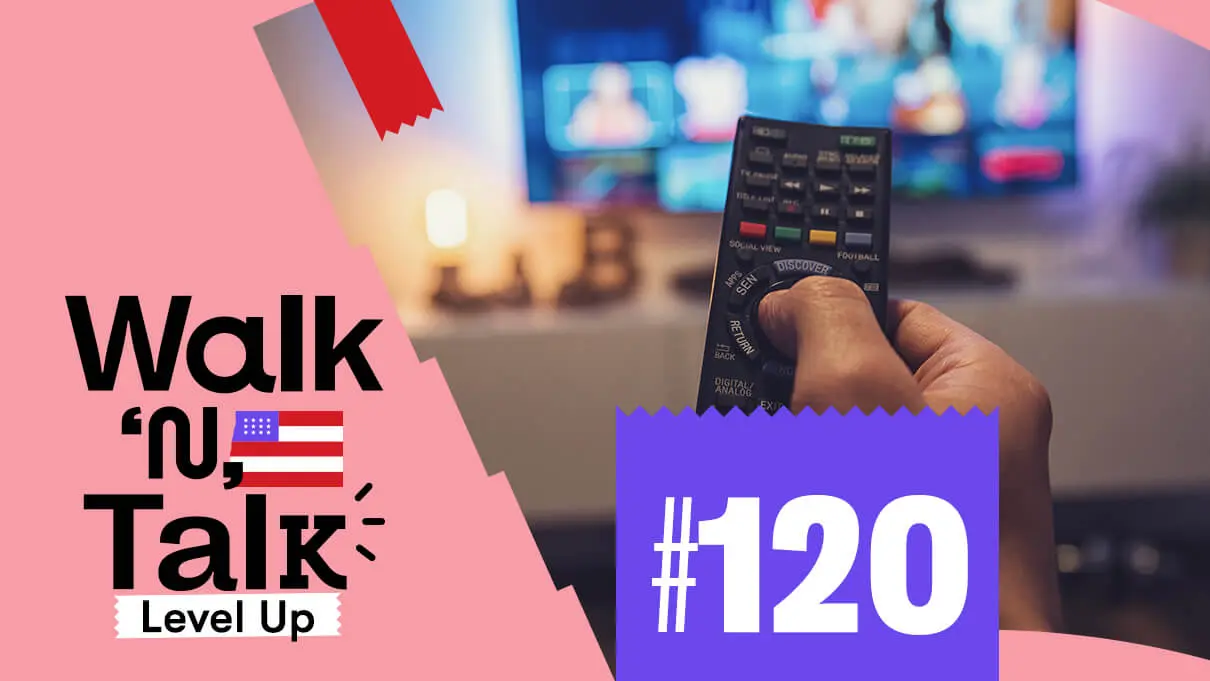
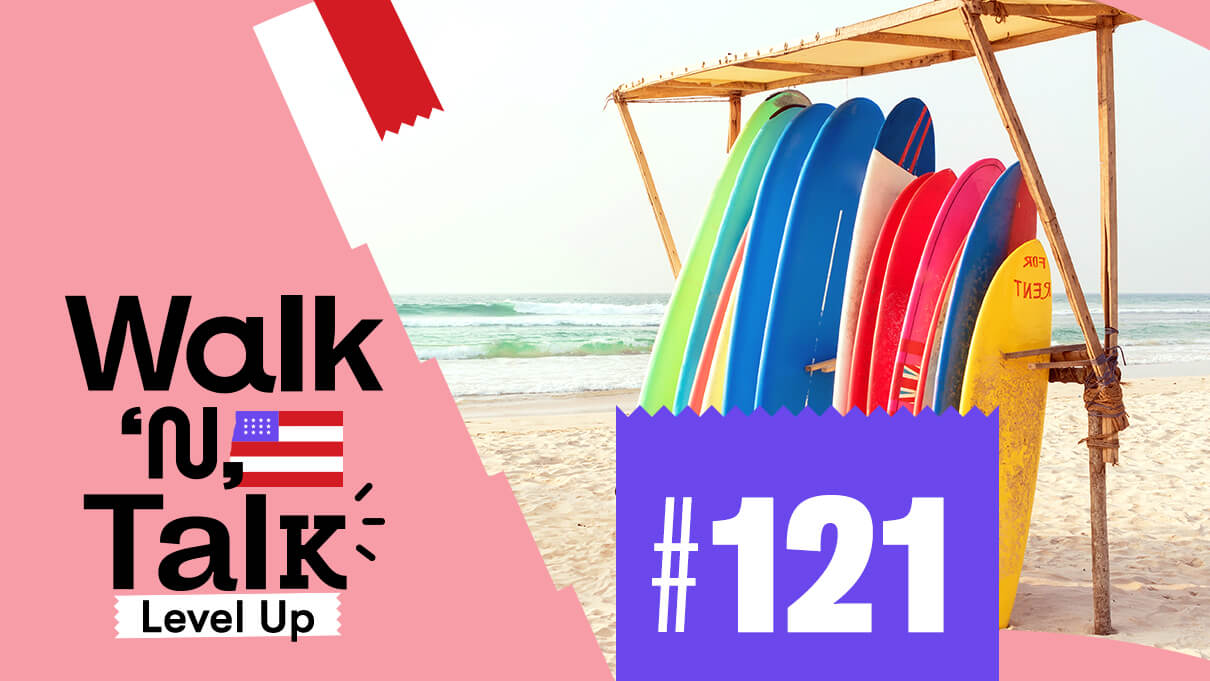
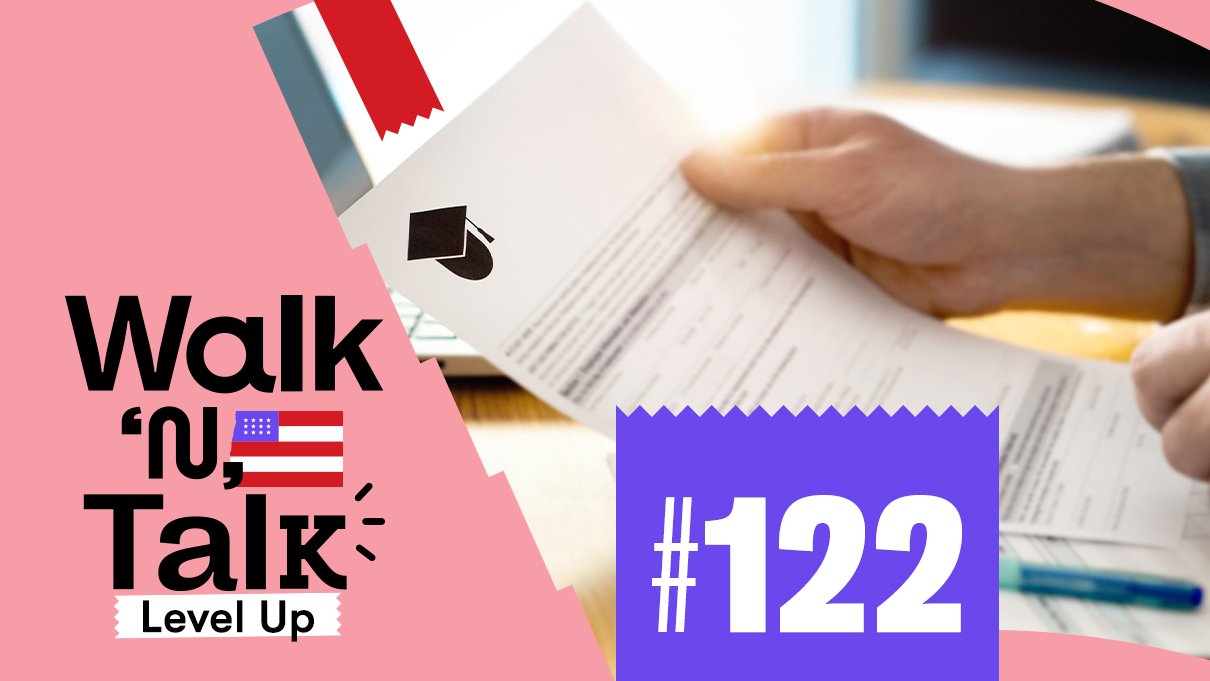
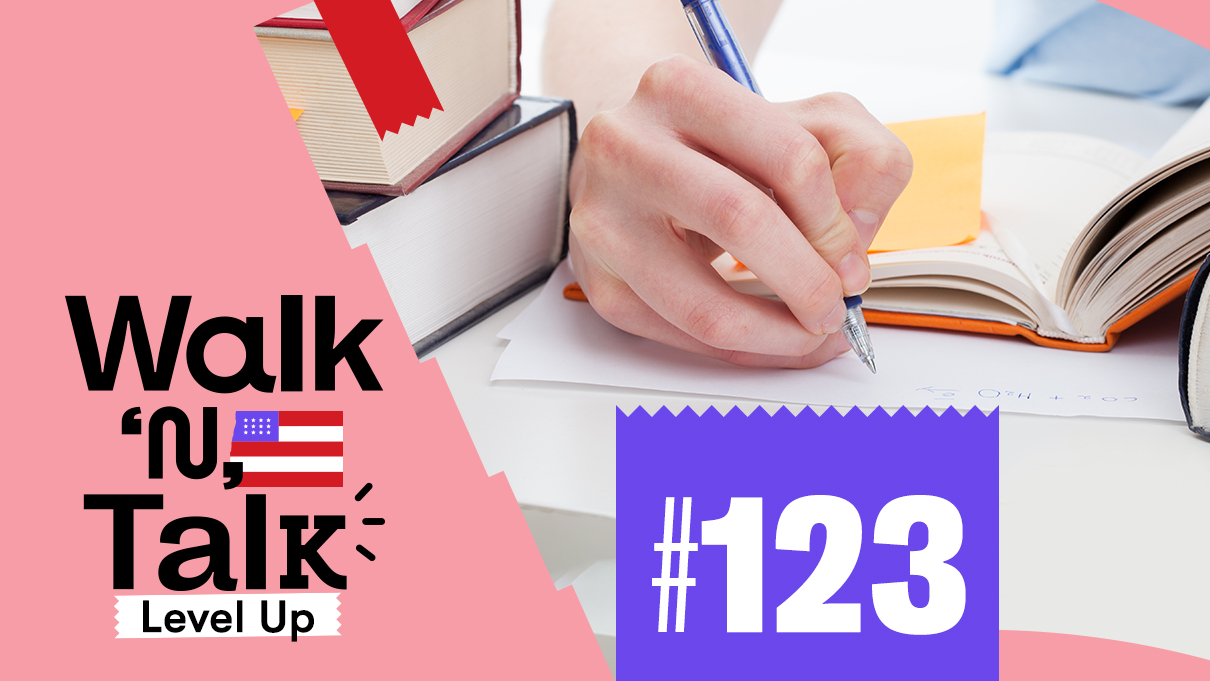


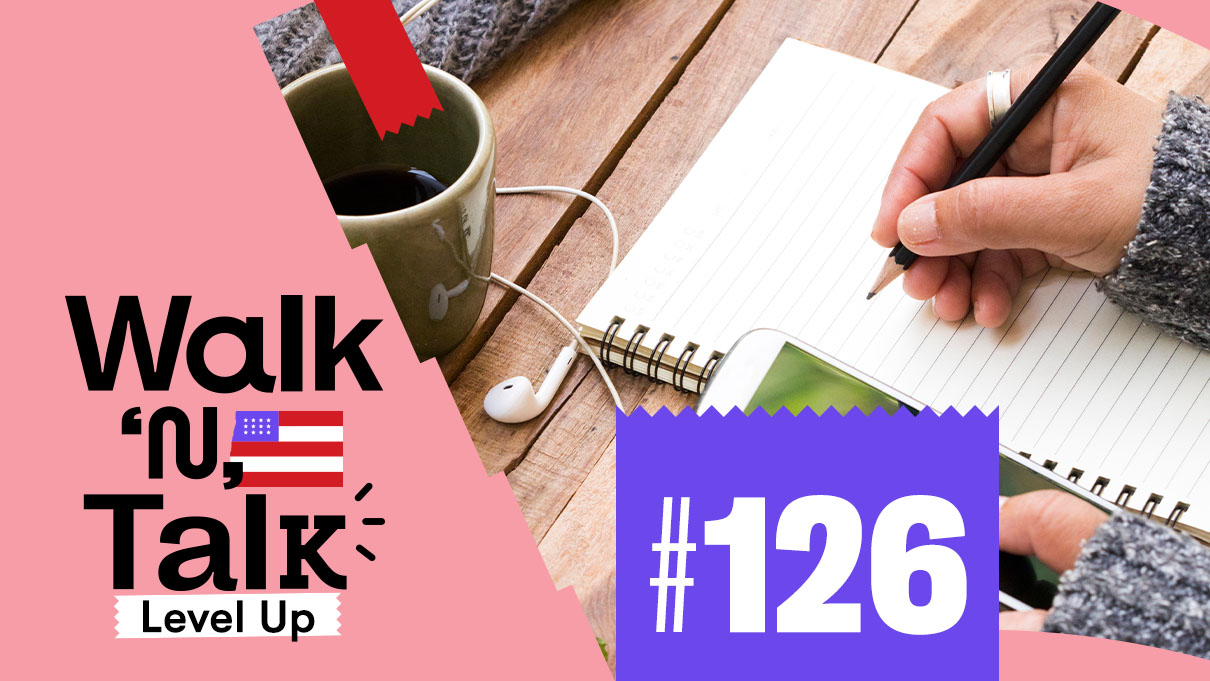
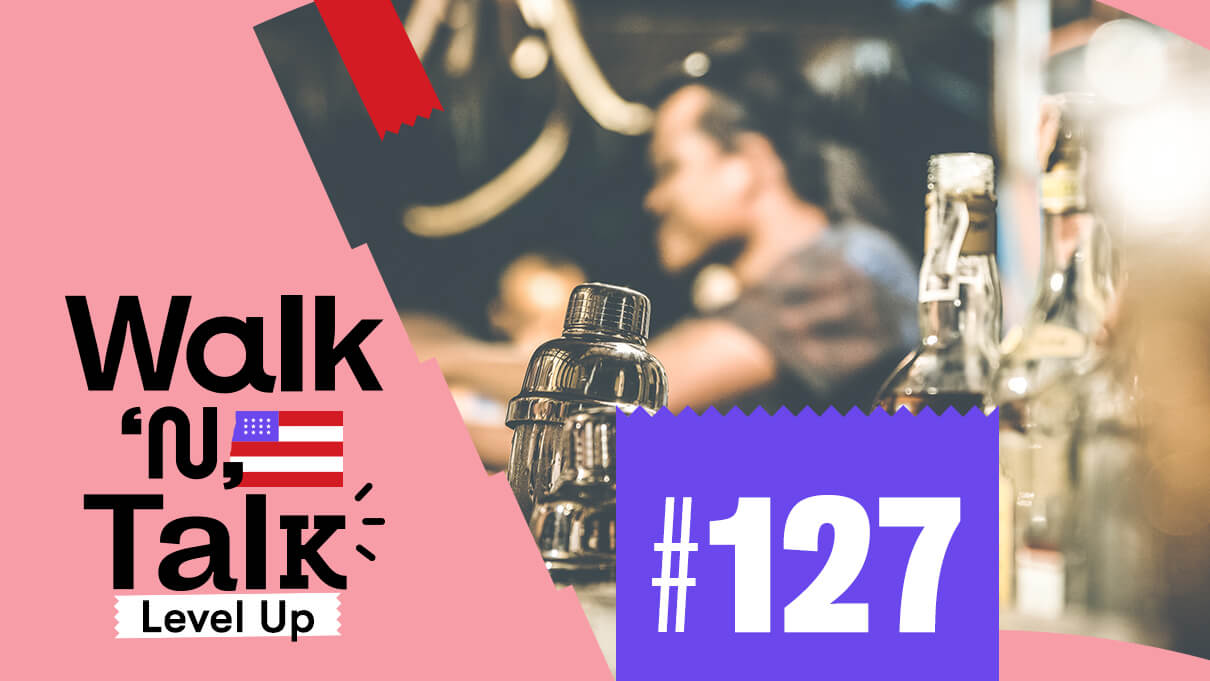
 Curso de Inglês
Curso de Inglês
 Curso de Espanhol
Curso de Espanhol
 Curso de Francês
Curso de Francês
 Curso de Mandarim
Curso de Mandarim
 Curso de Italiano
Curso de Italiano
 Curso de Japonês
Curso de Japonês
 Curso de Alemão
Curso de Alemão
 Curso de Coreano
Curso de Coreano







 Blog
Blog  Podcast
Podcast  Lives
Lives  Aulas
Aulas  eBooks
eBooks  Minicursos
Minicursos





